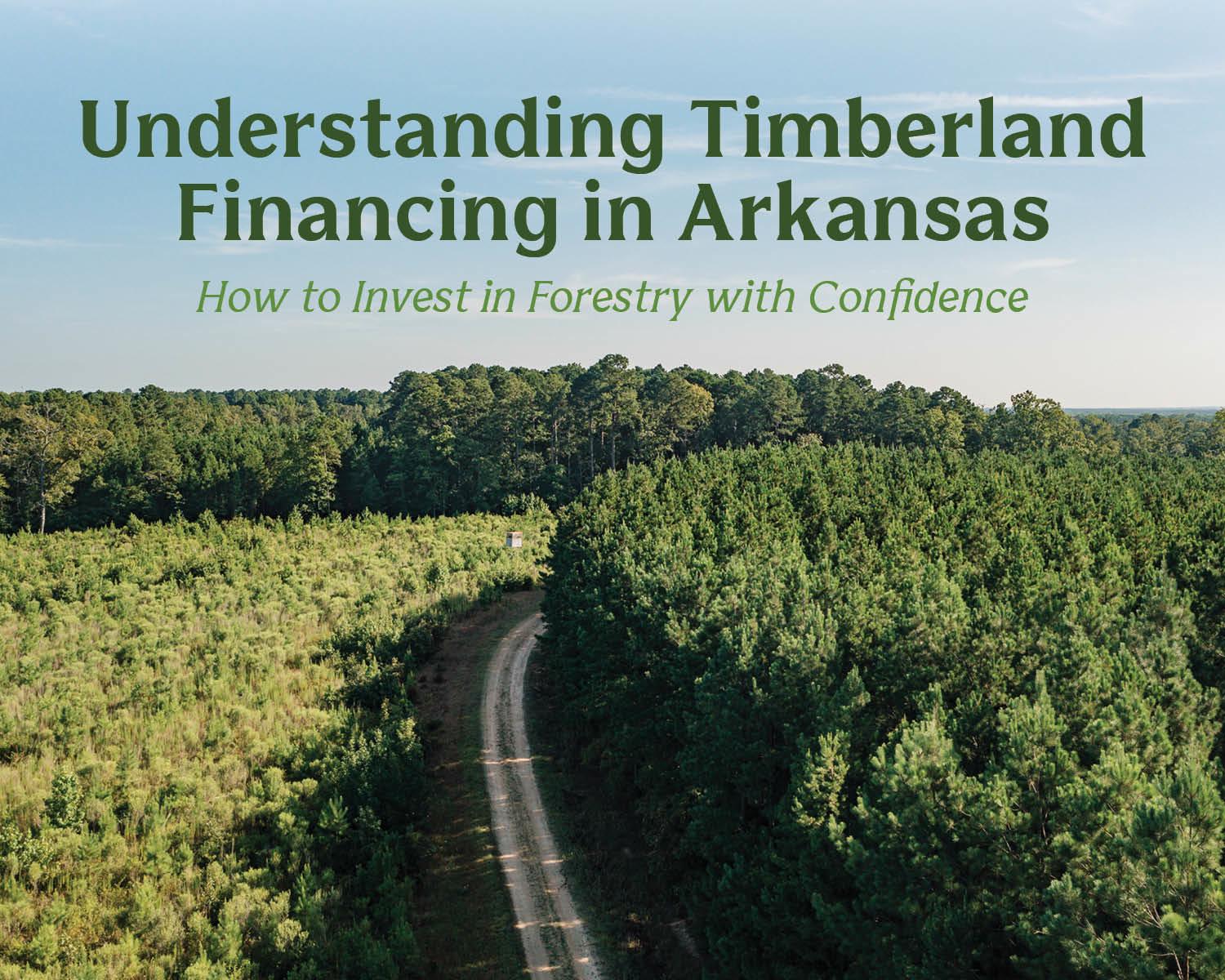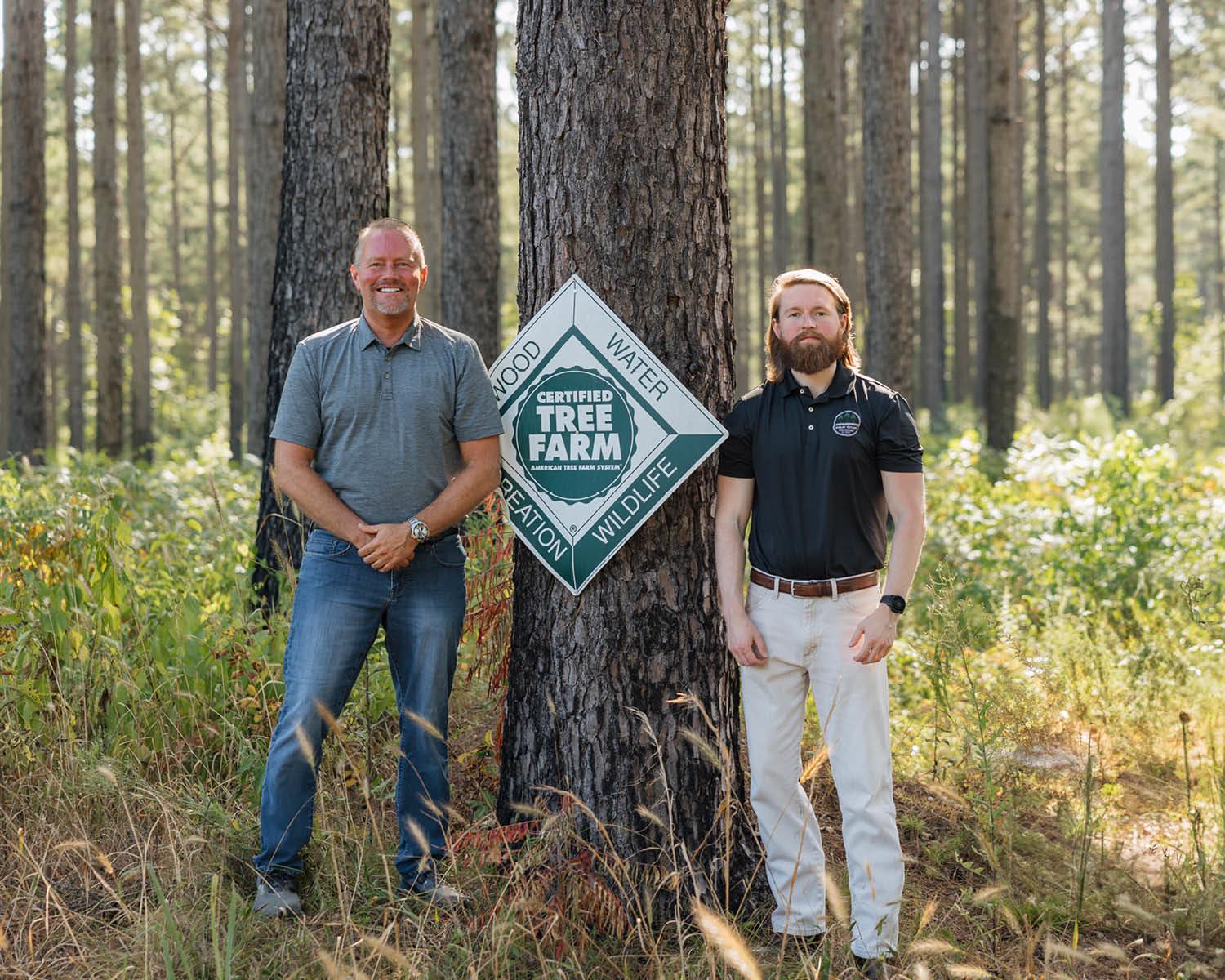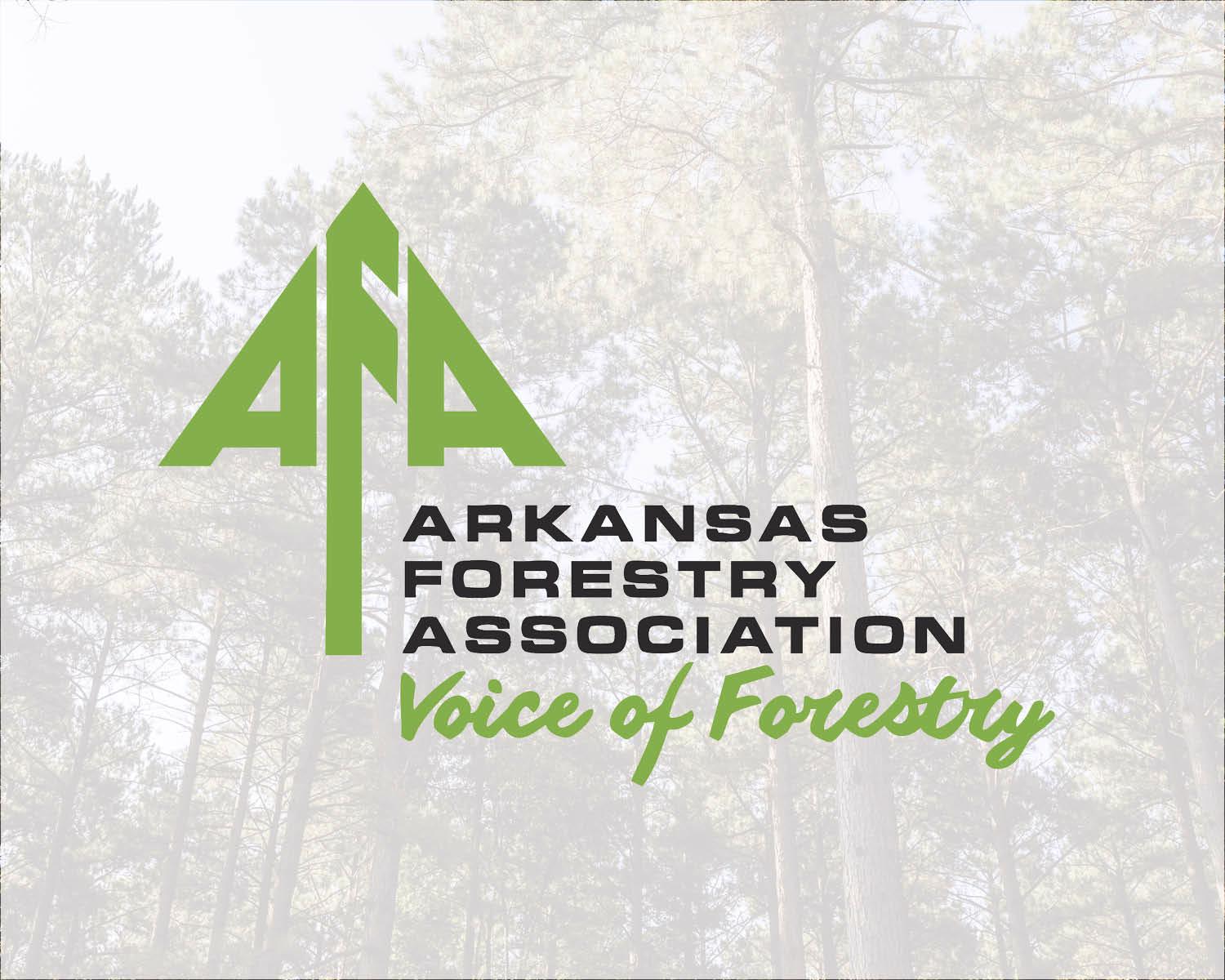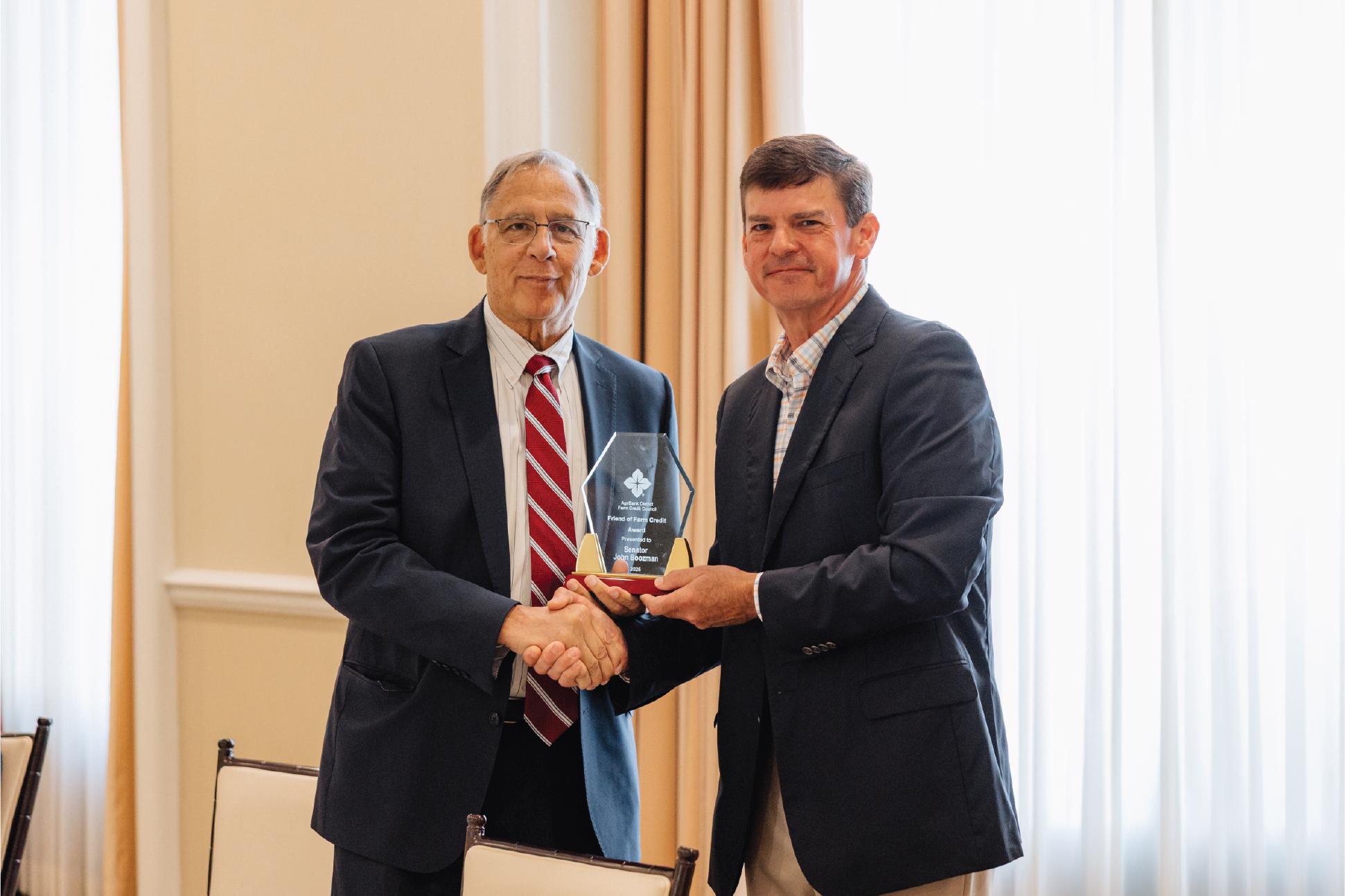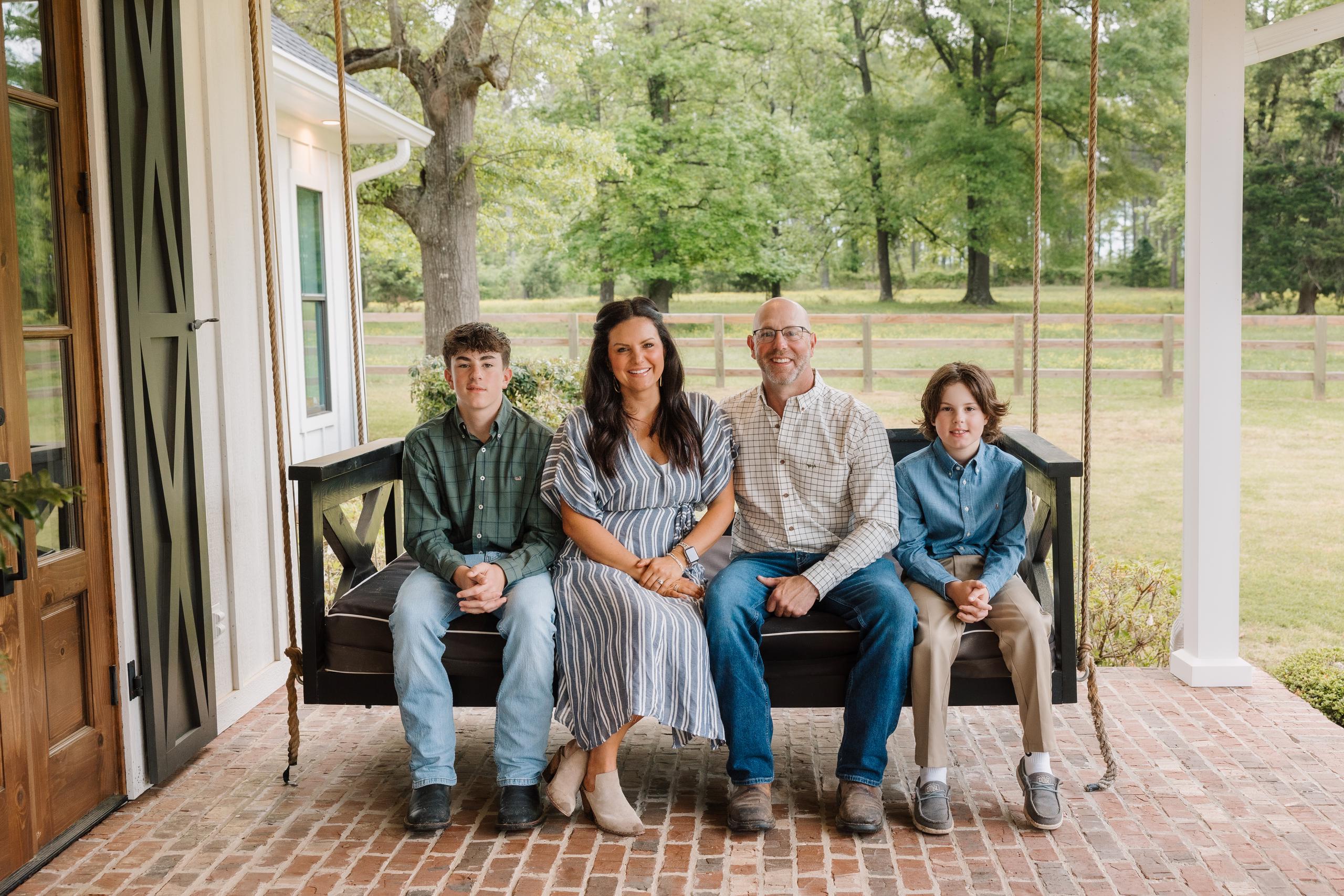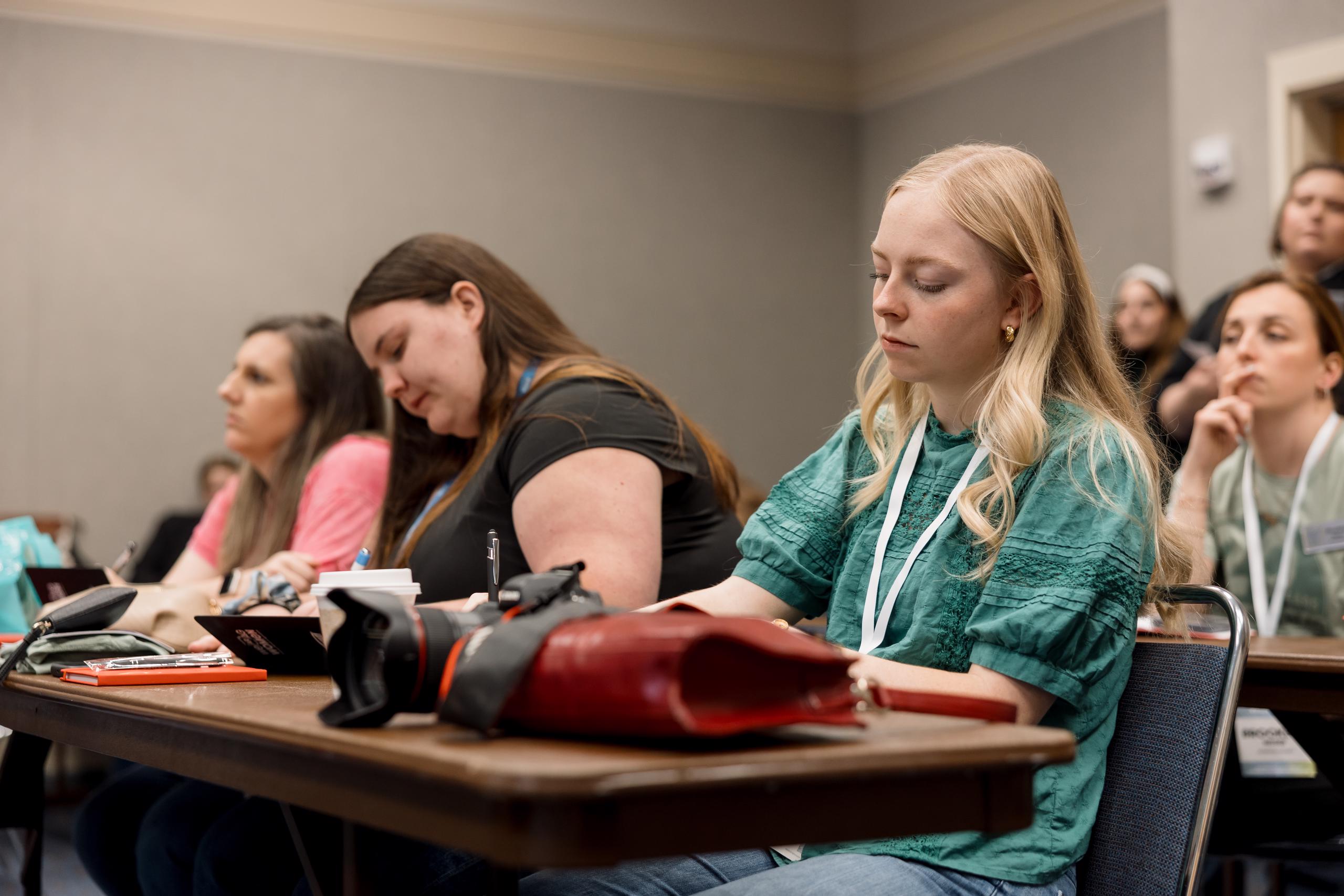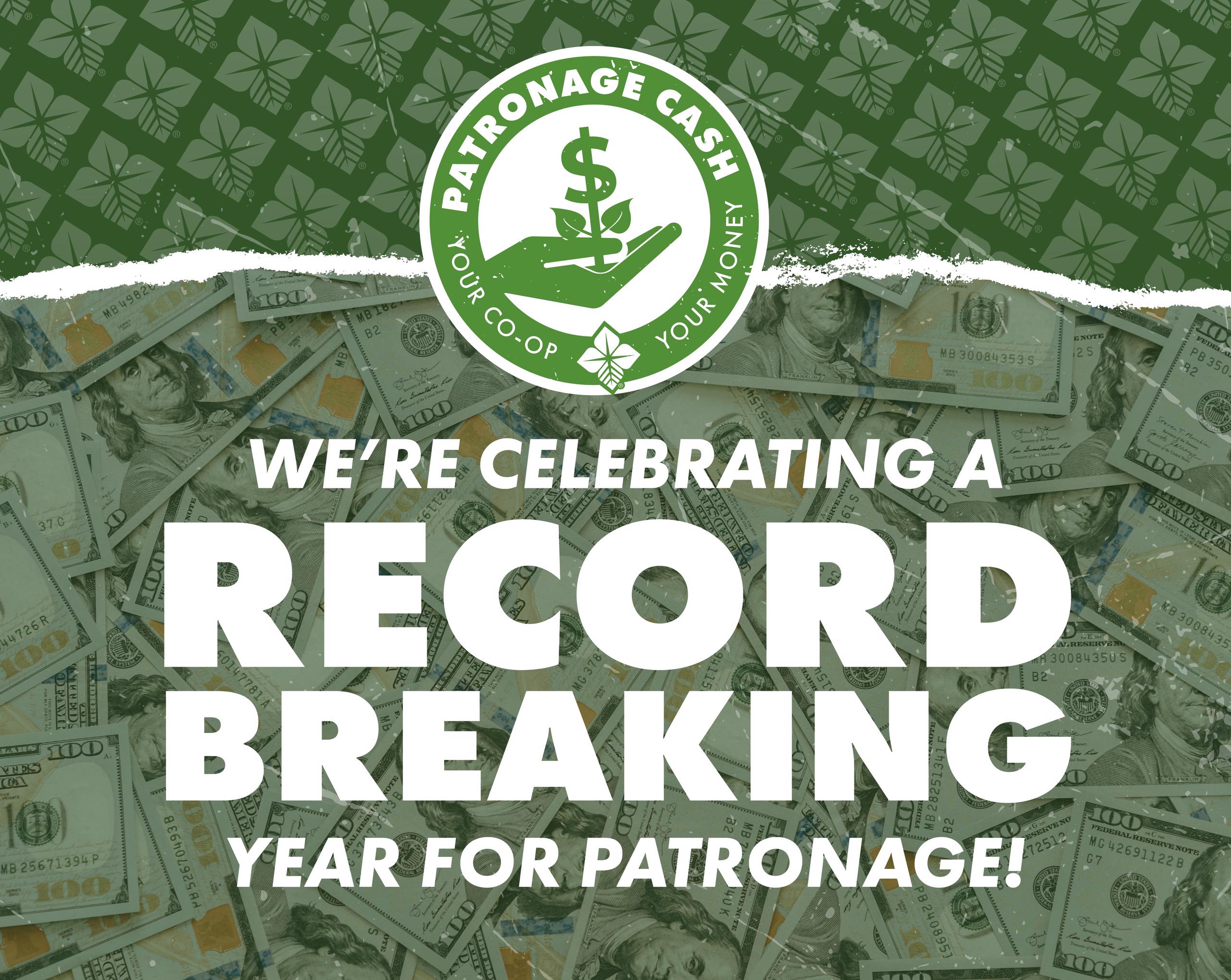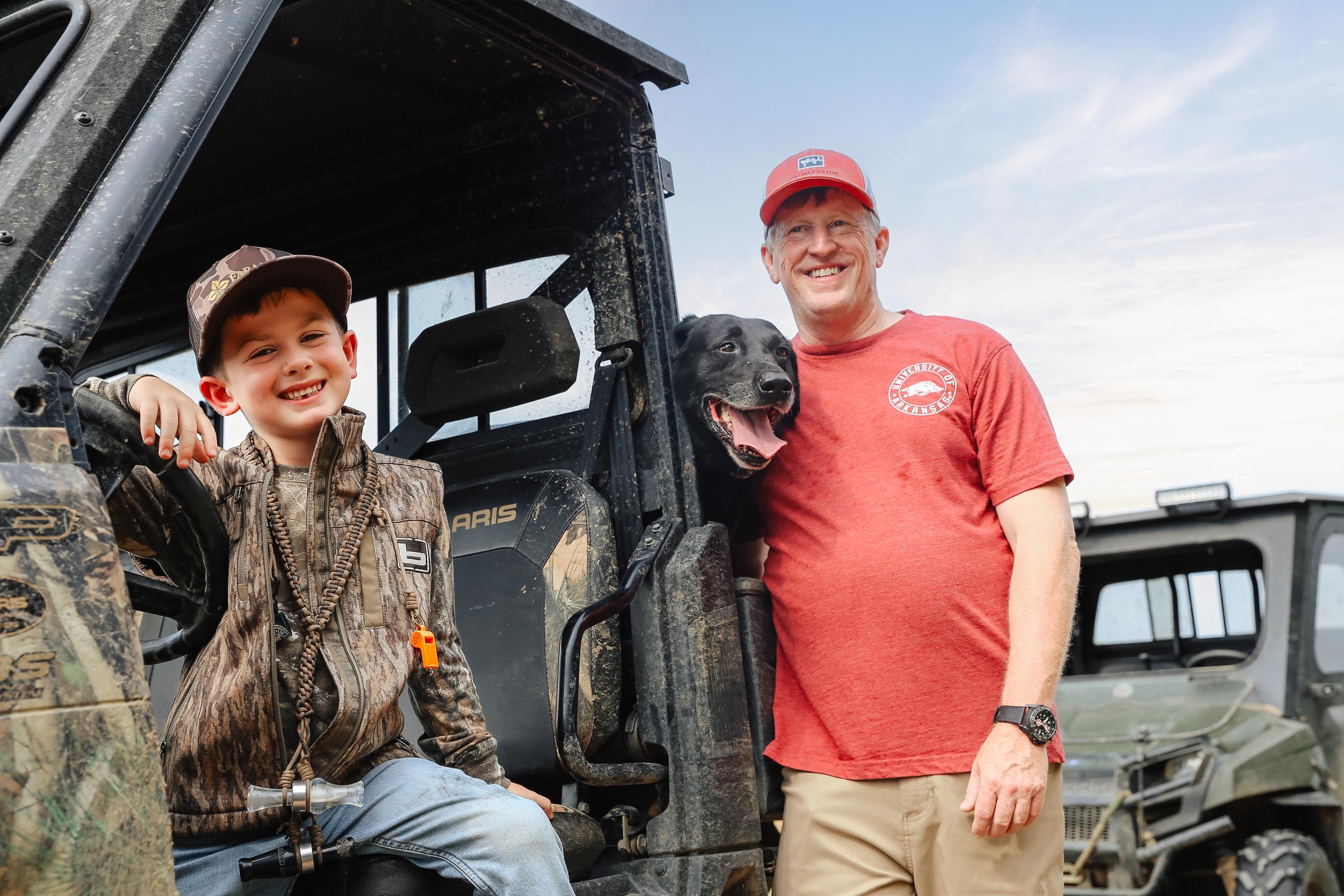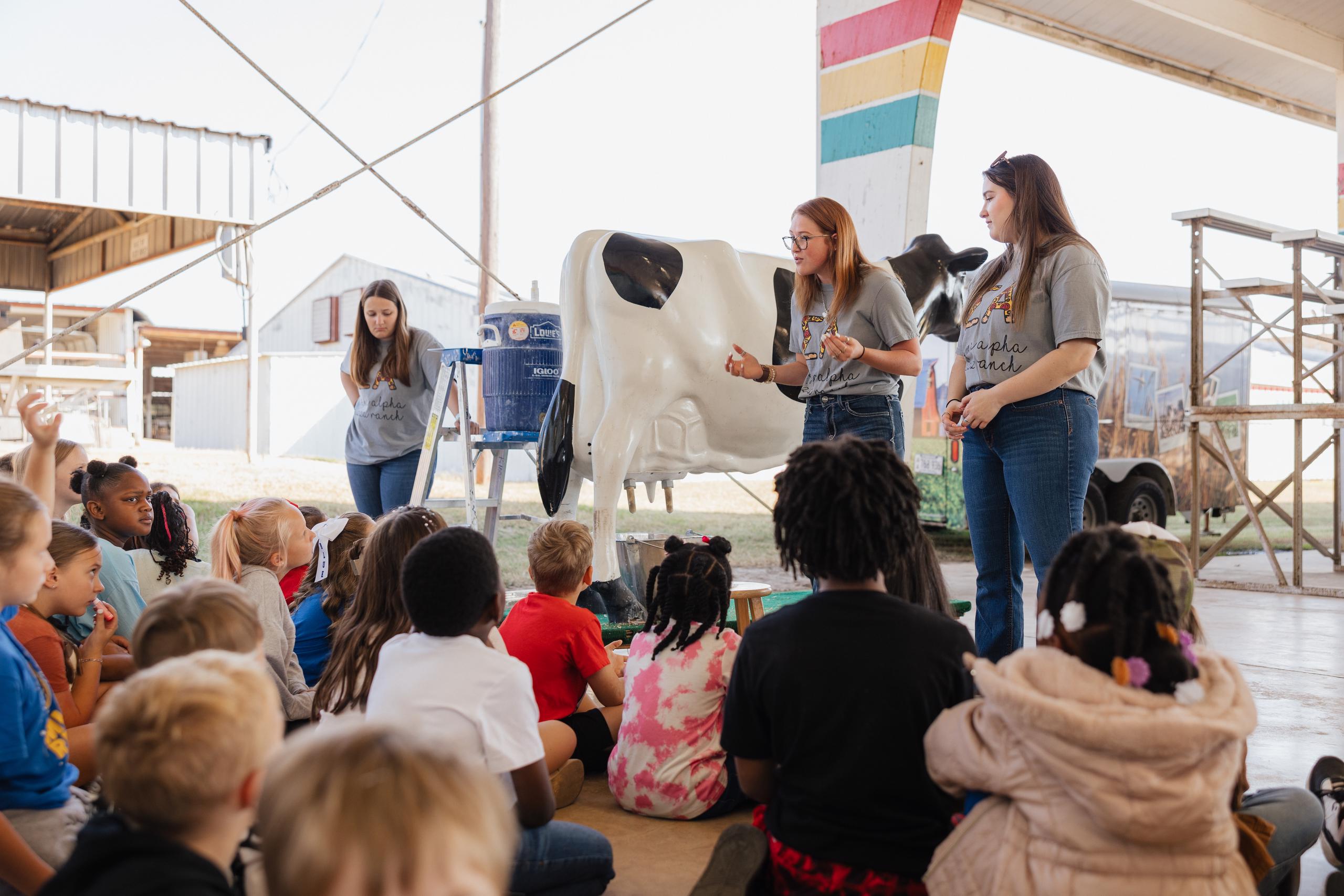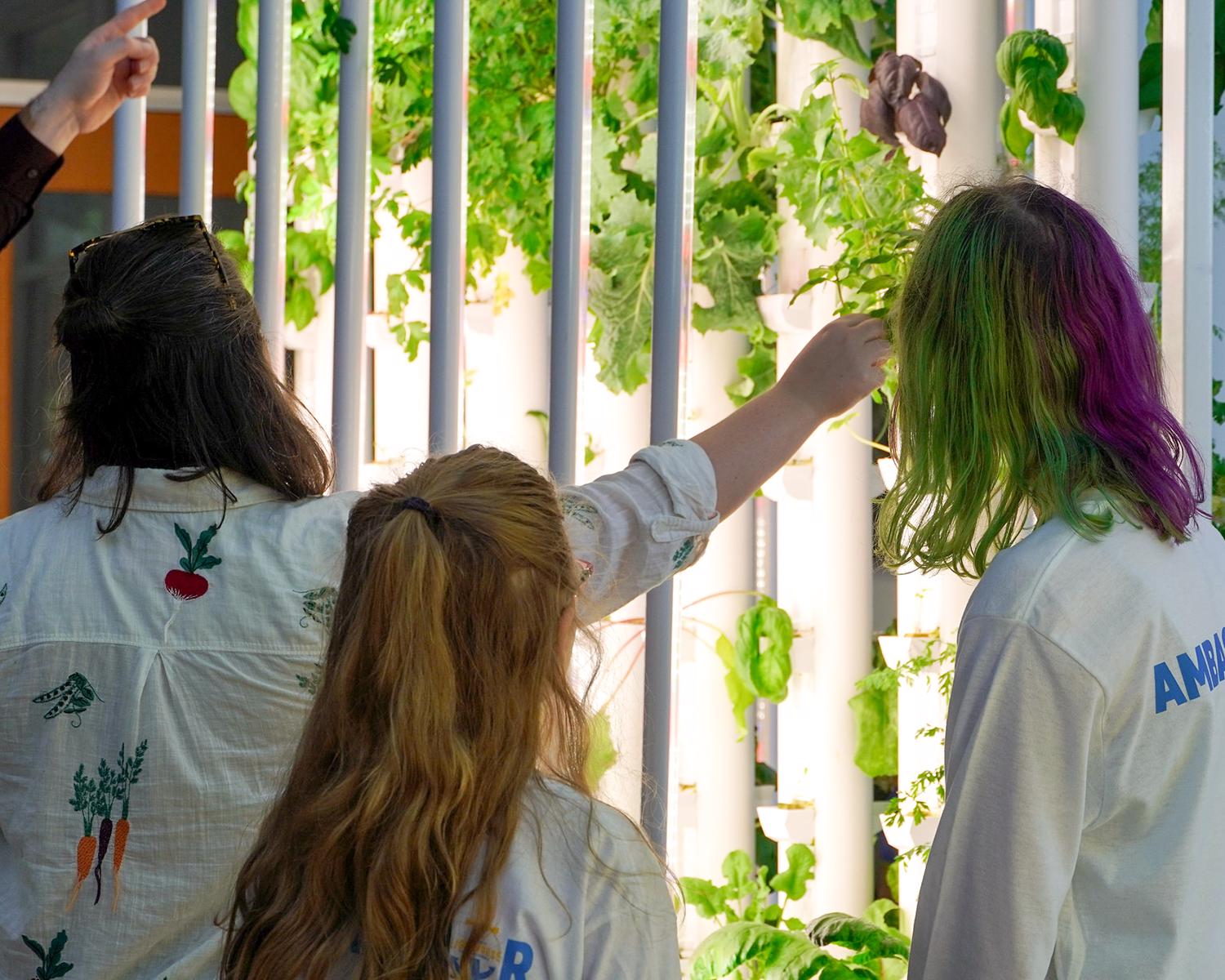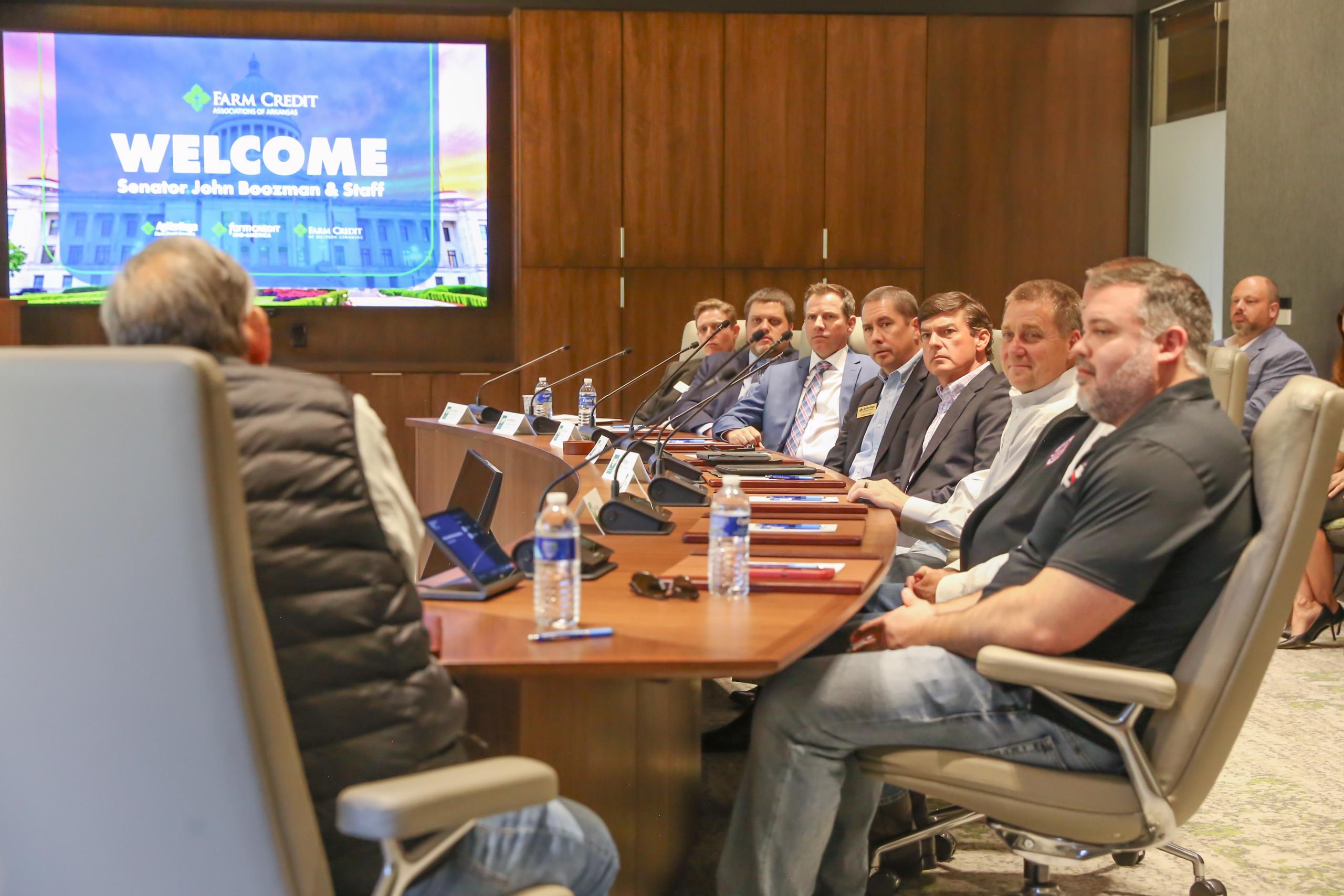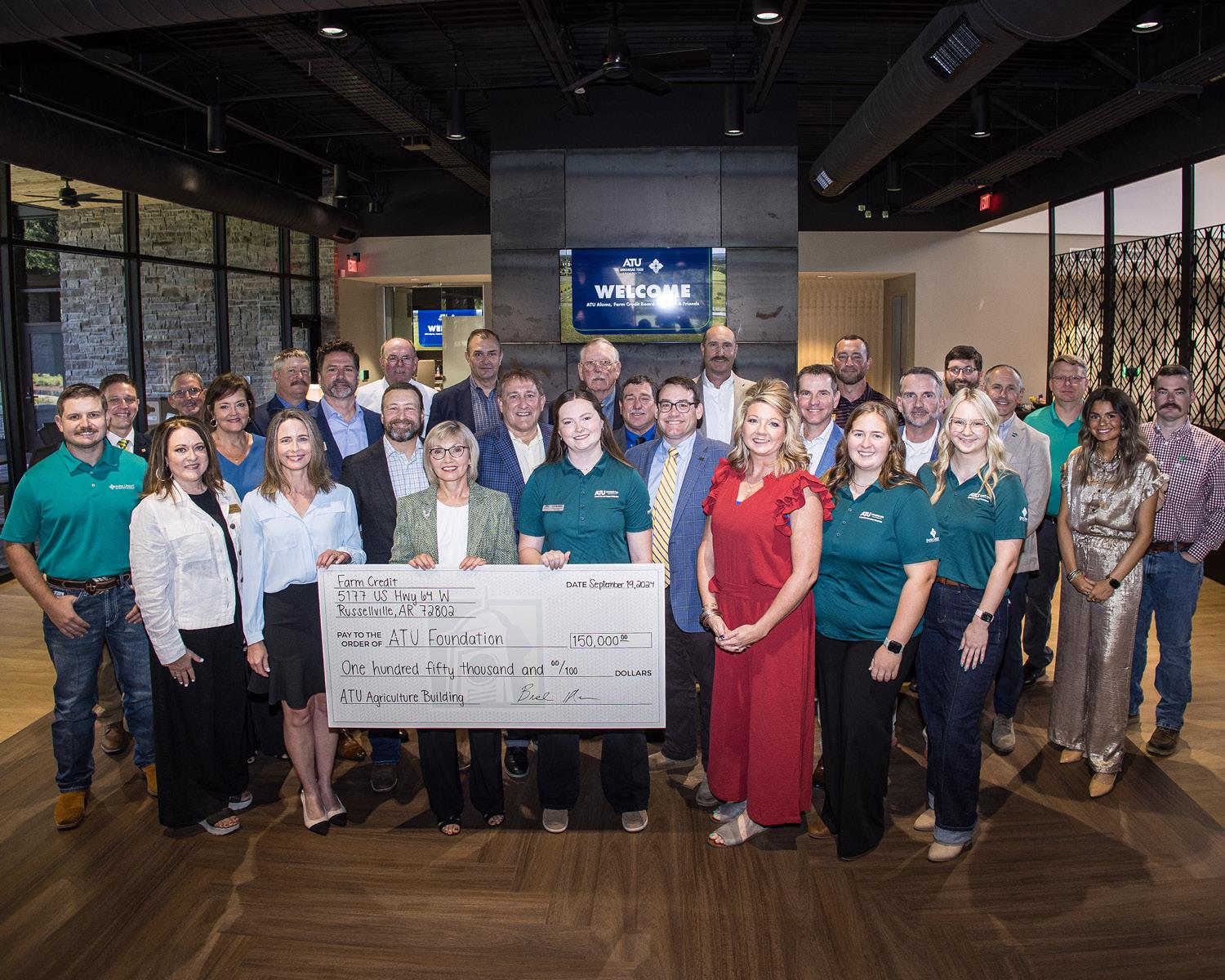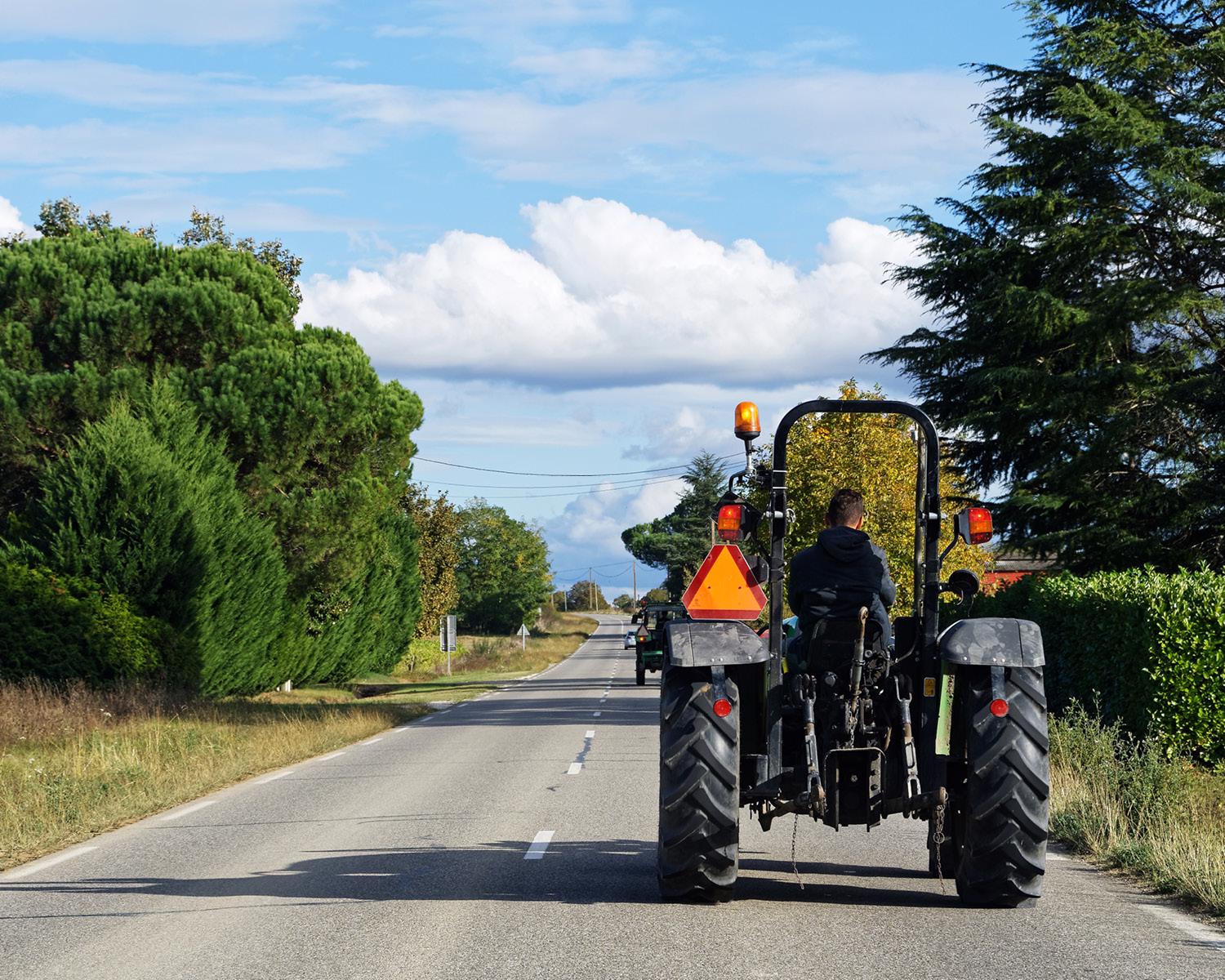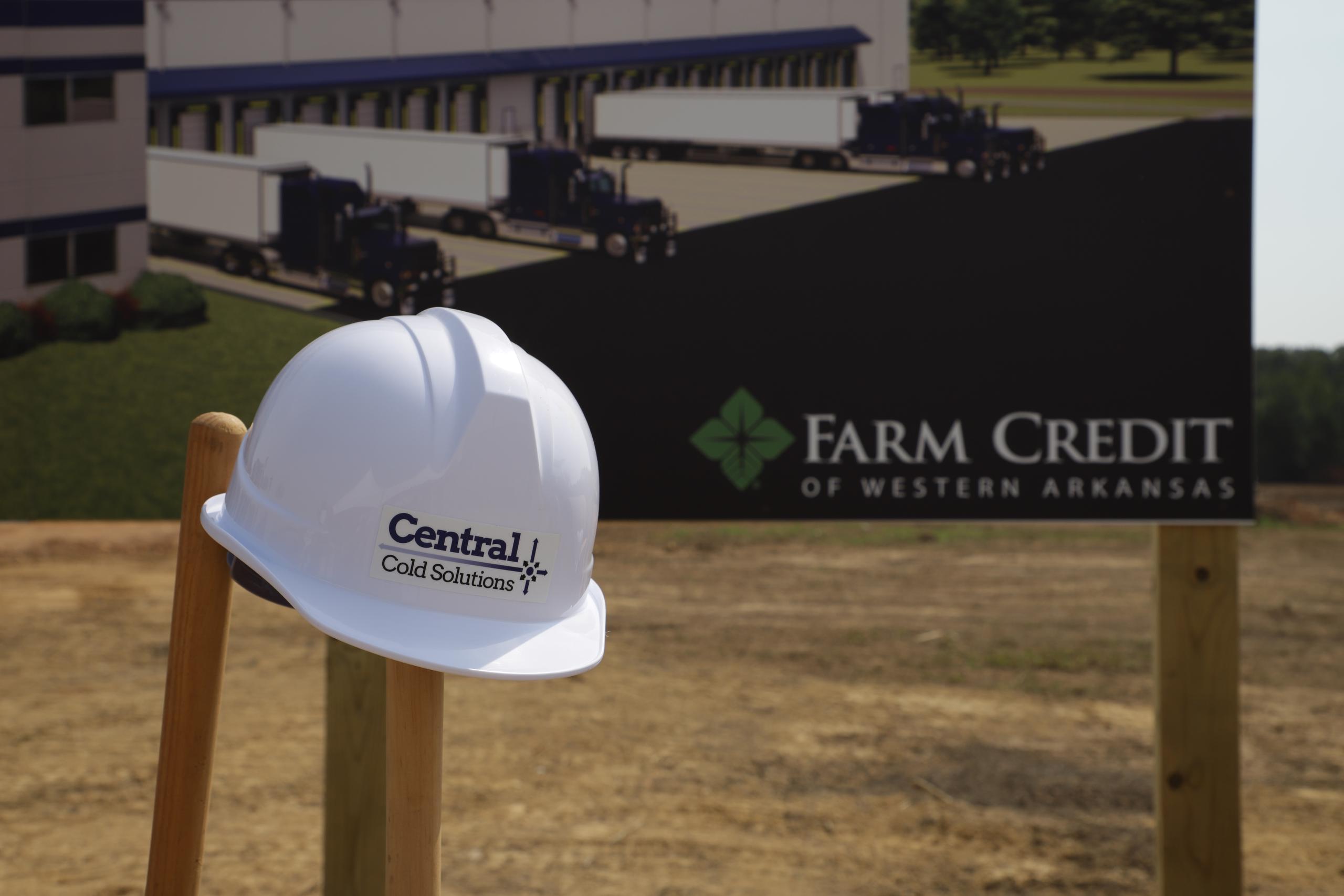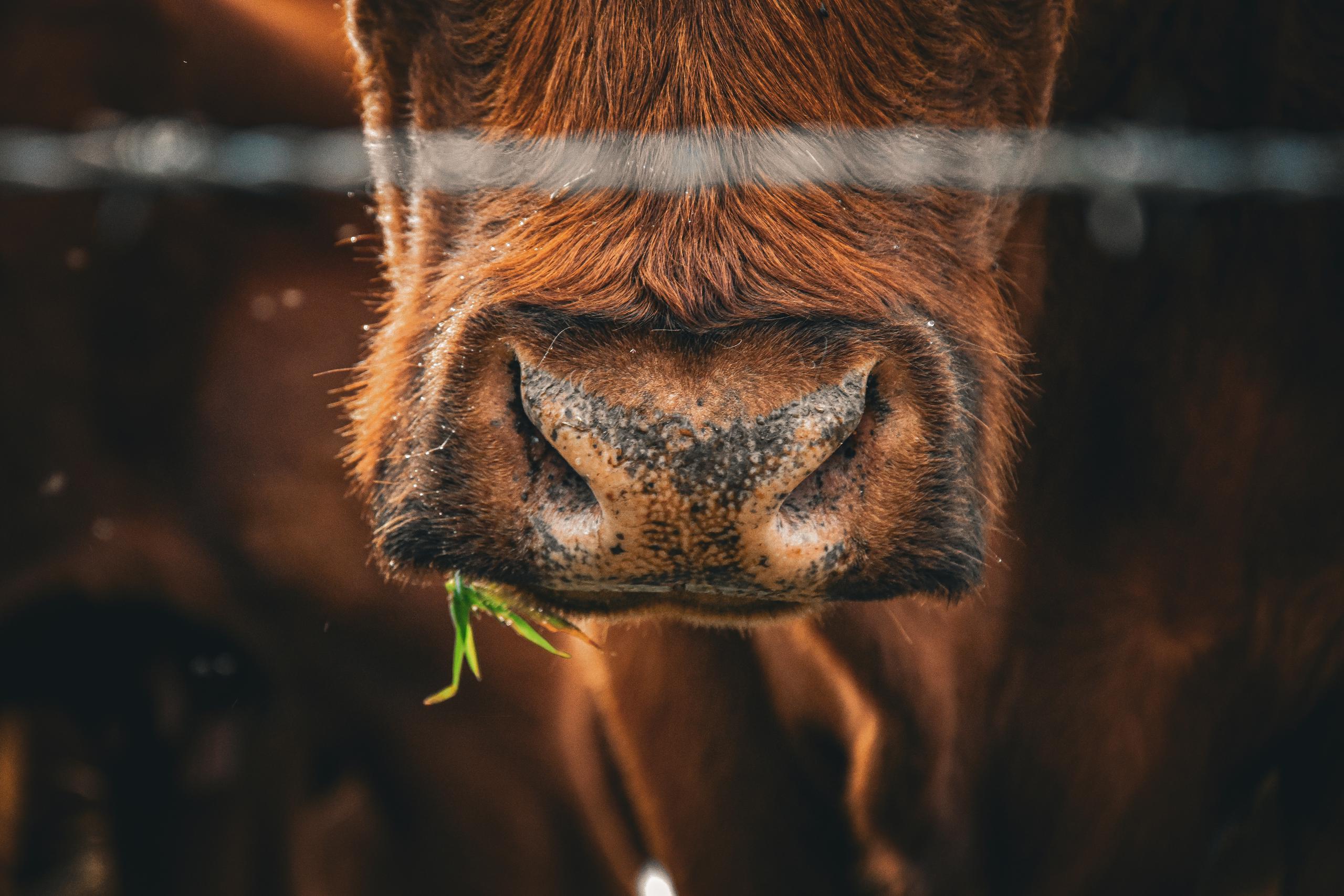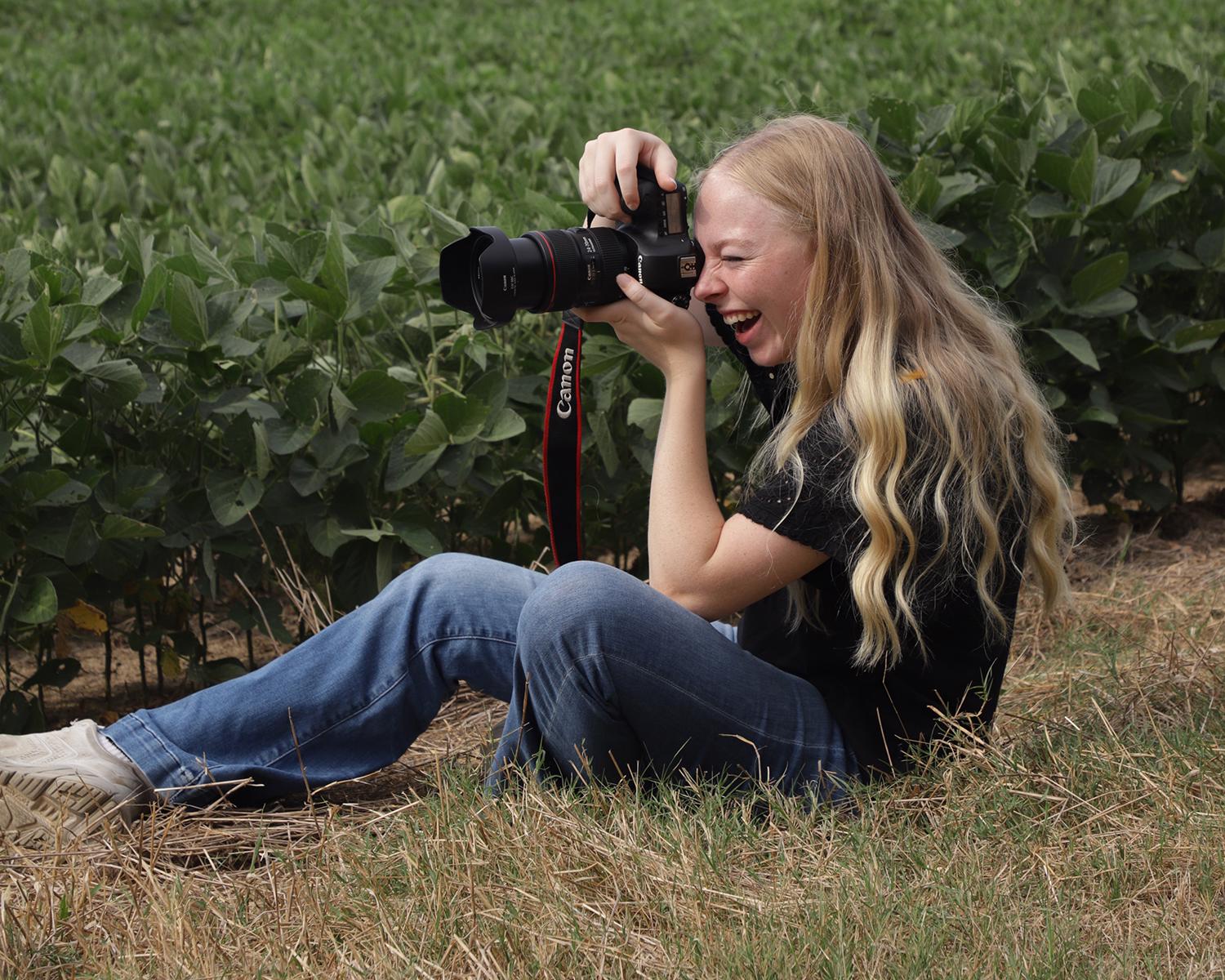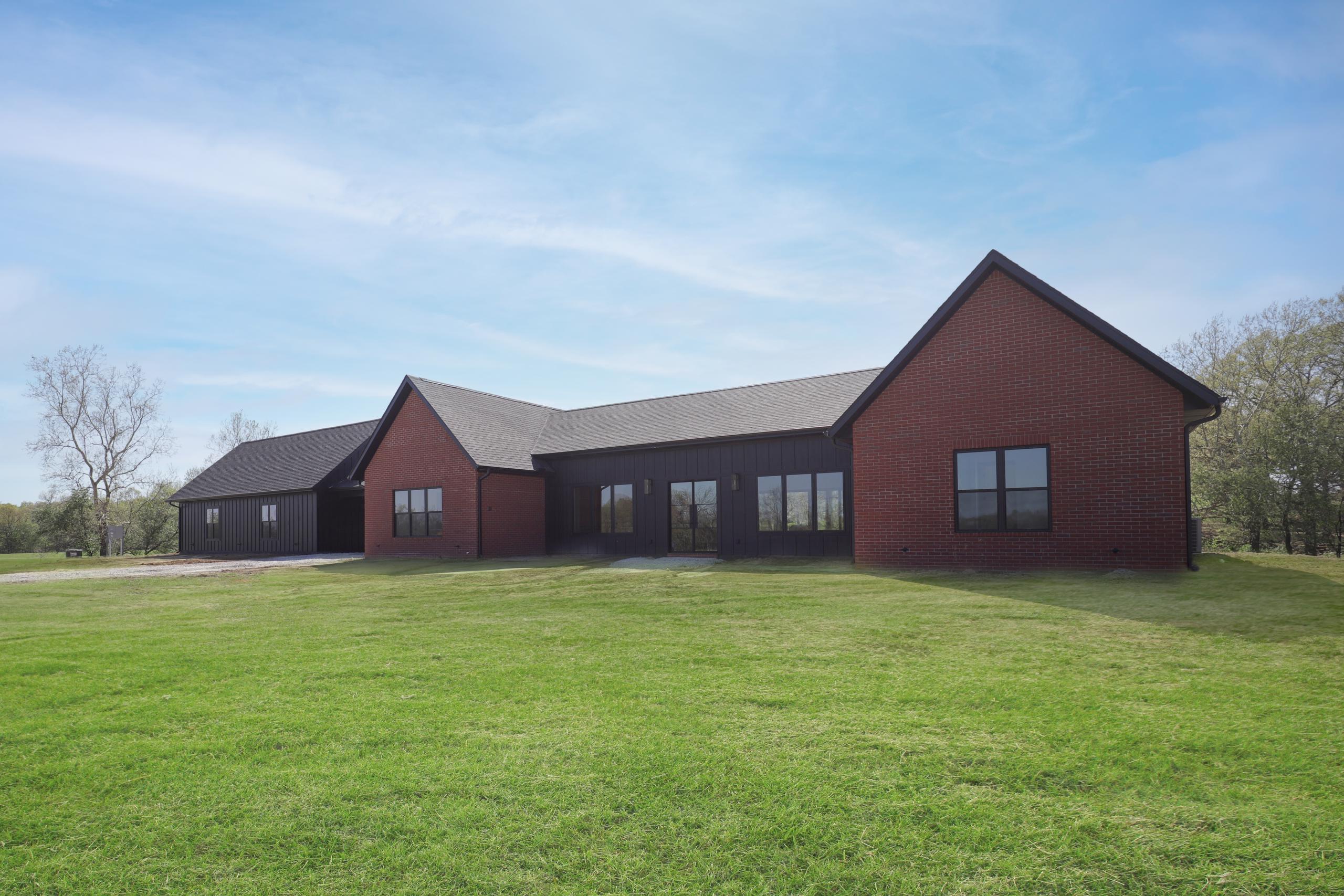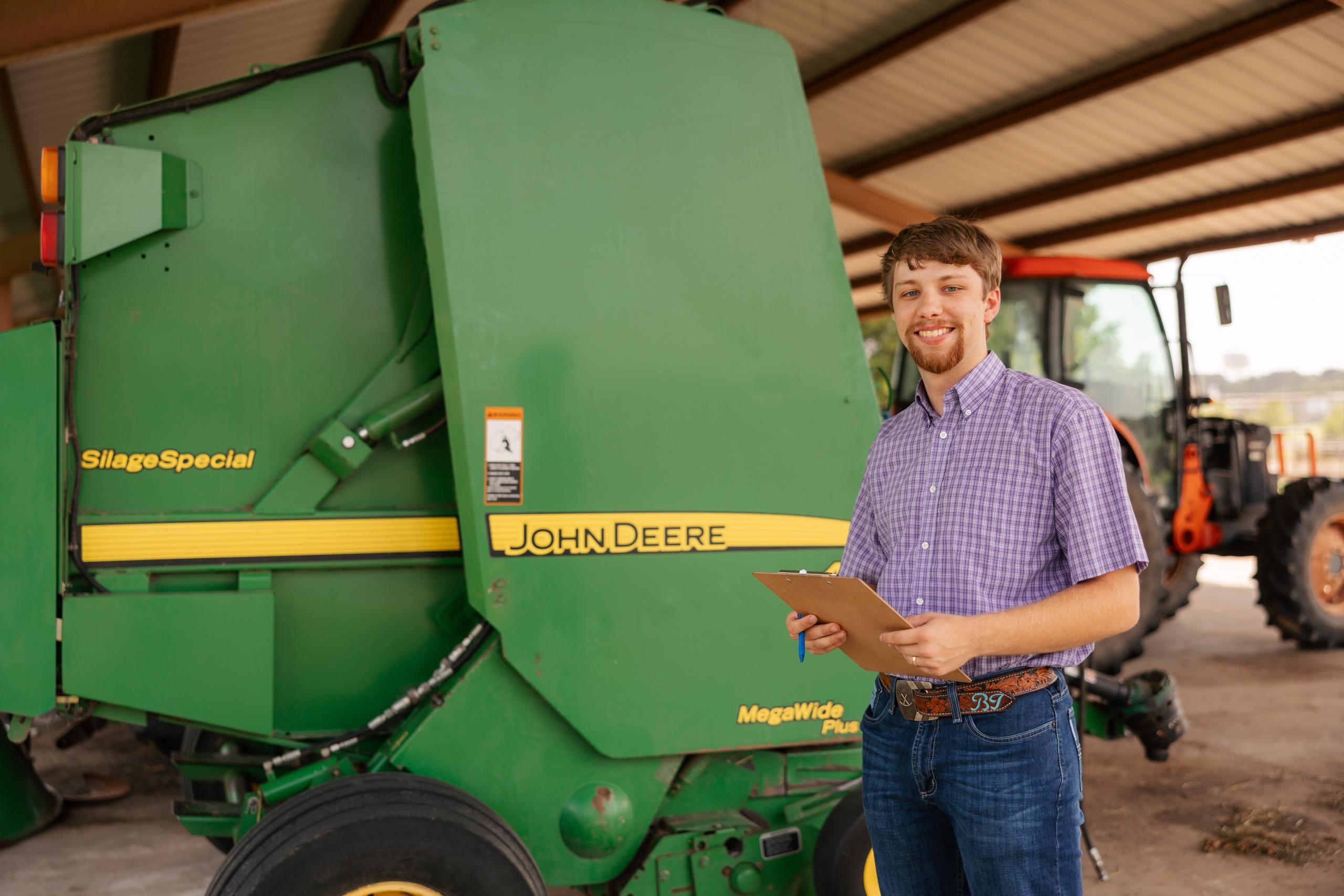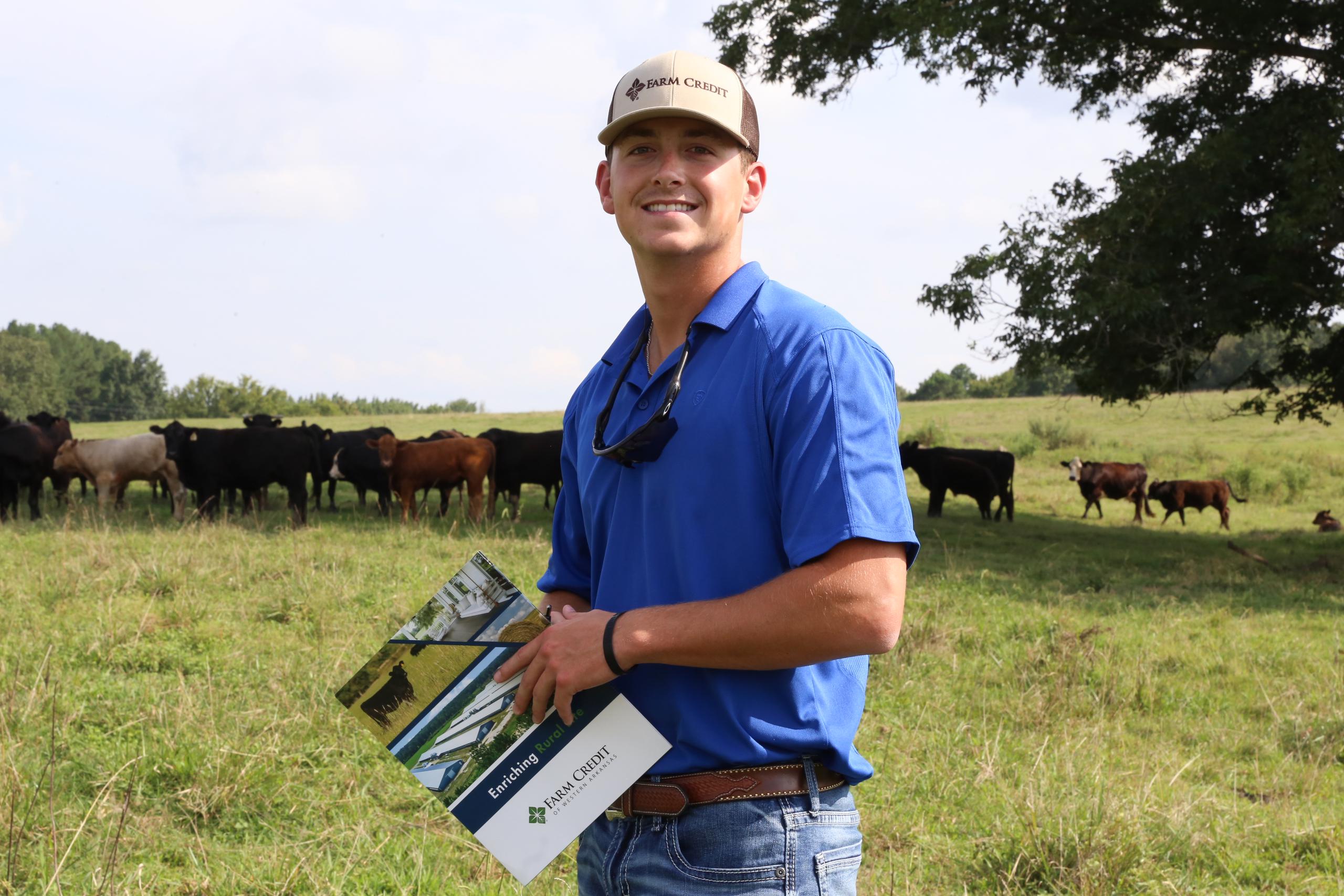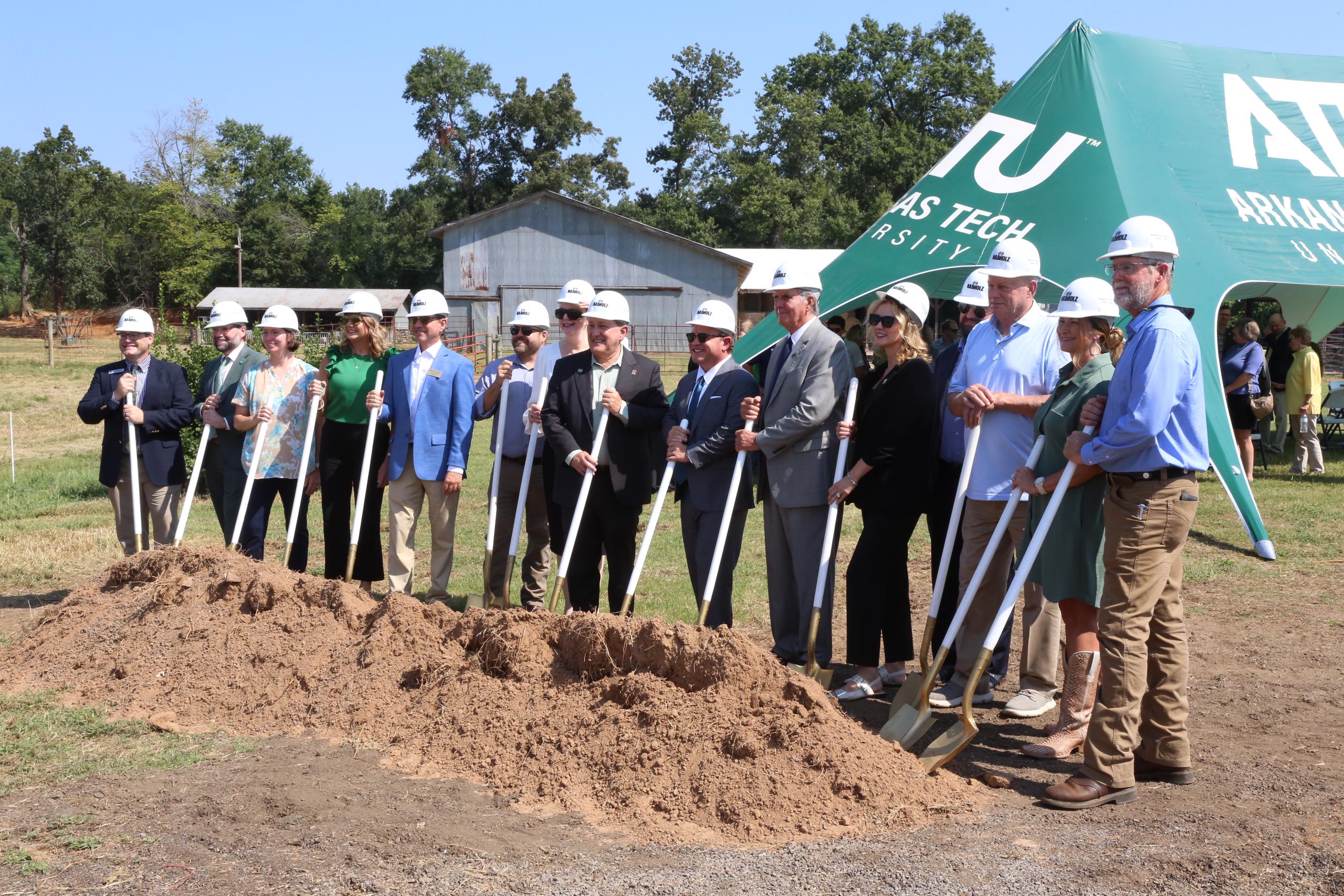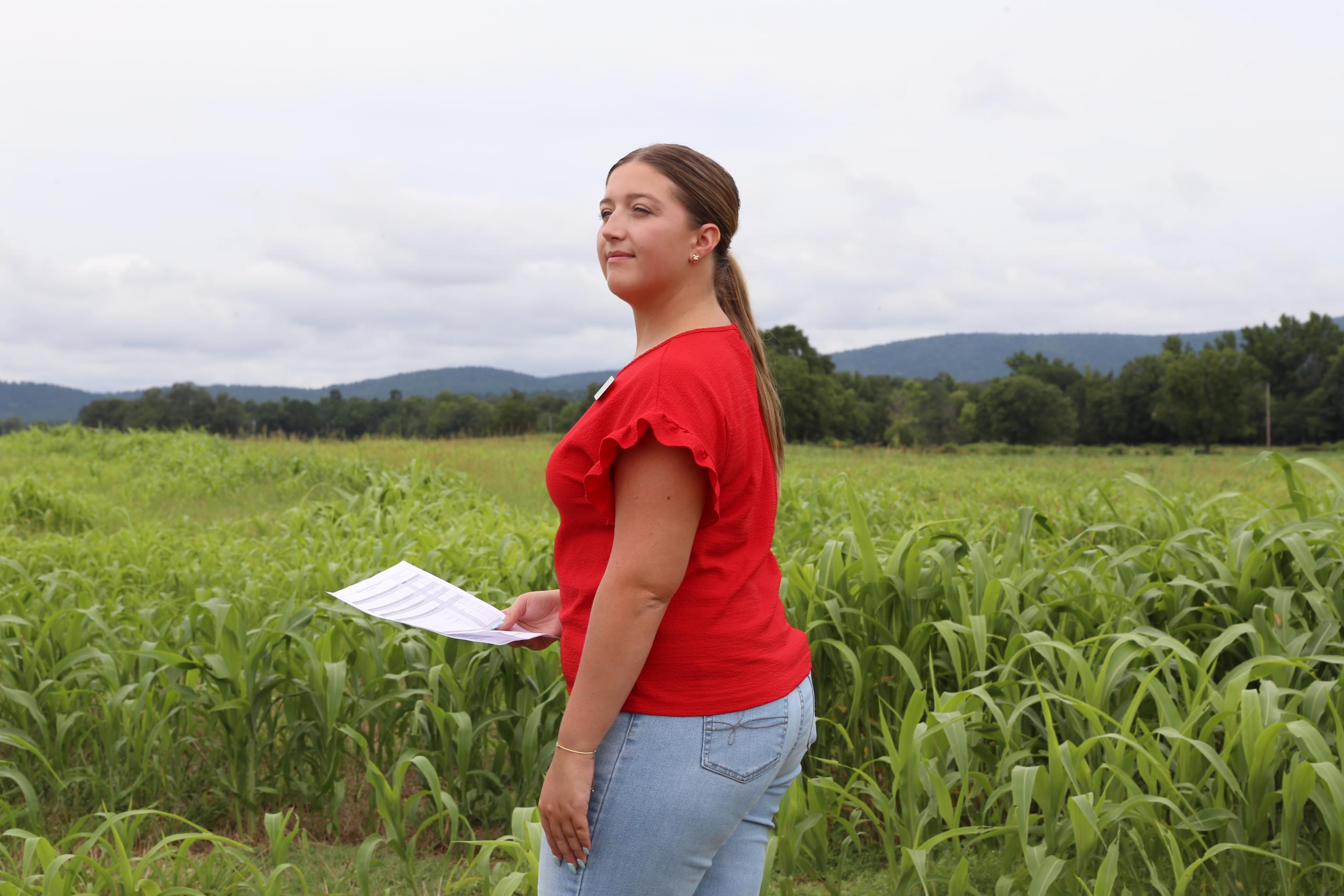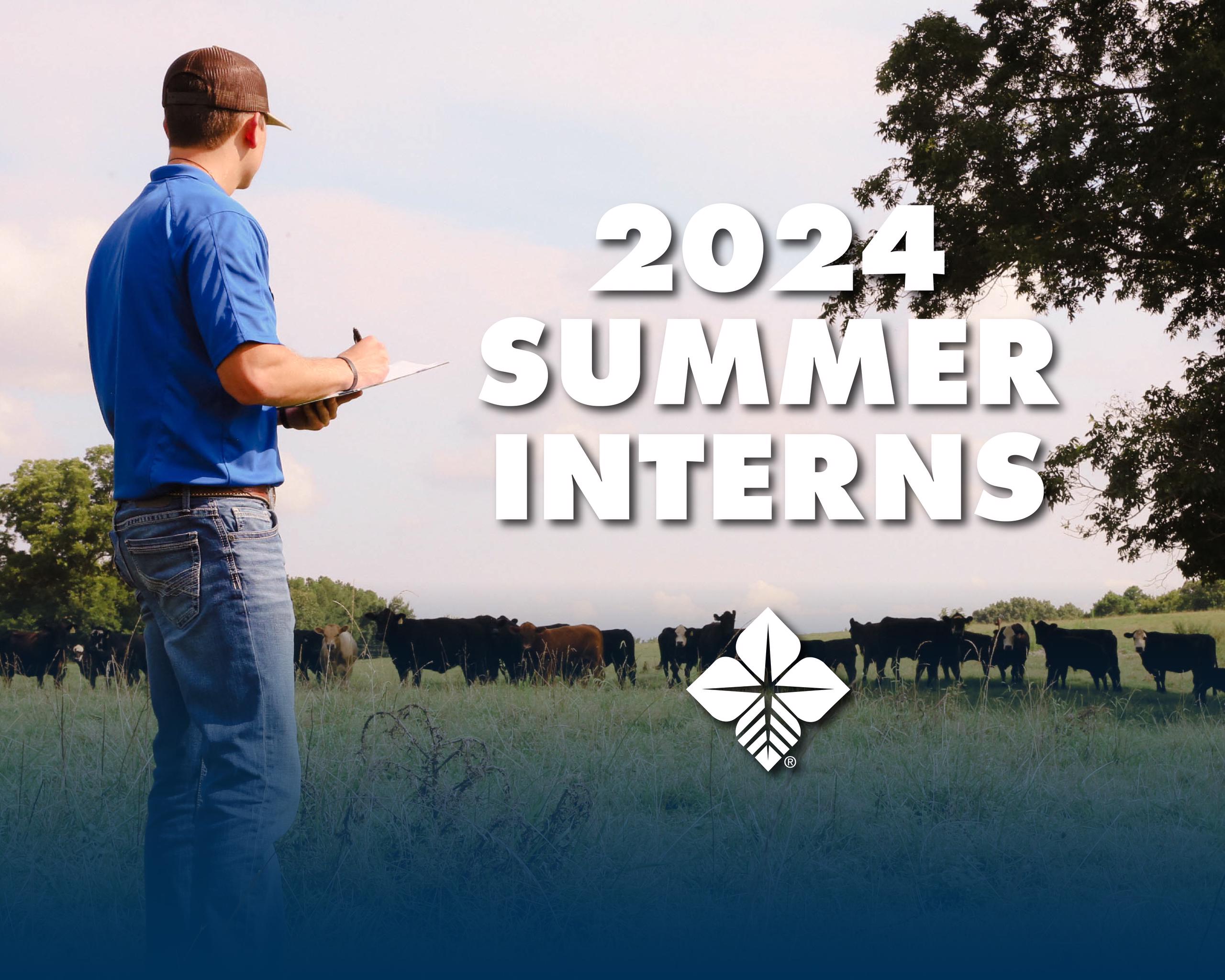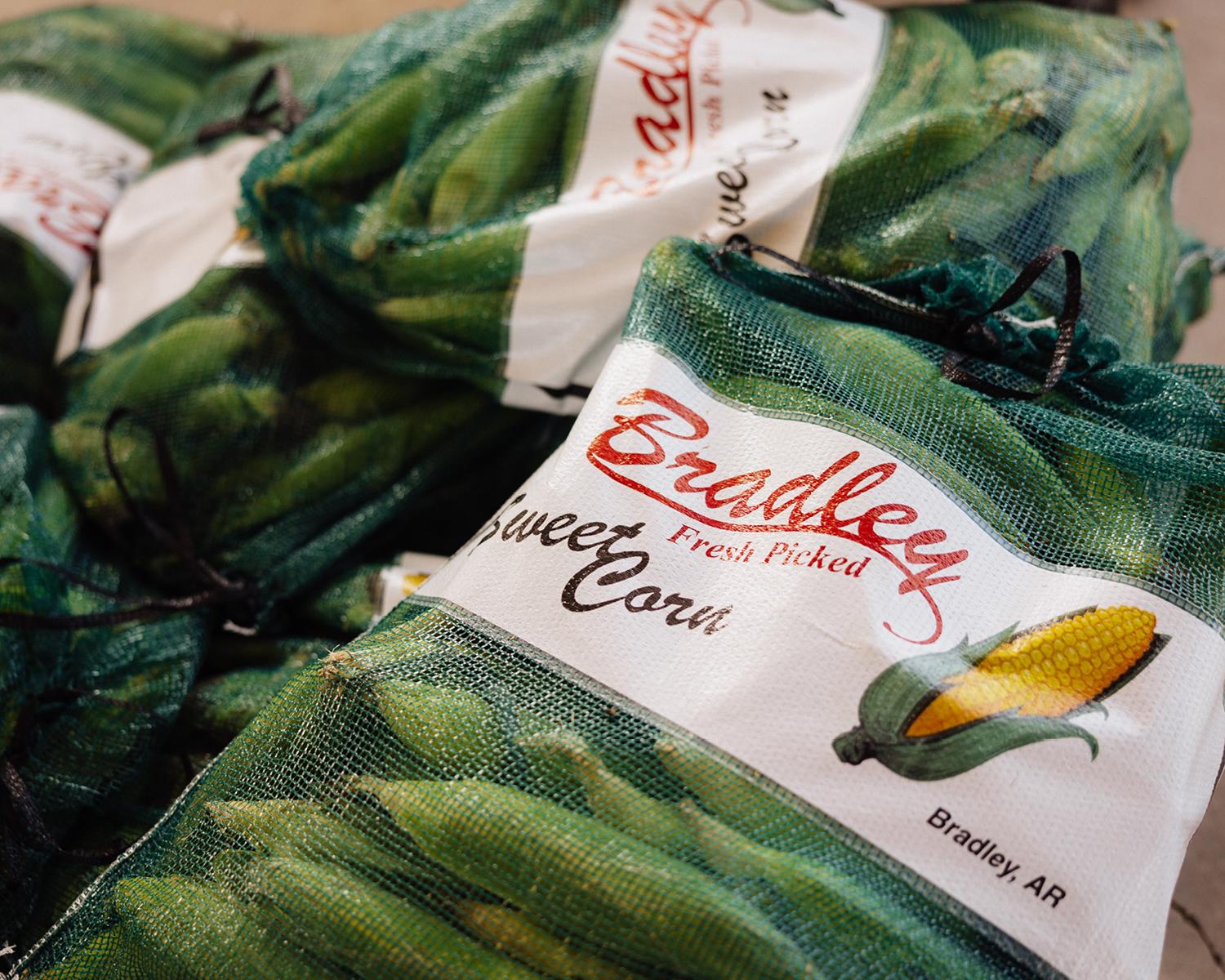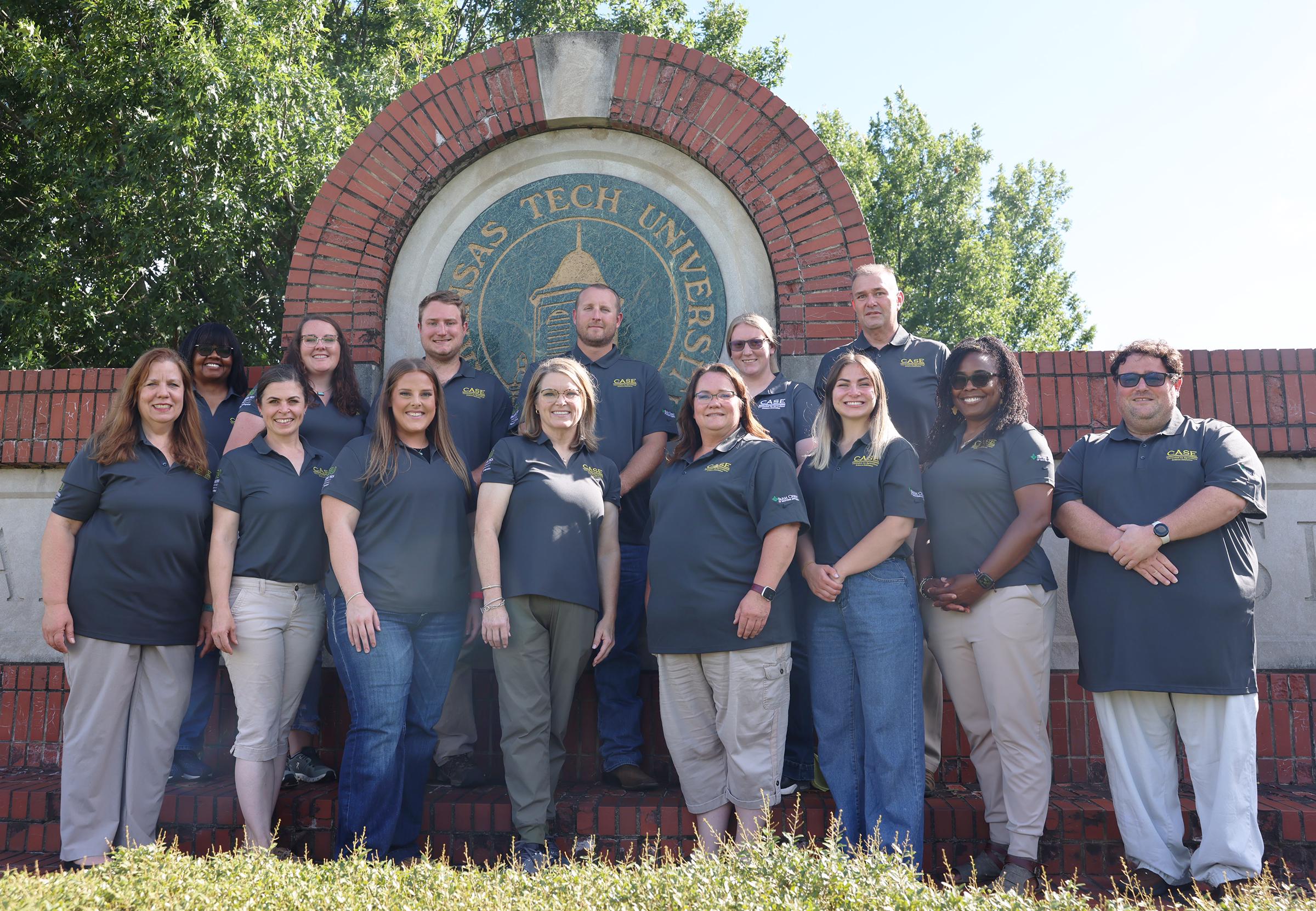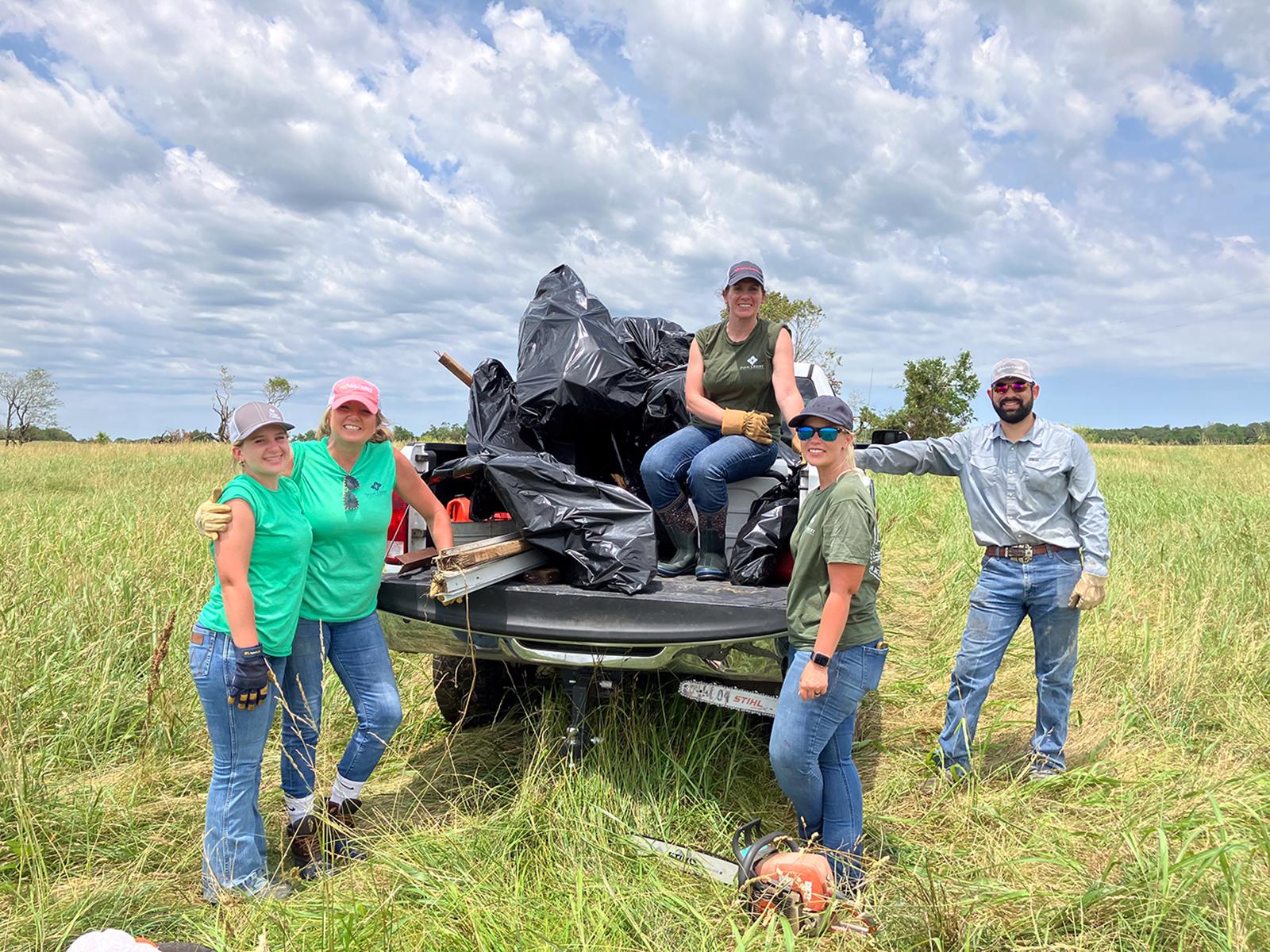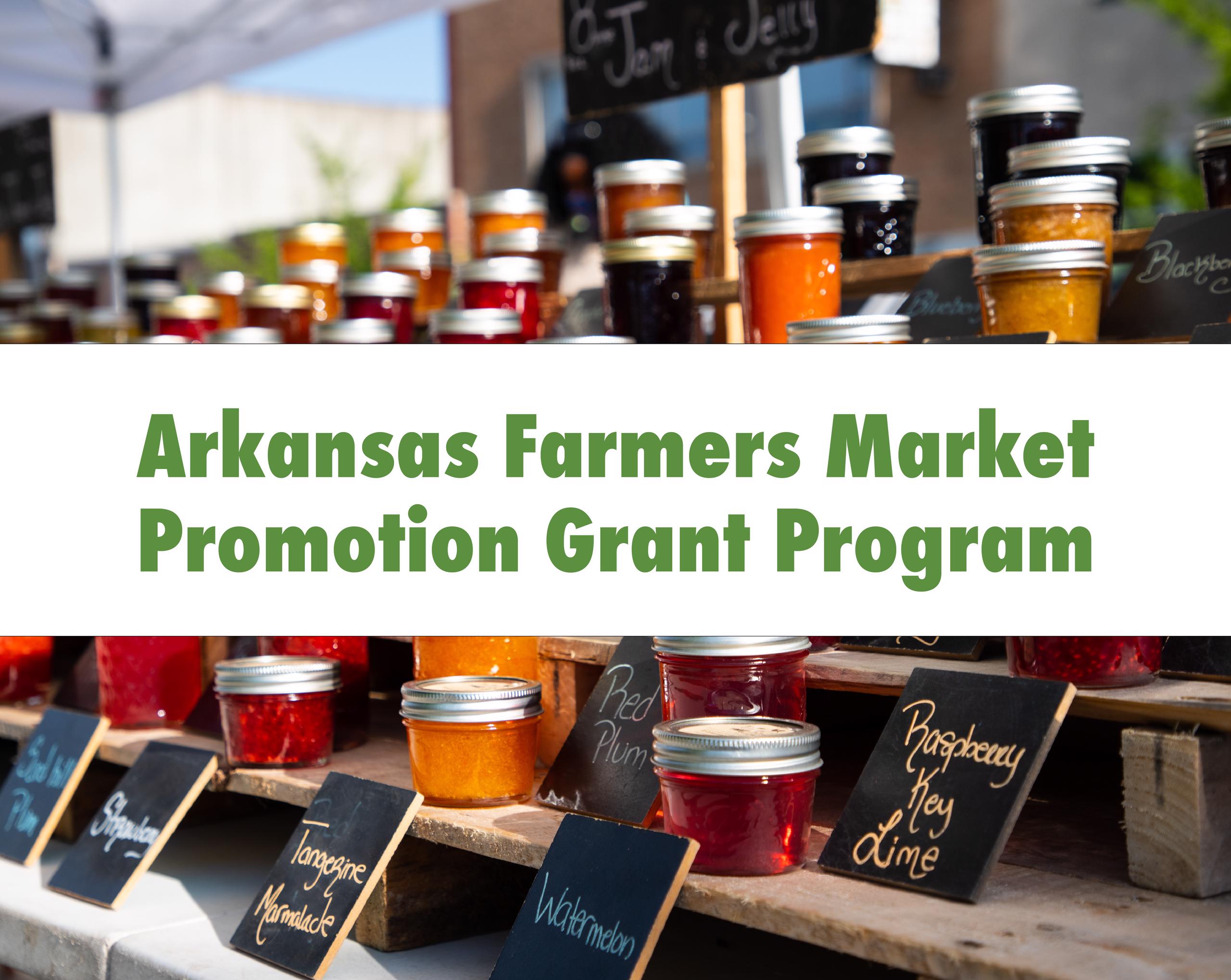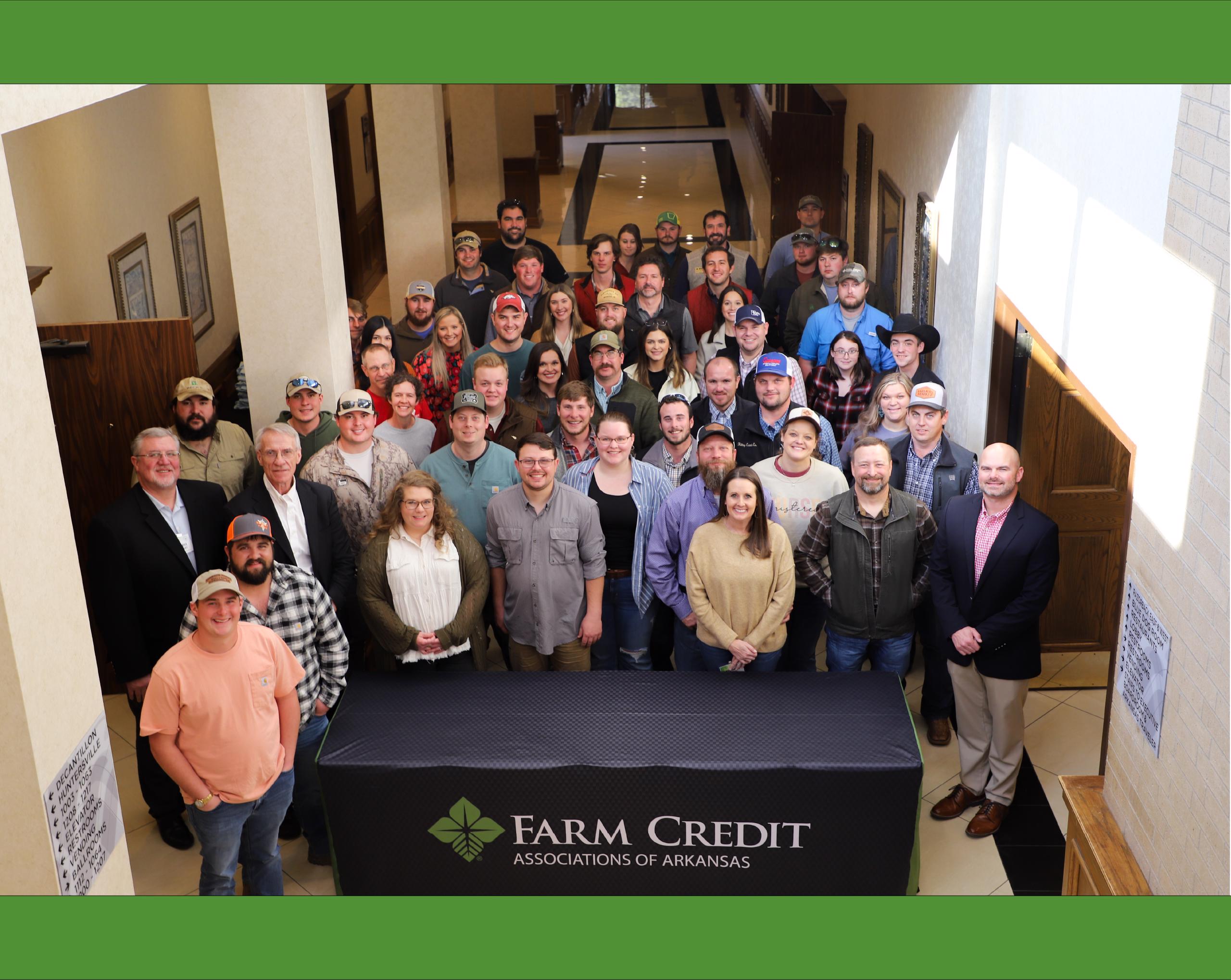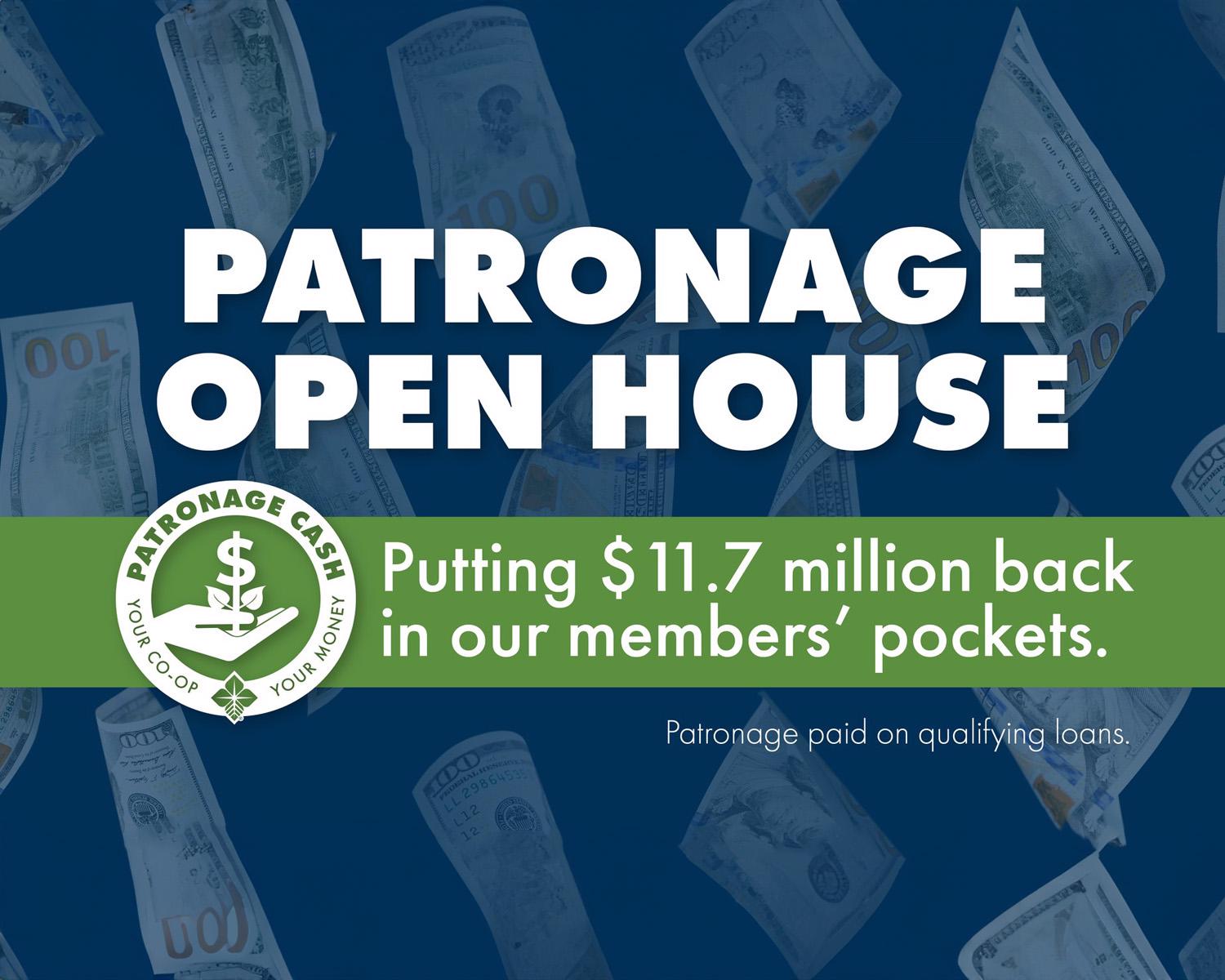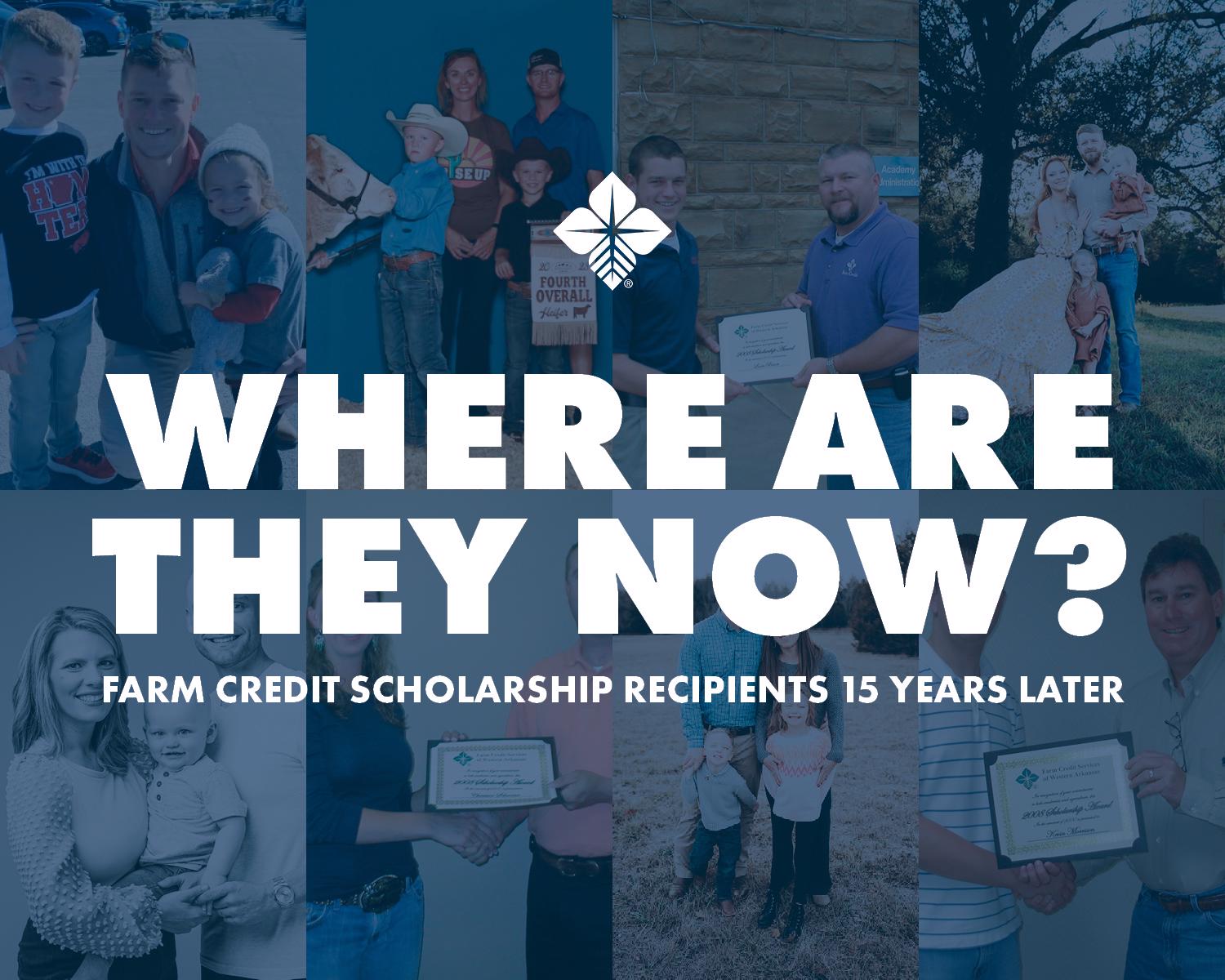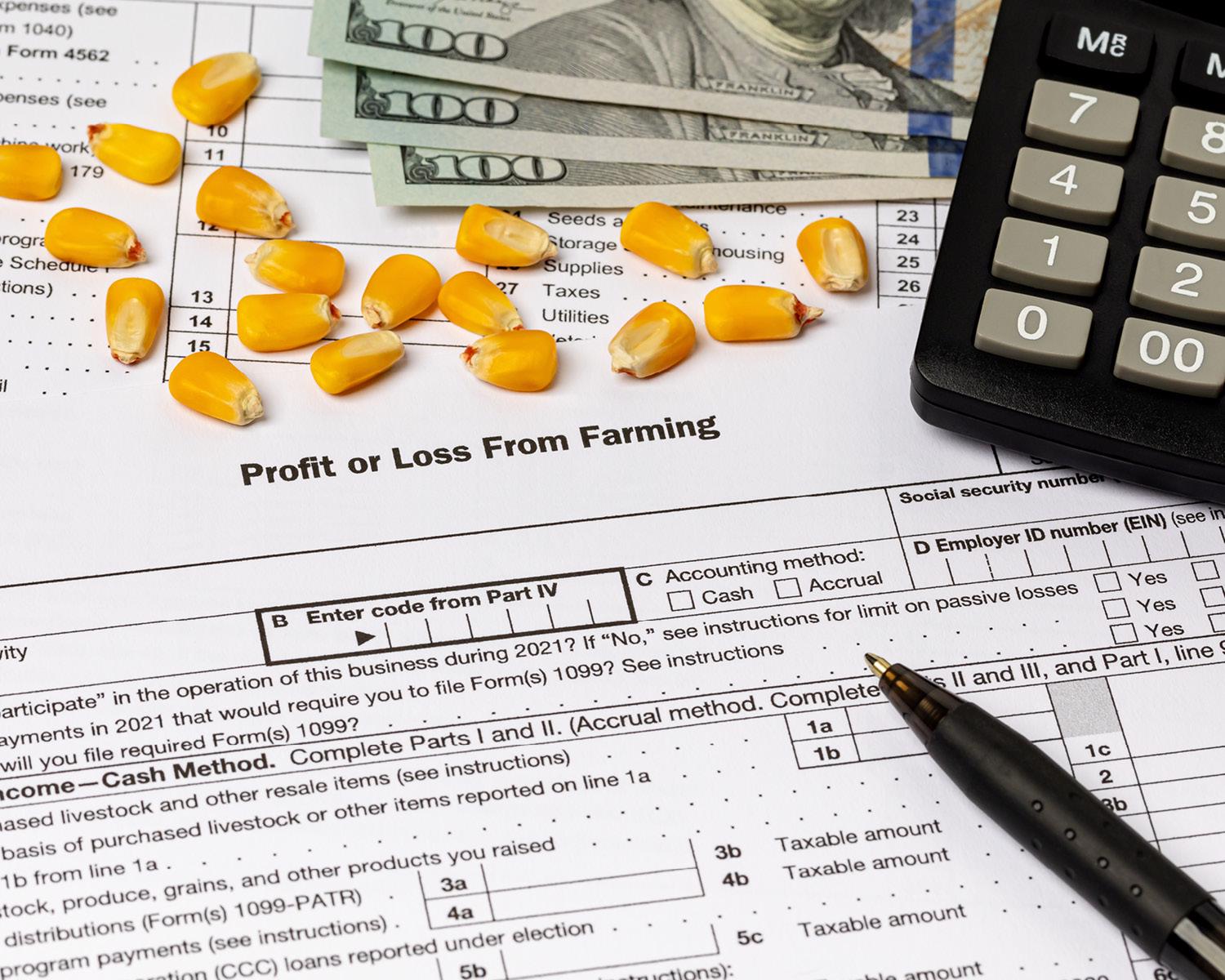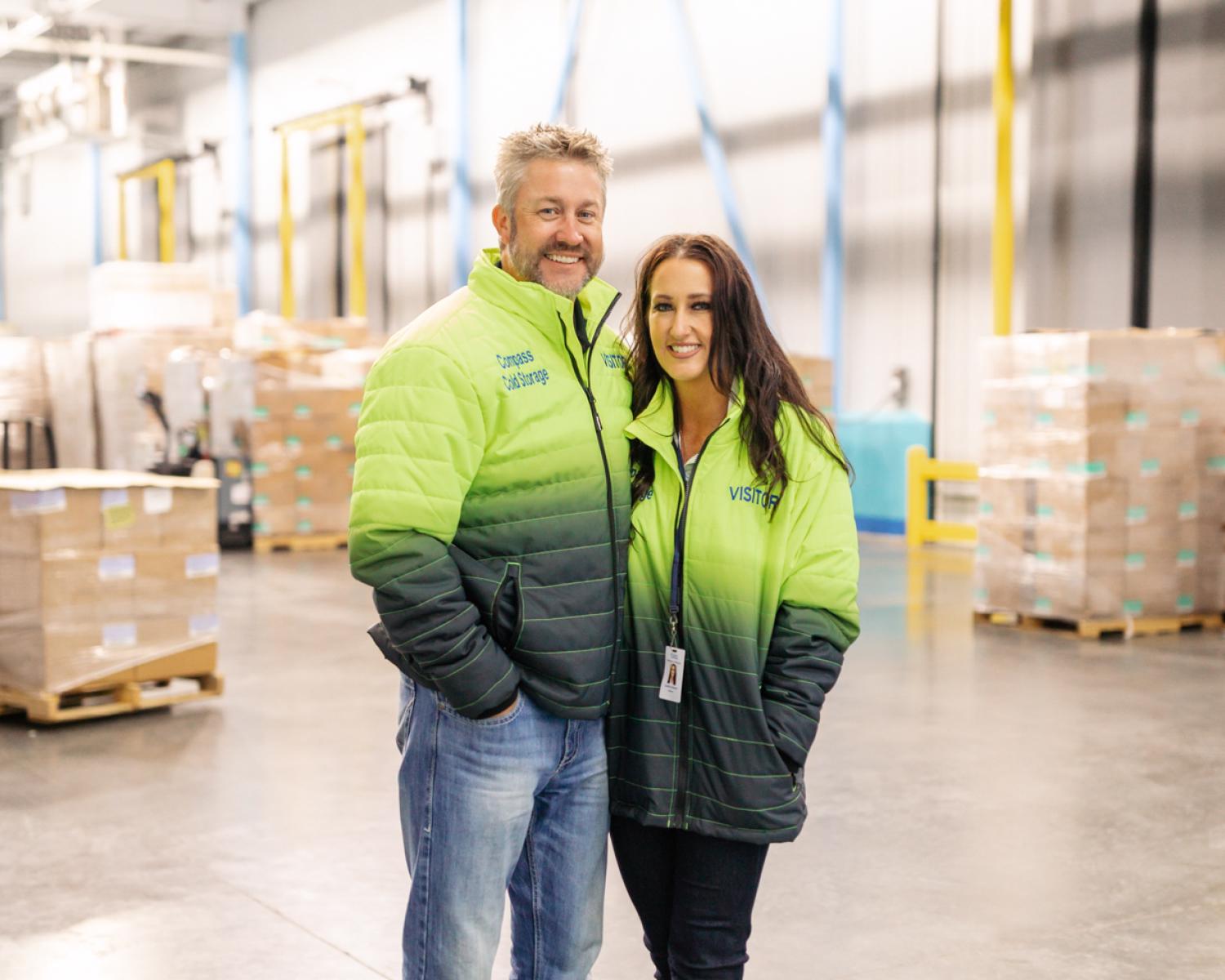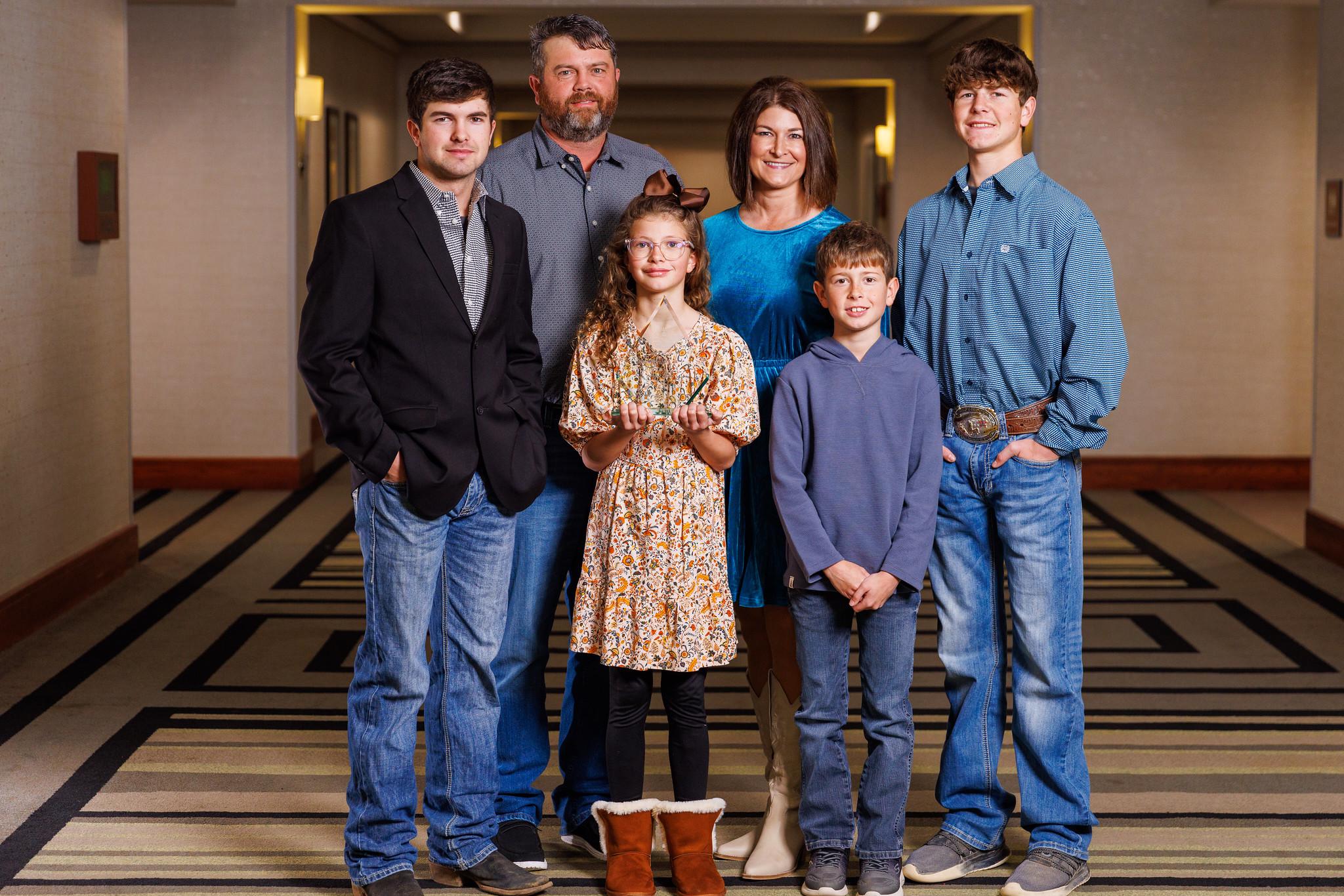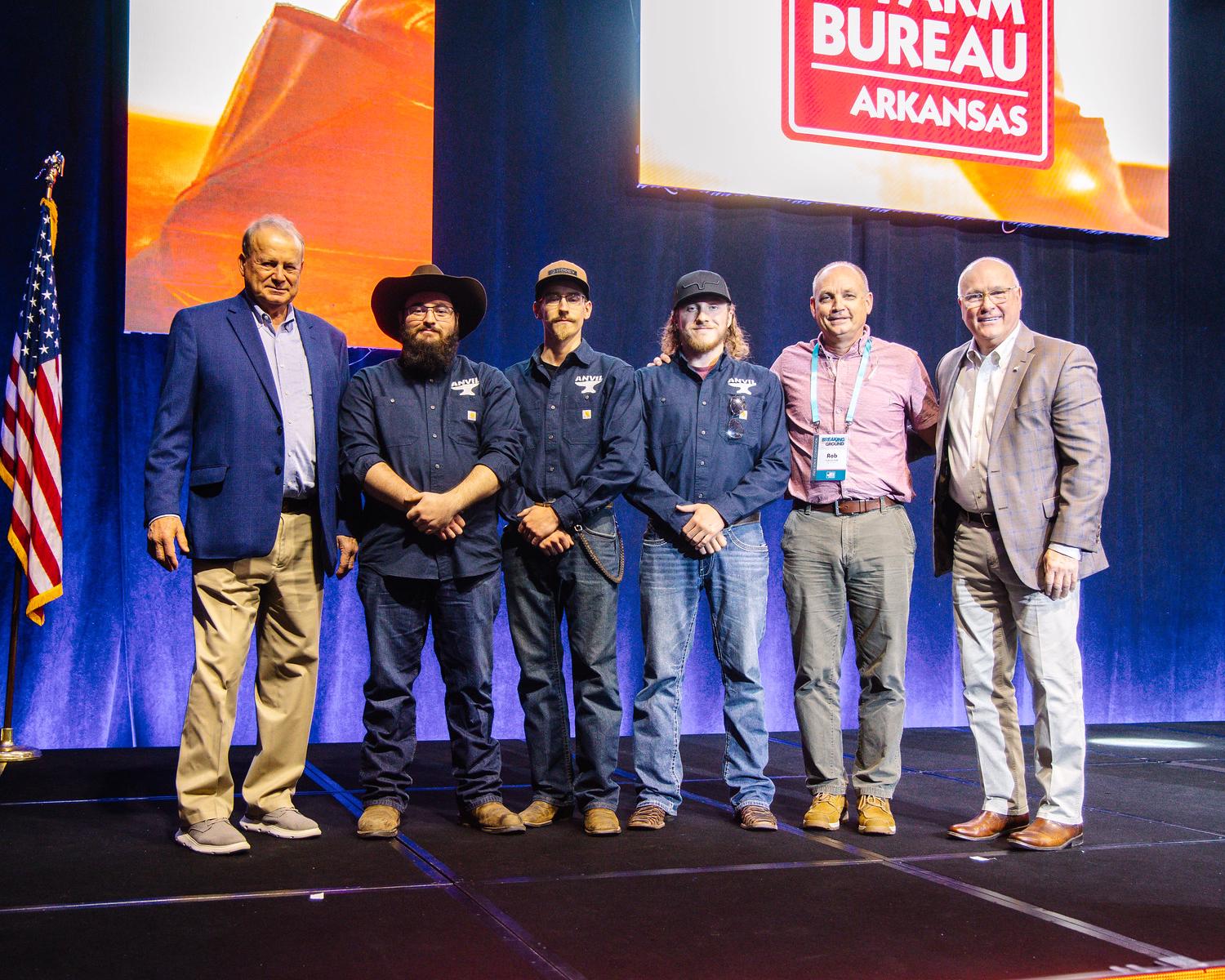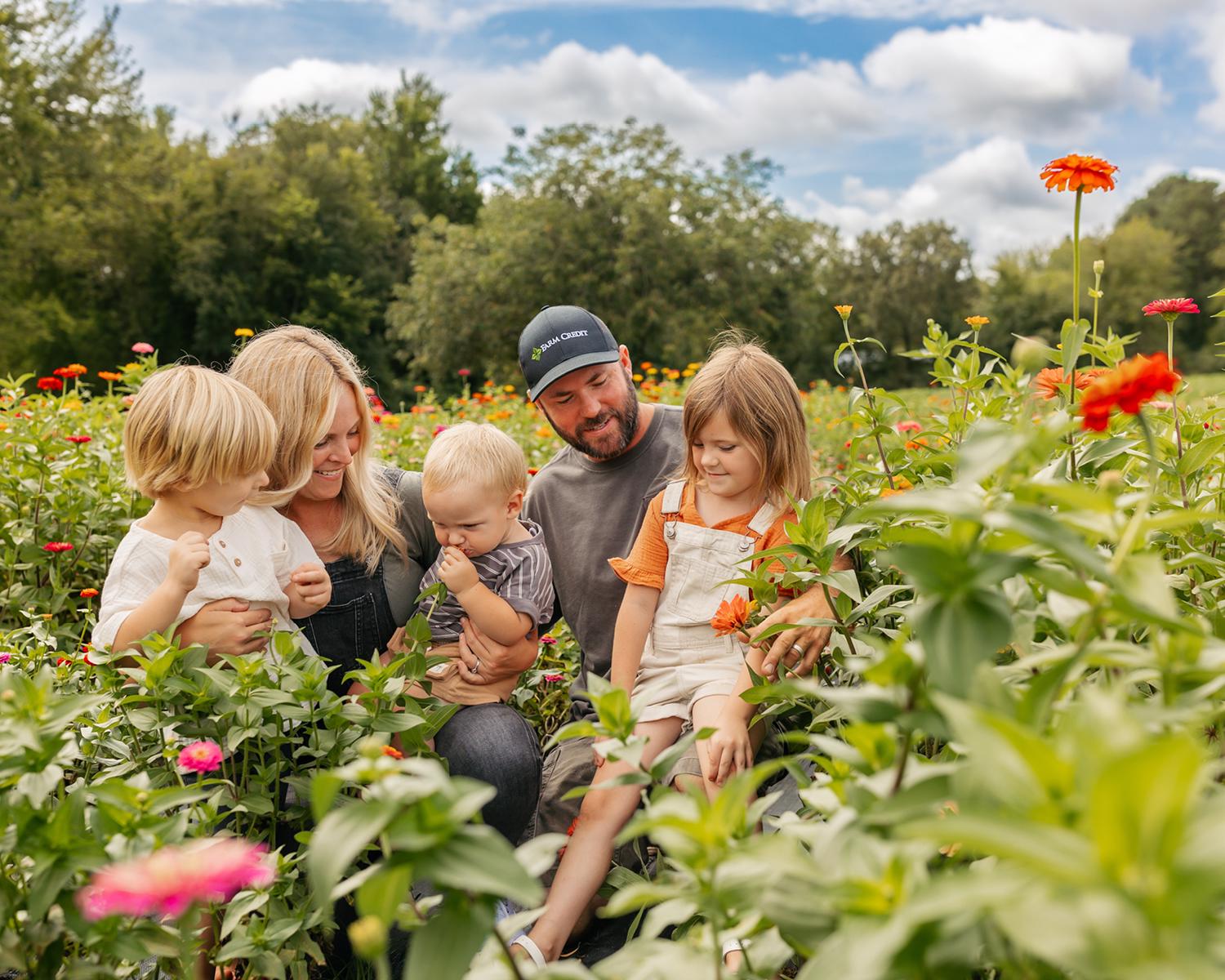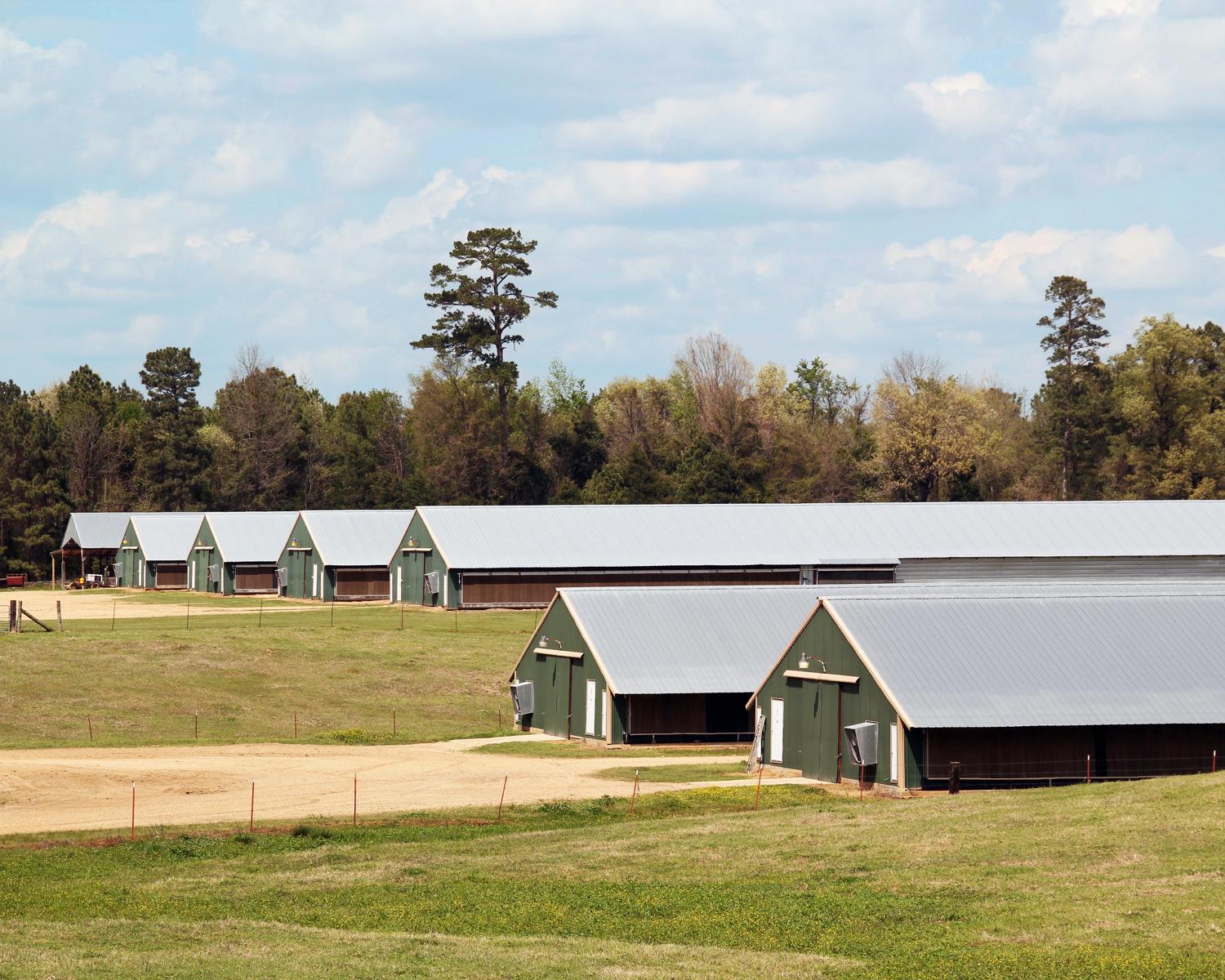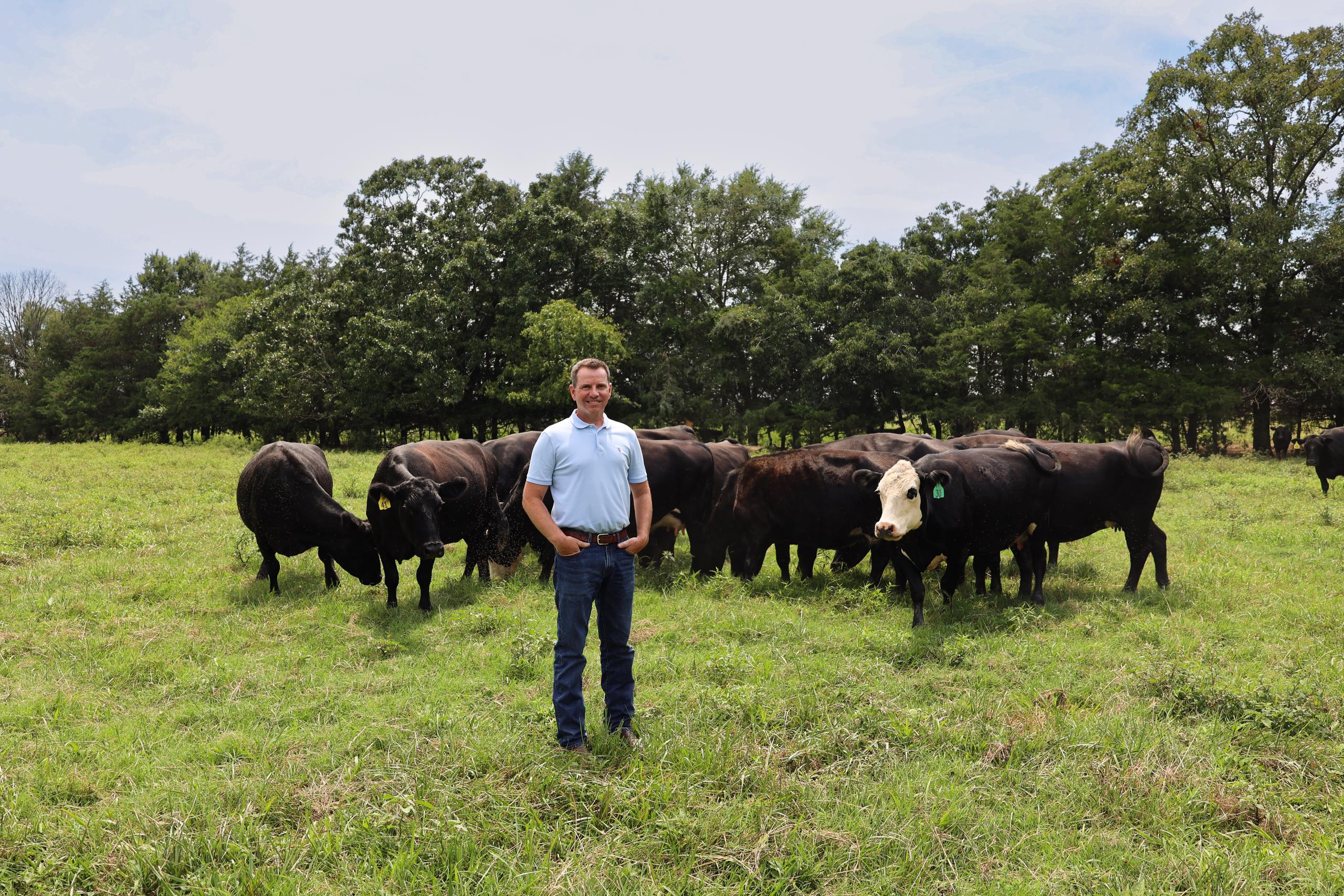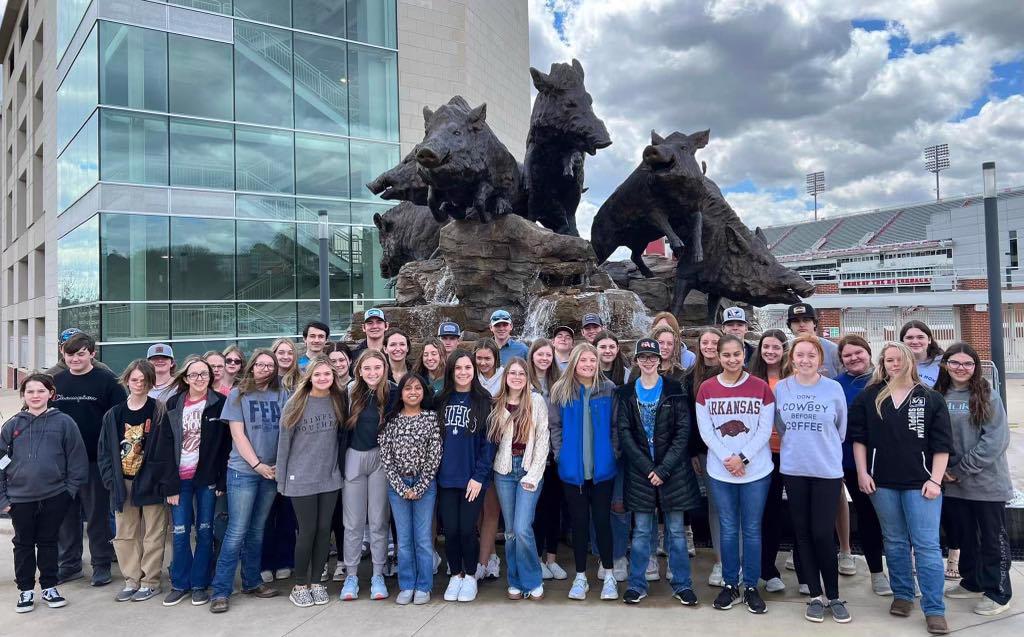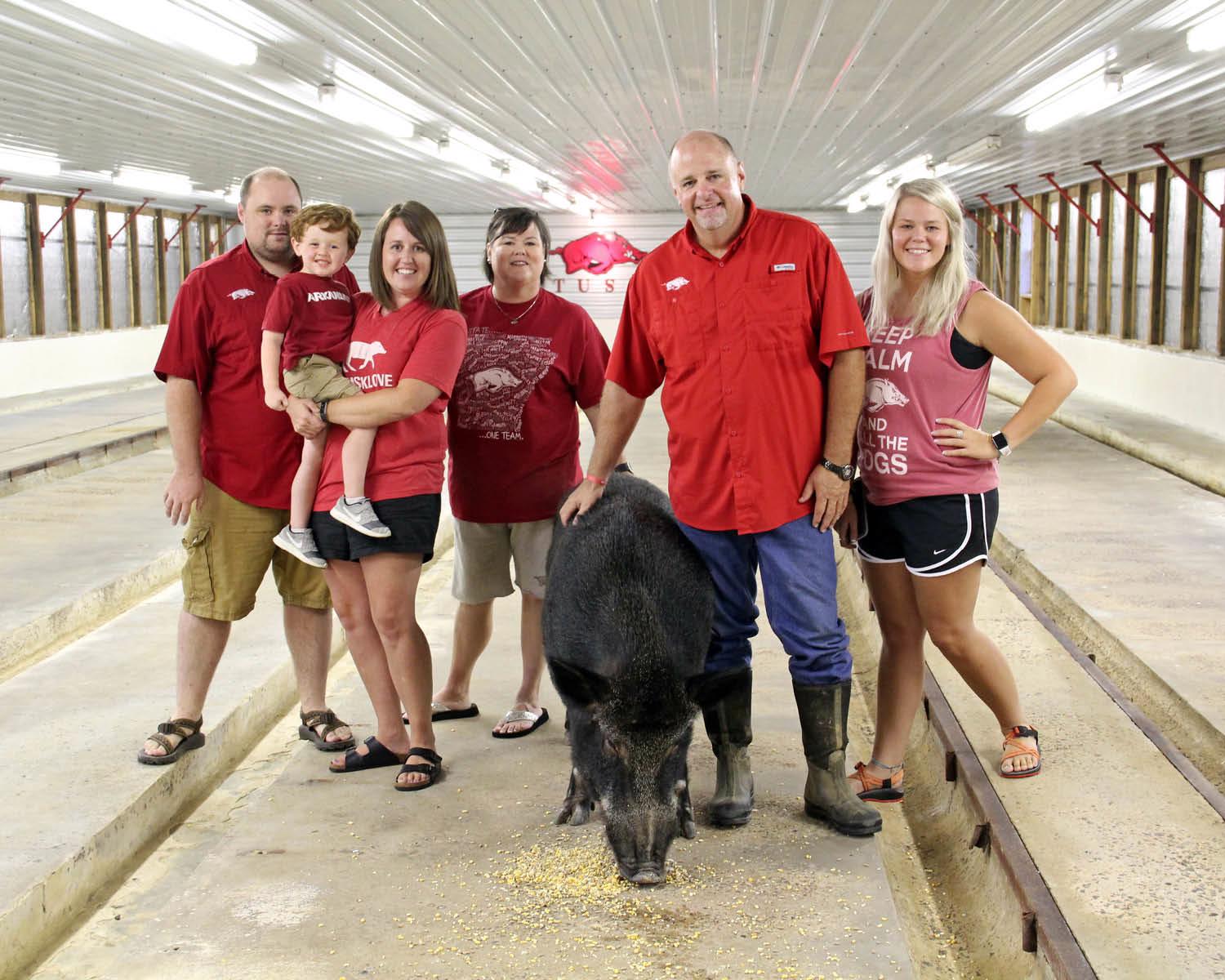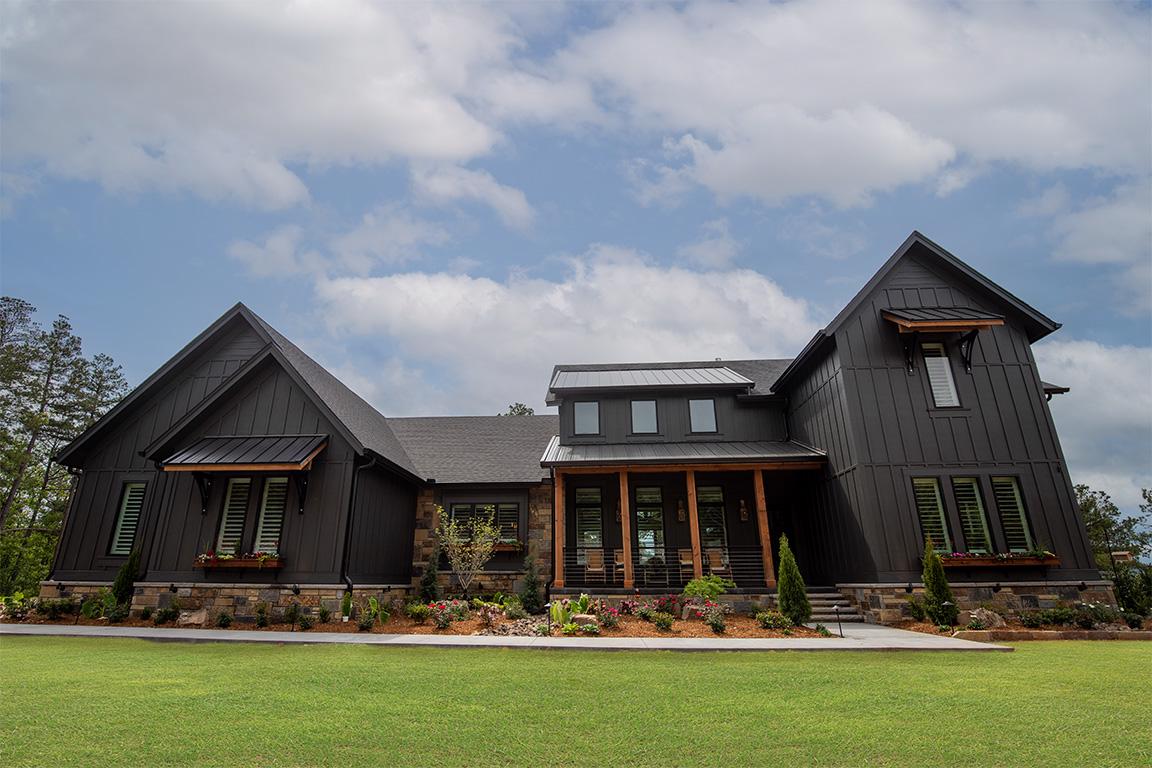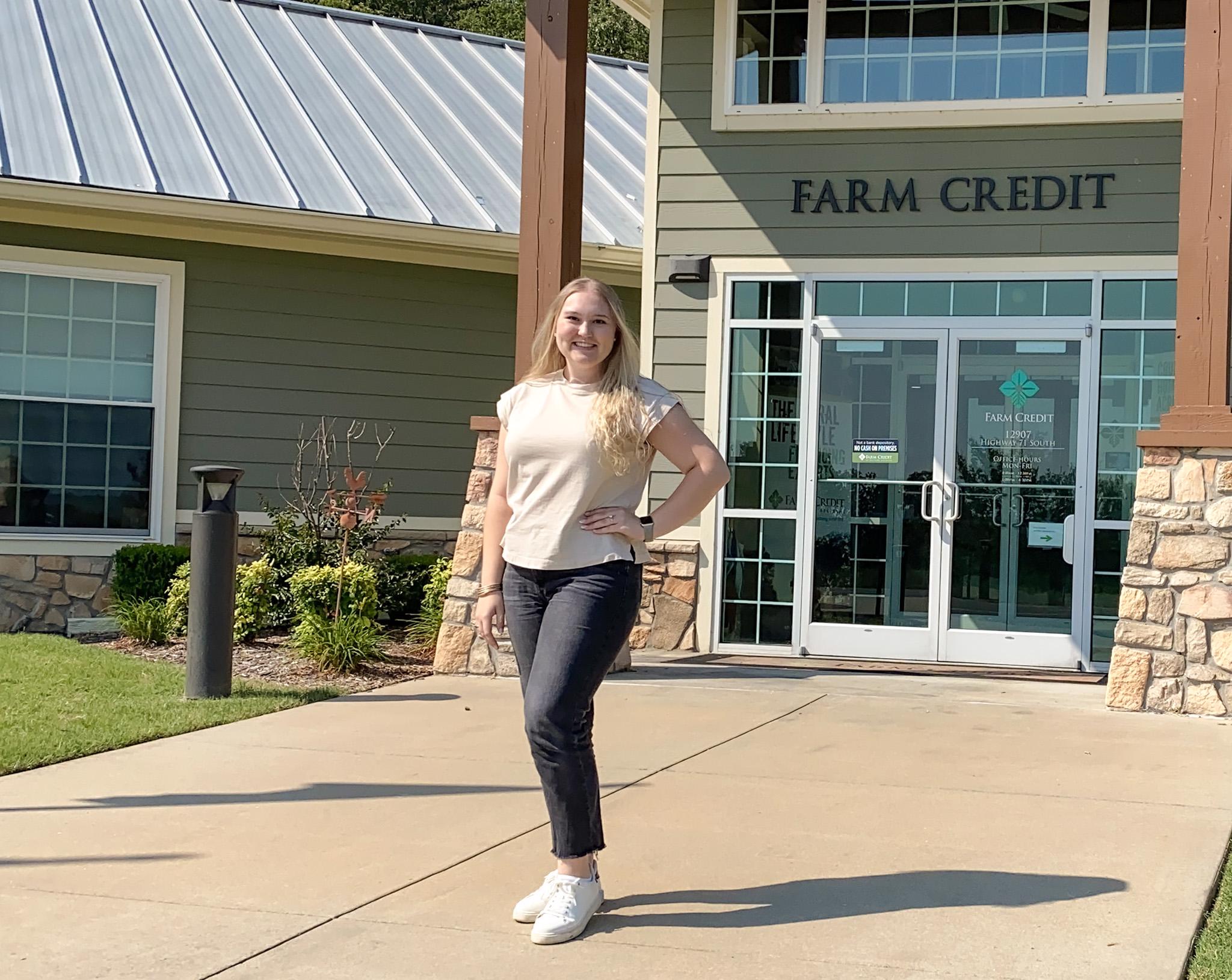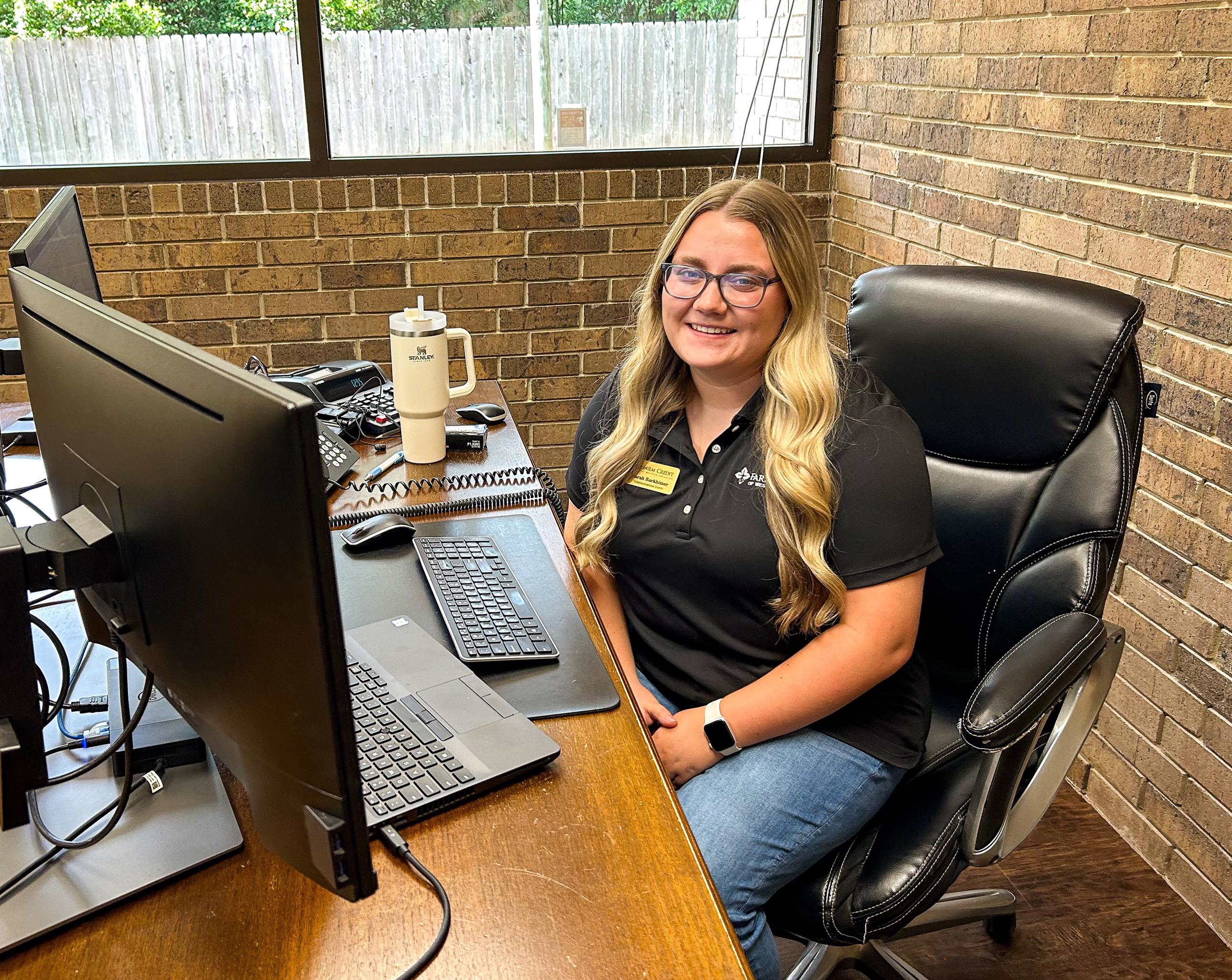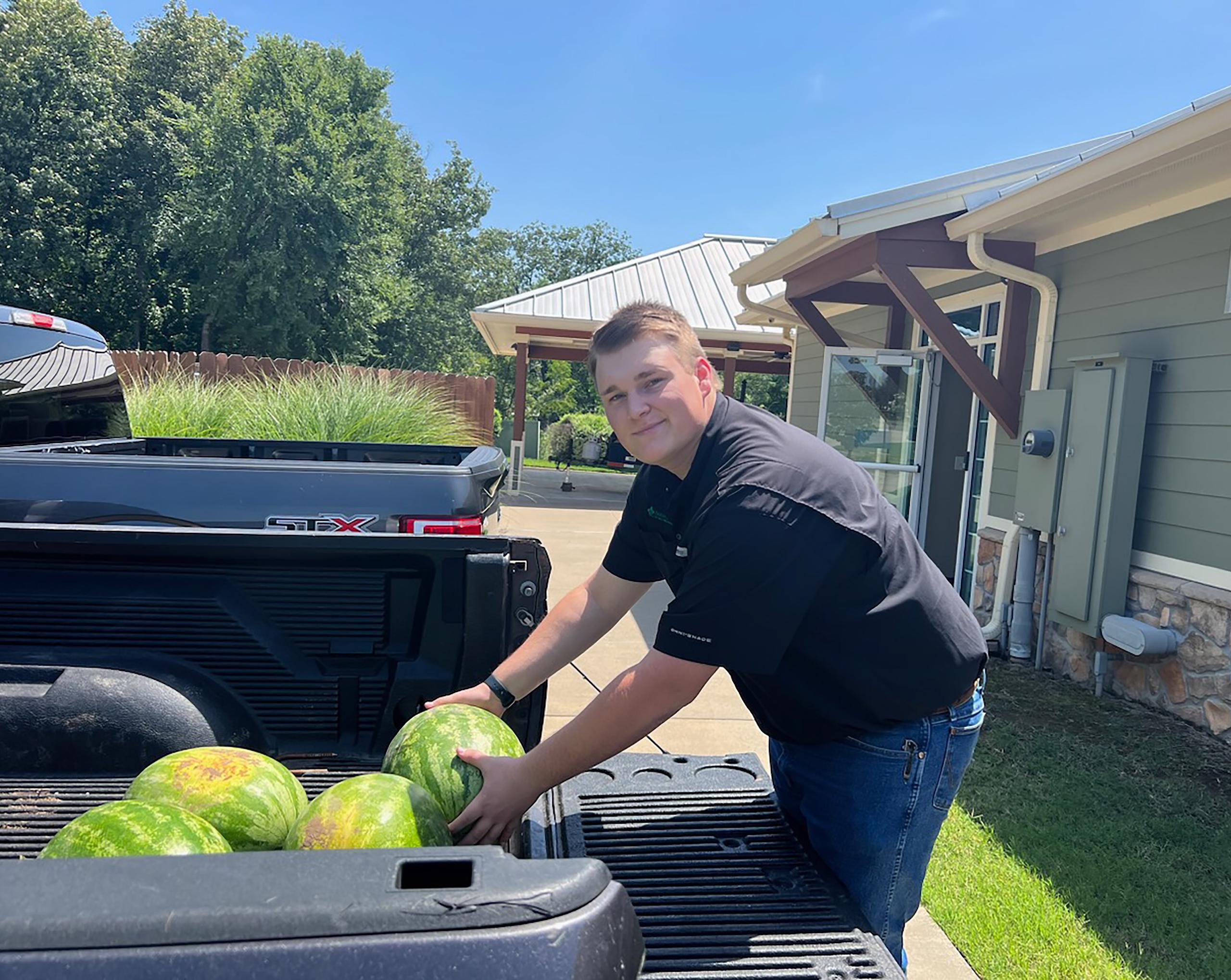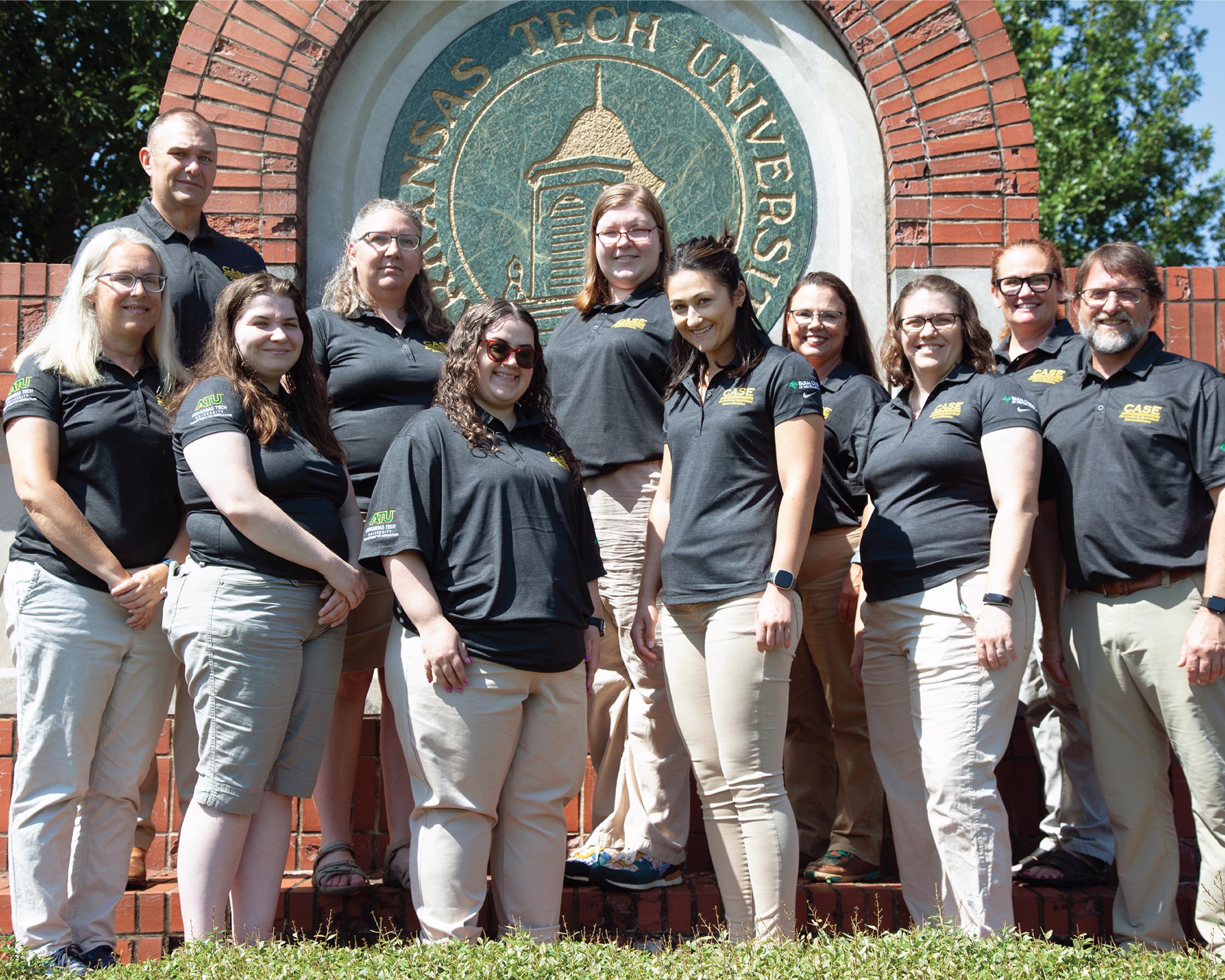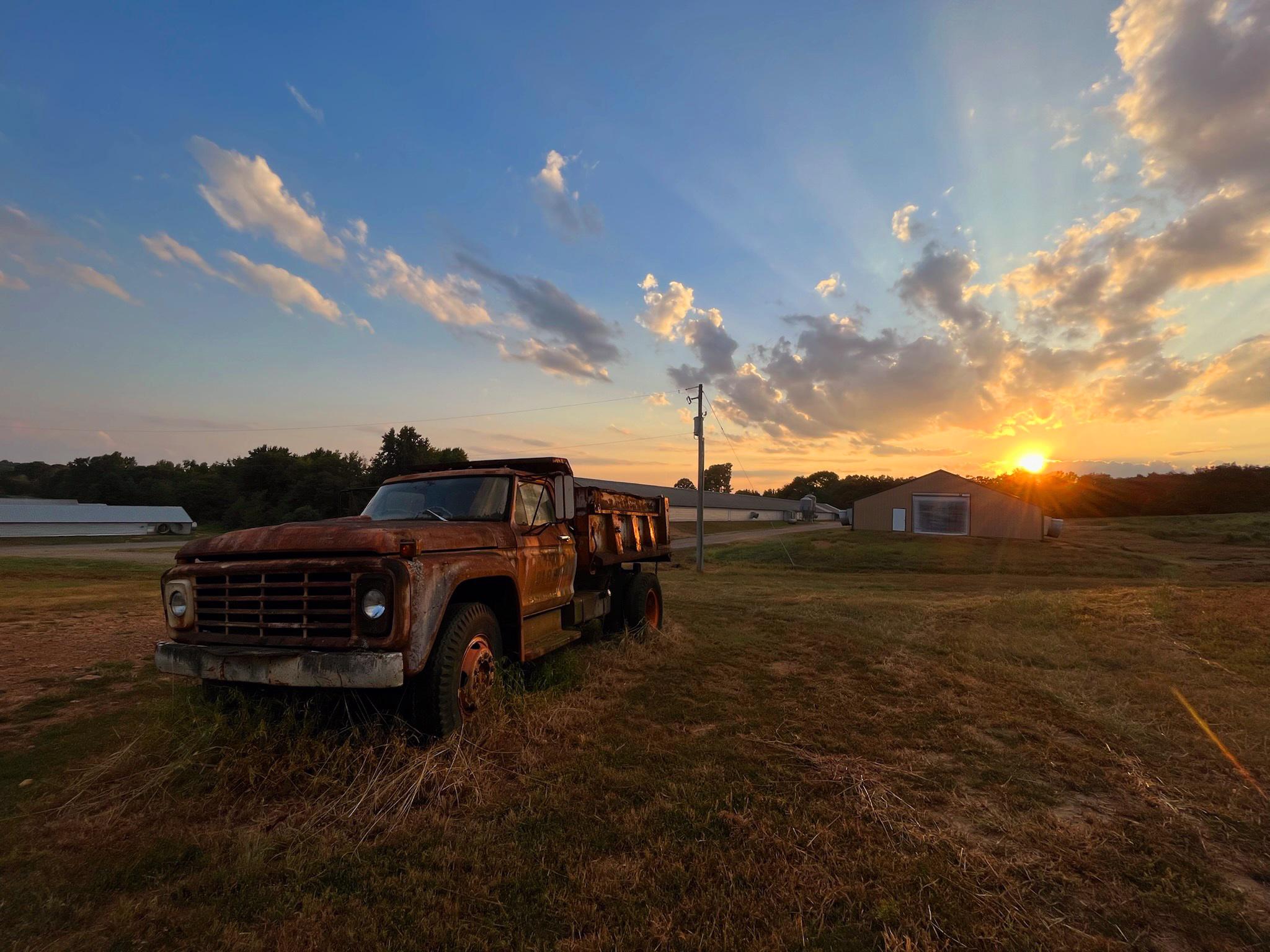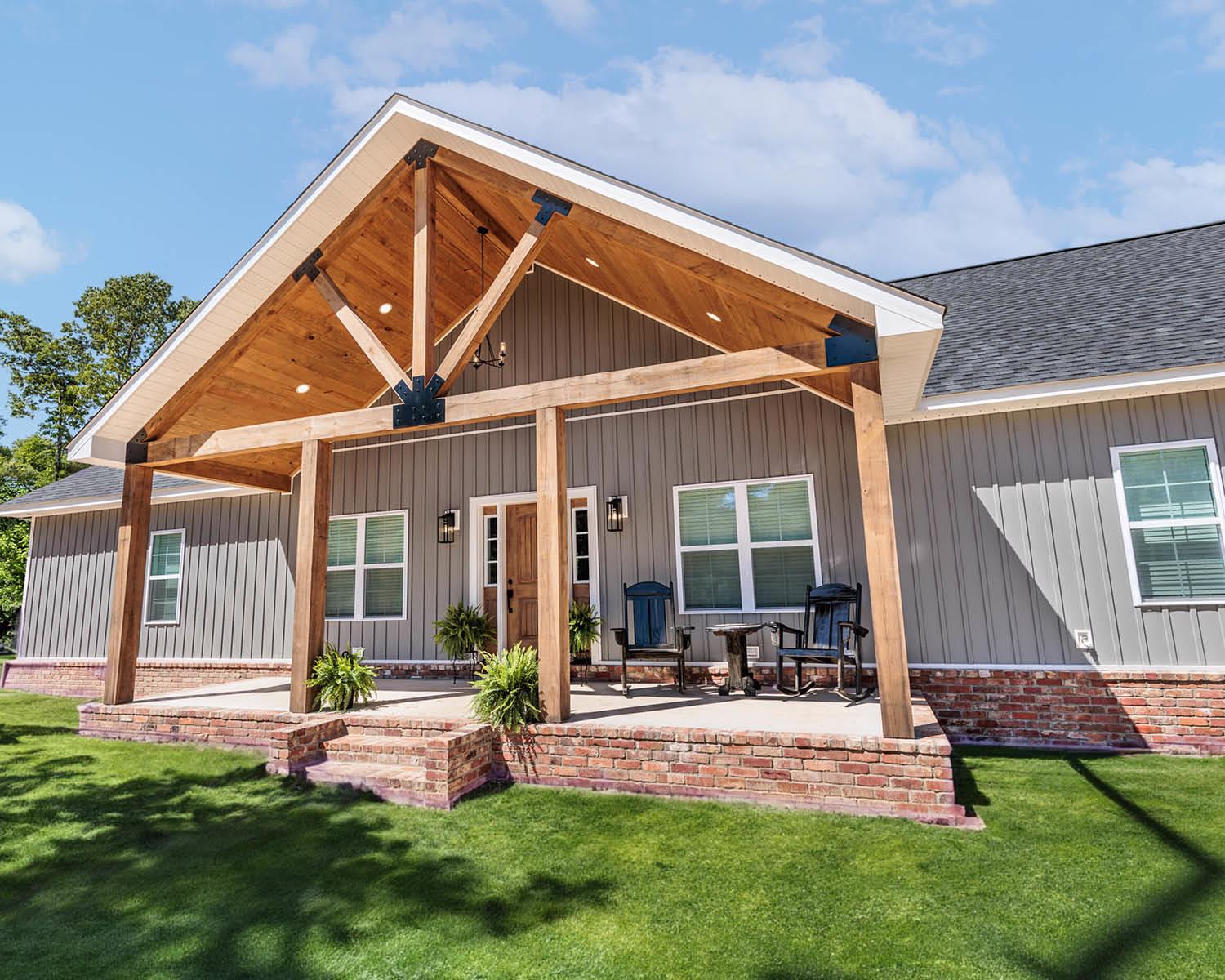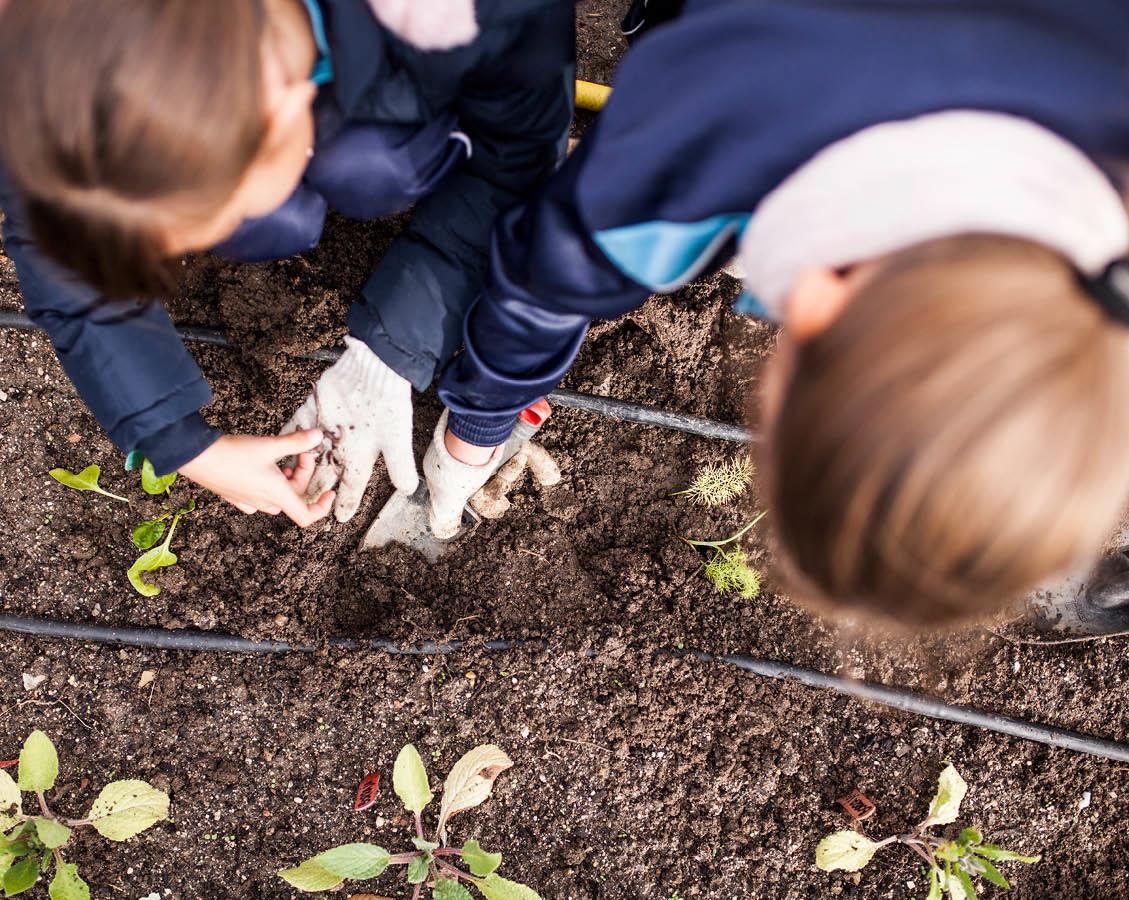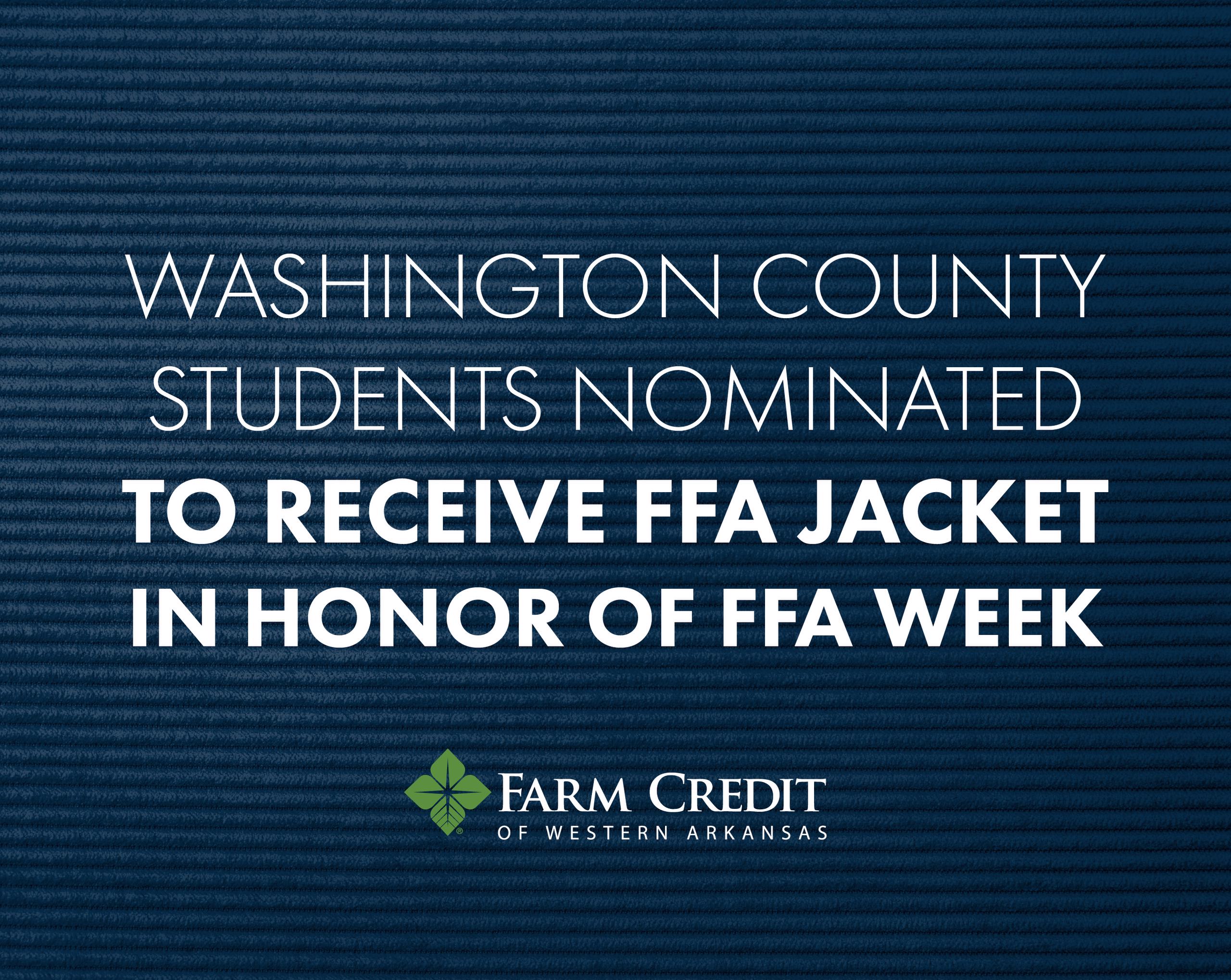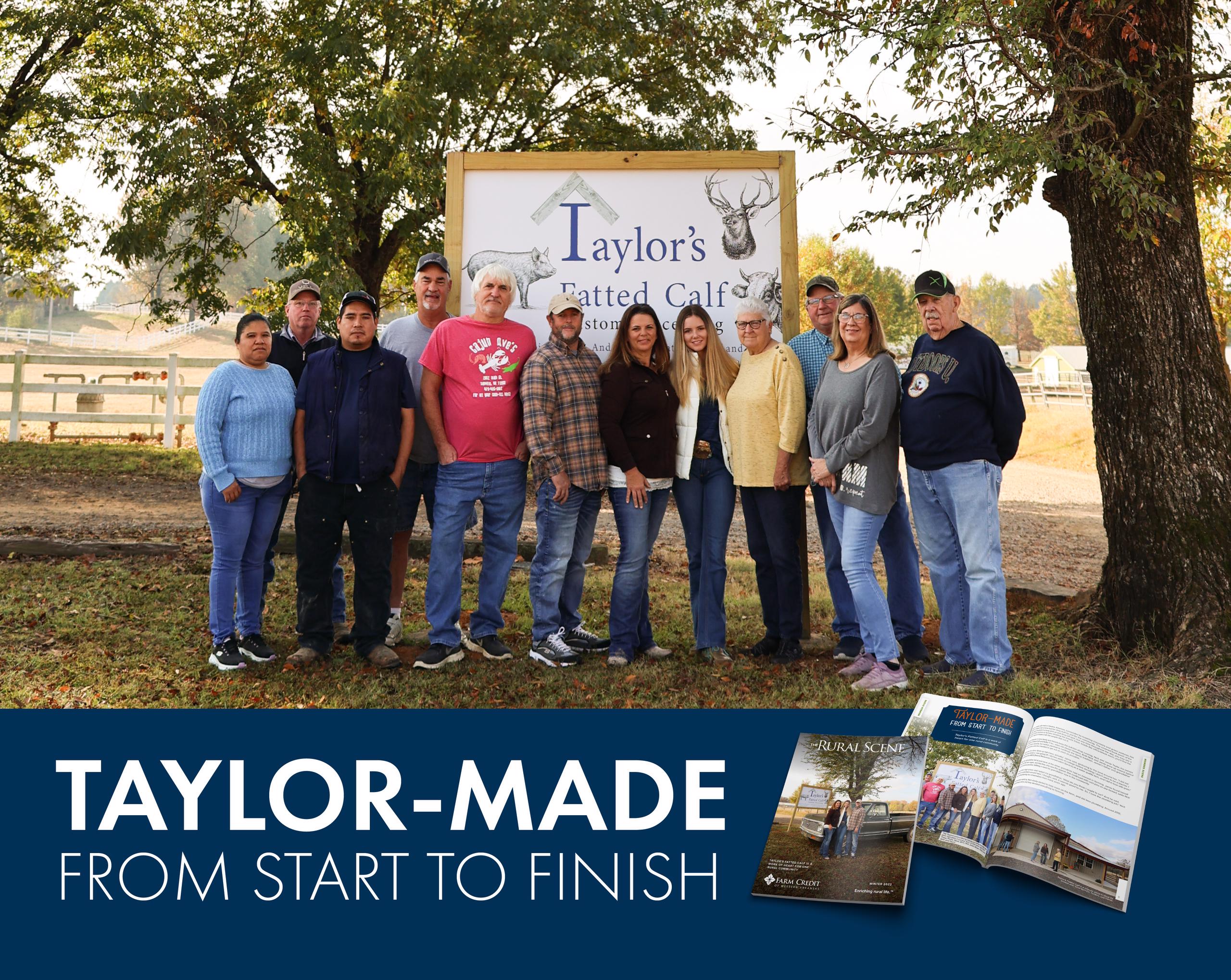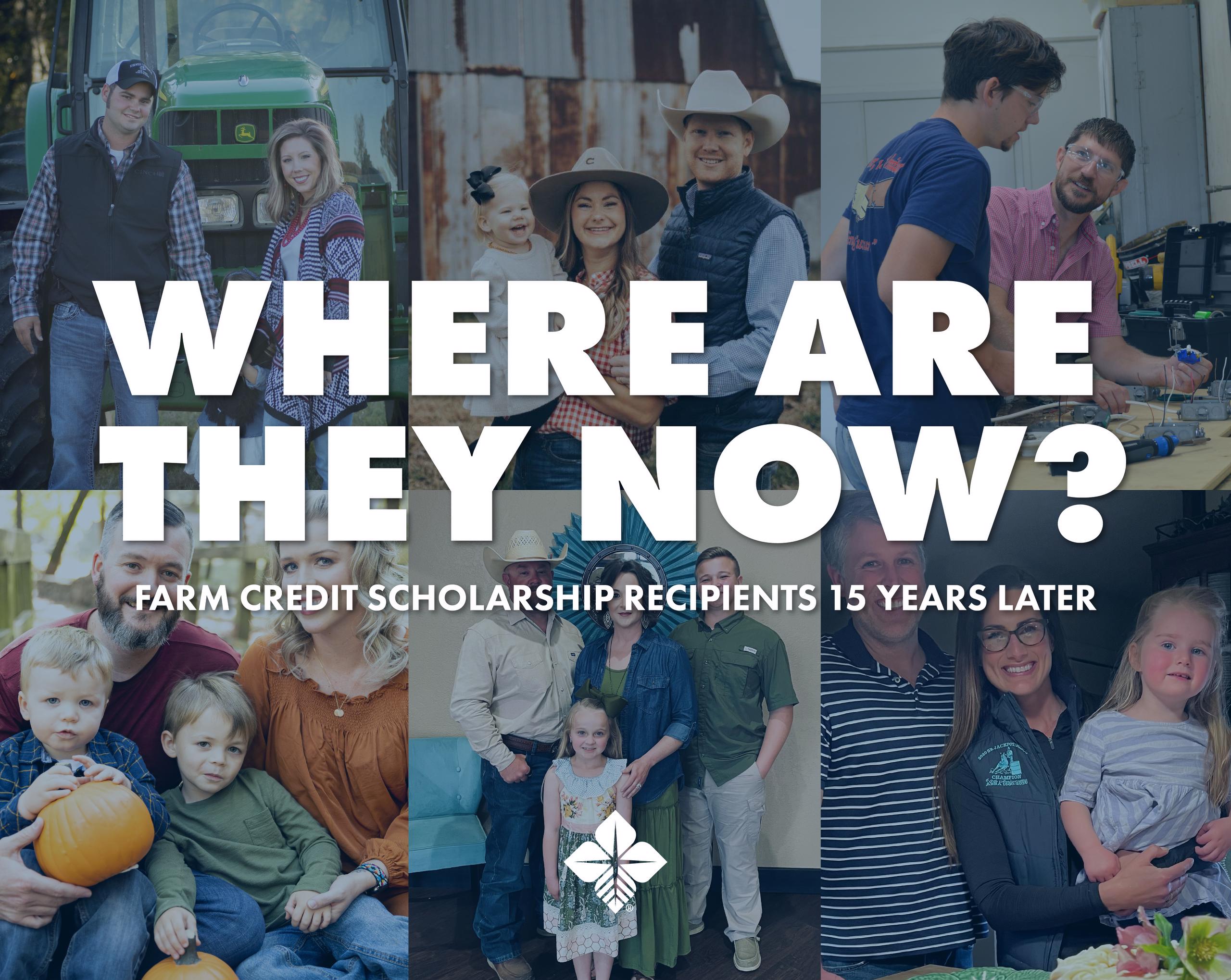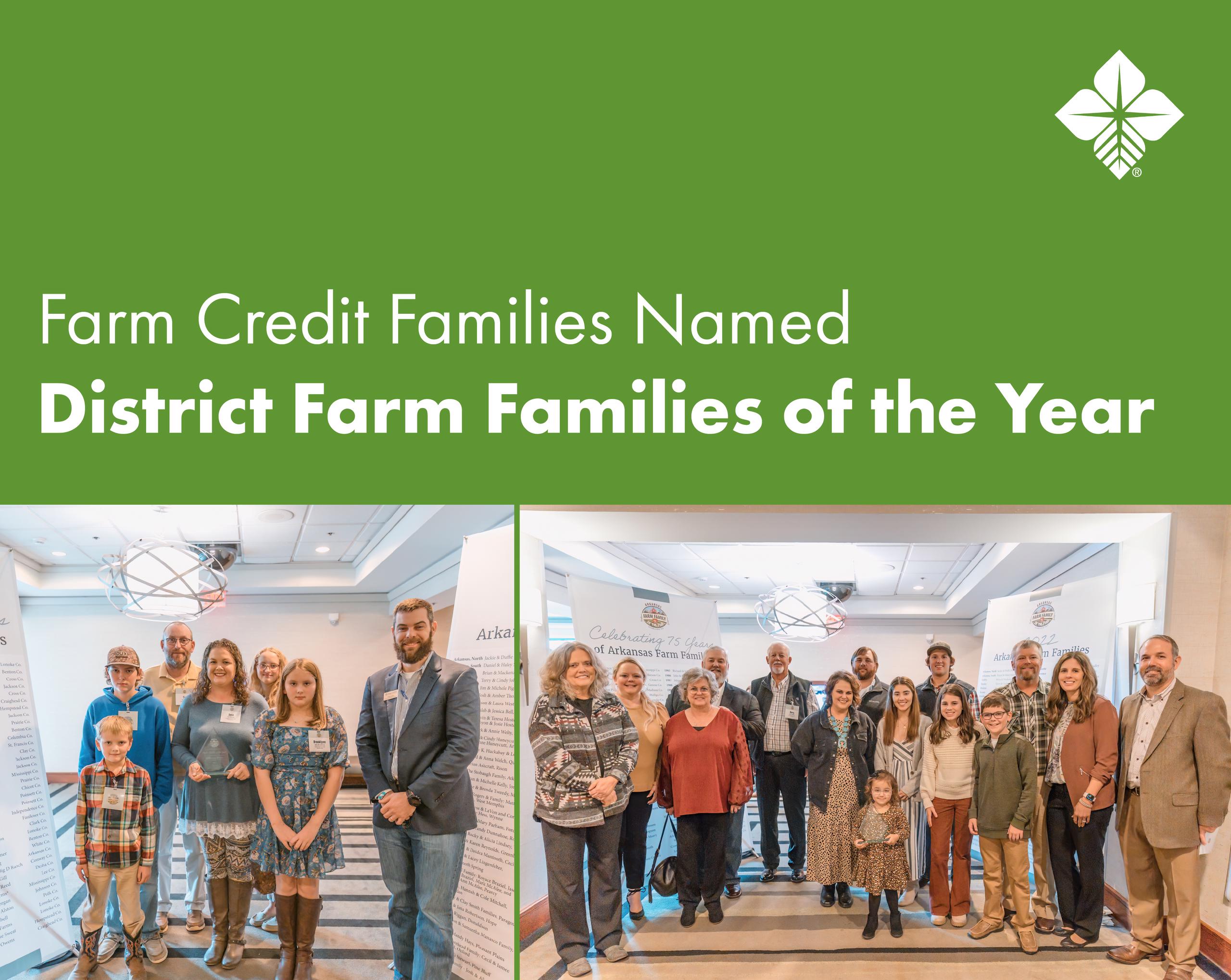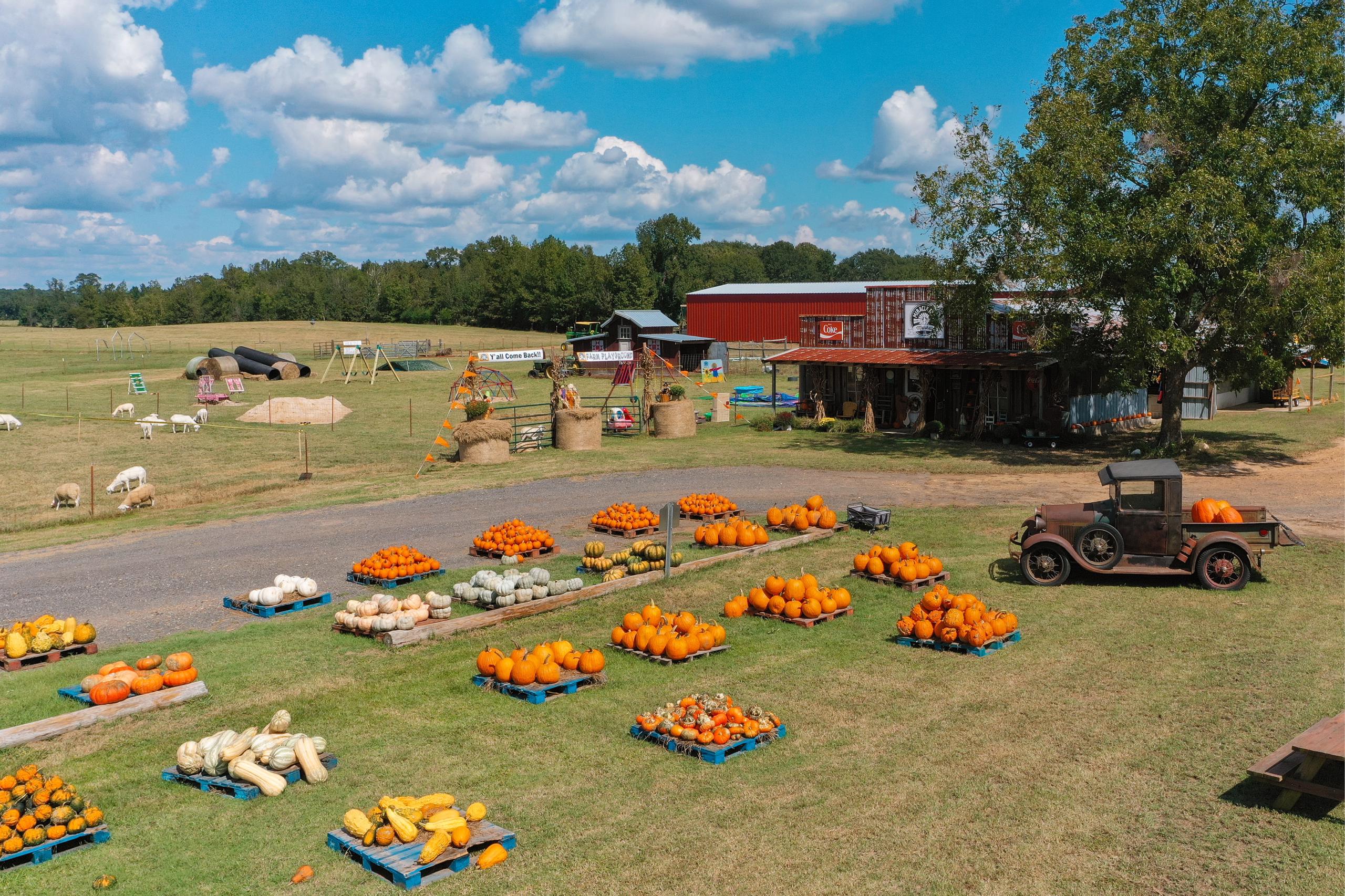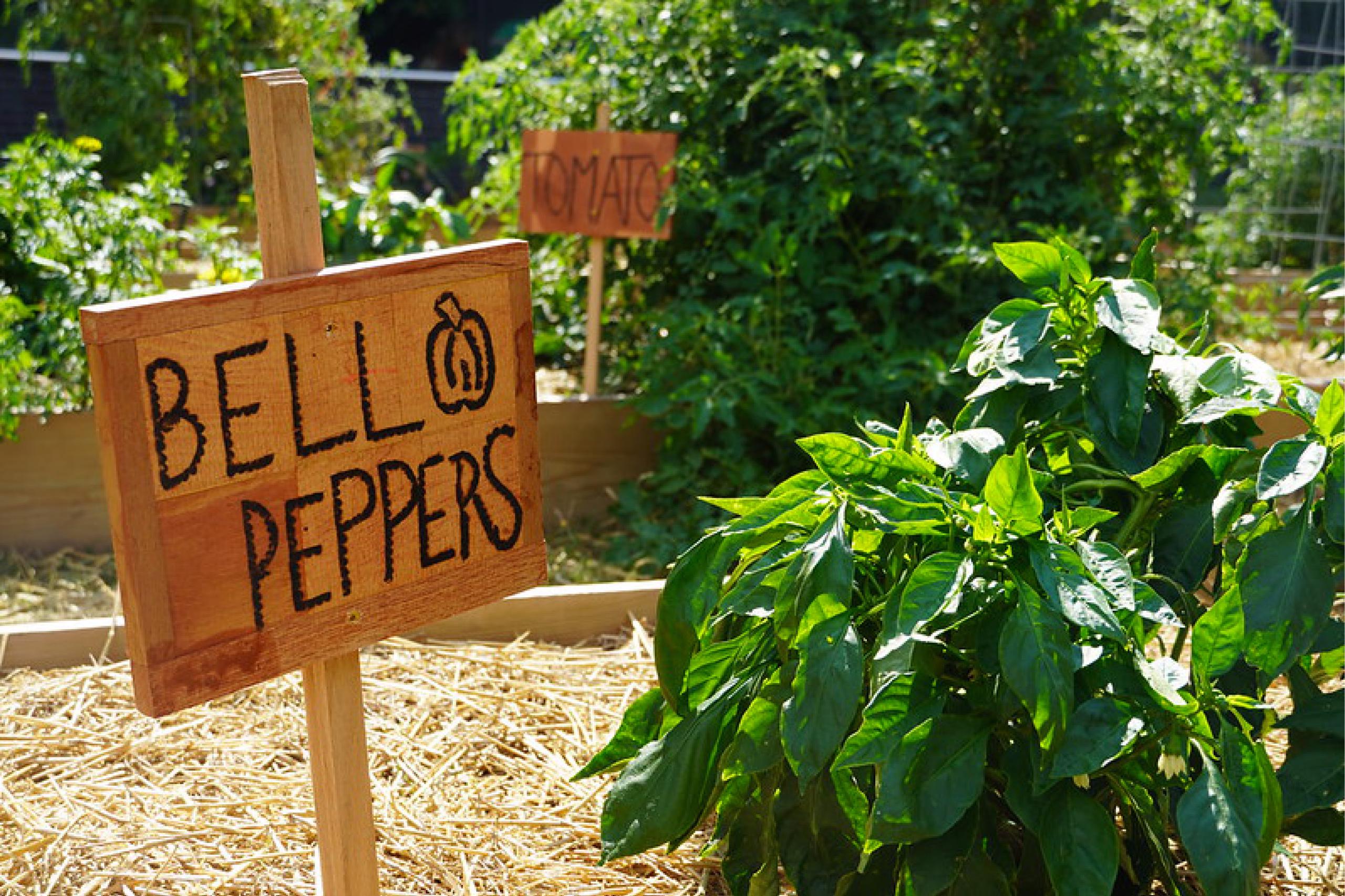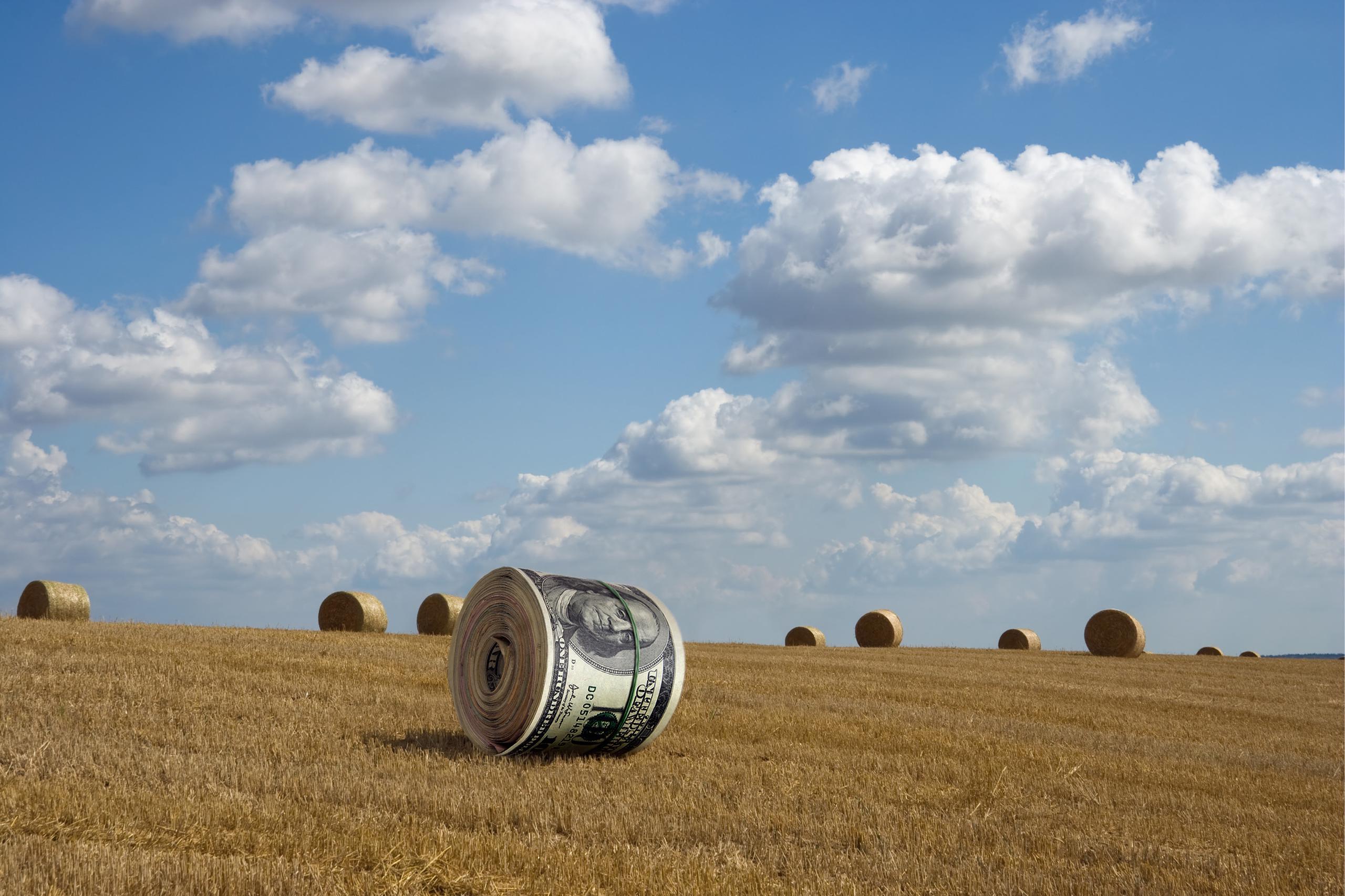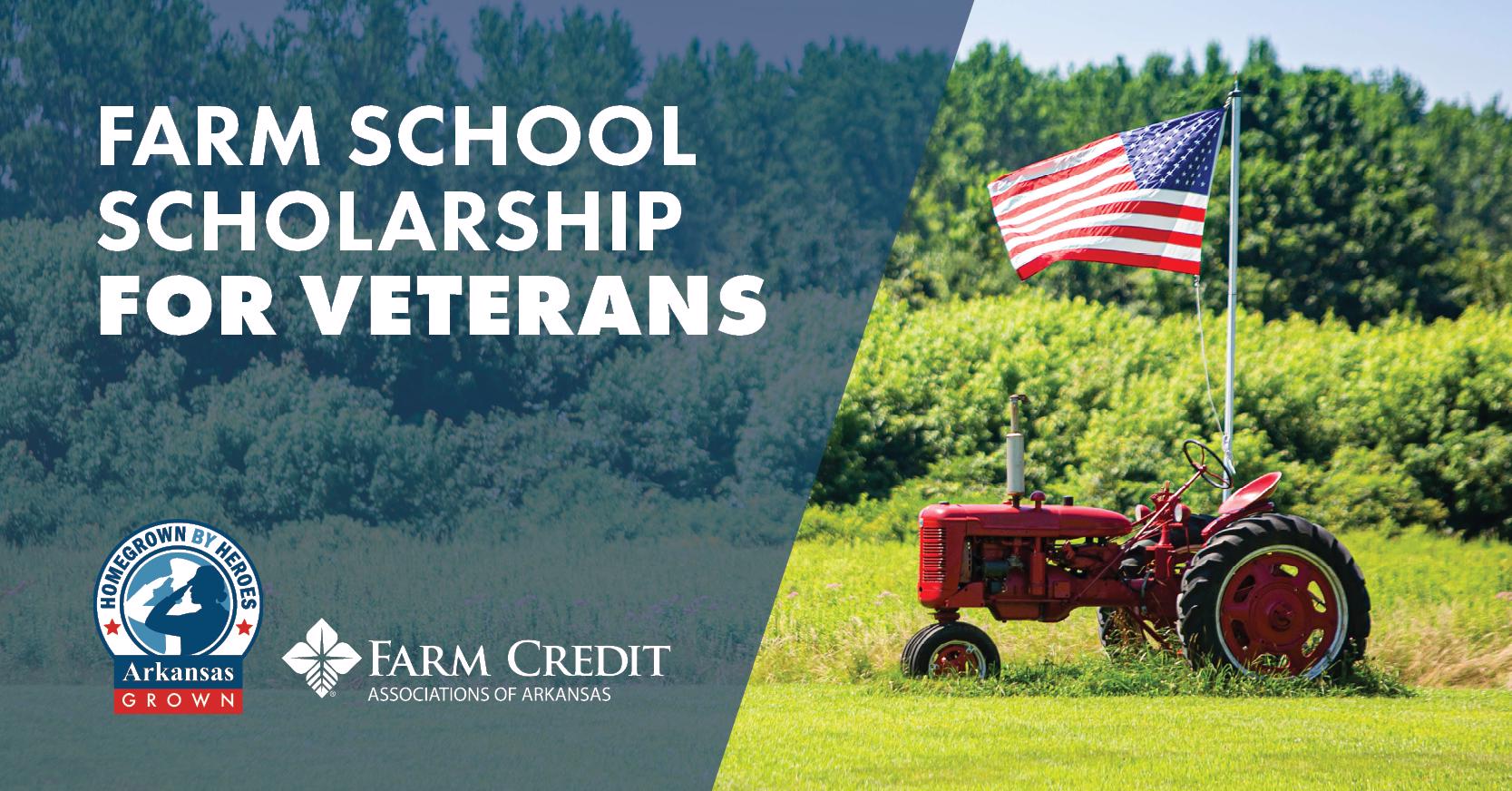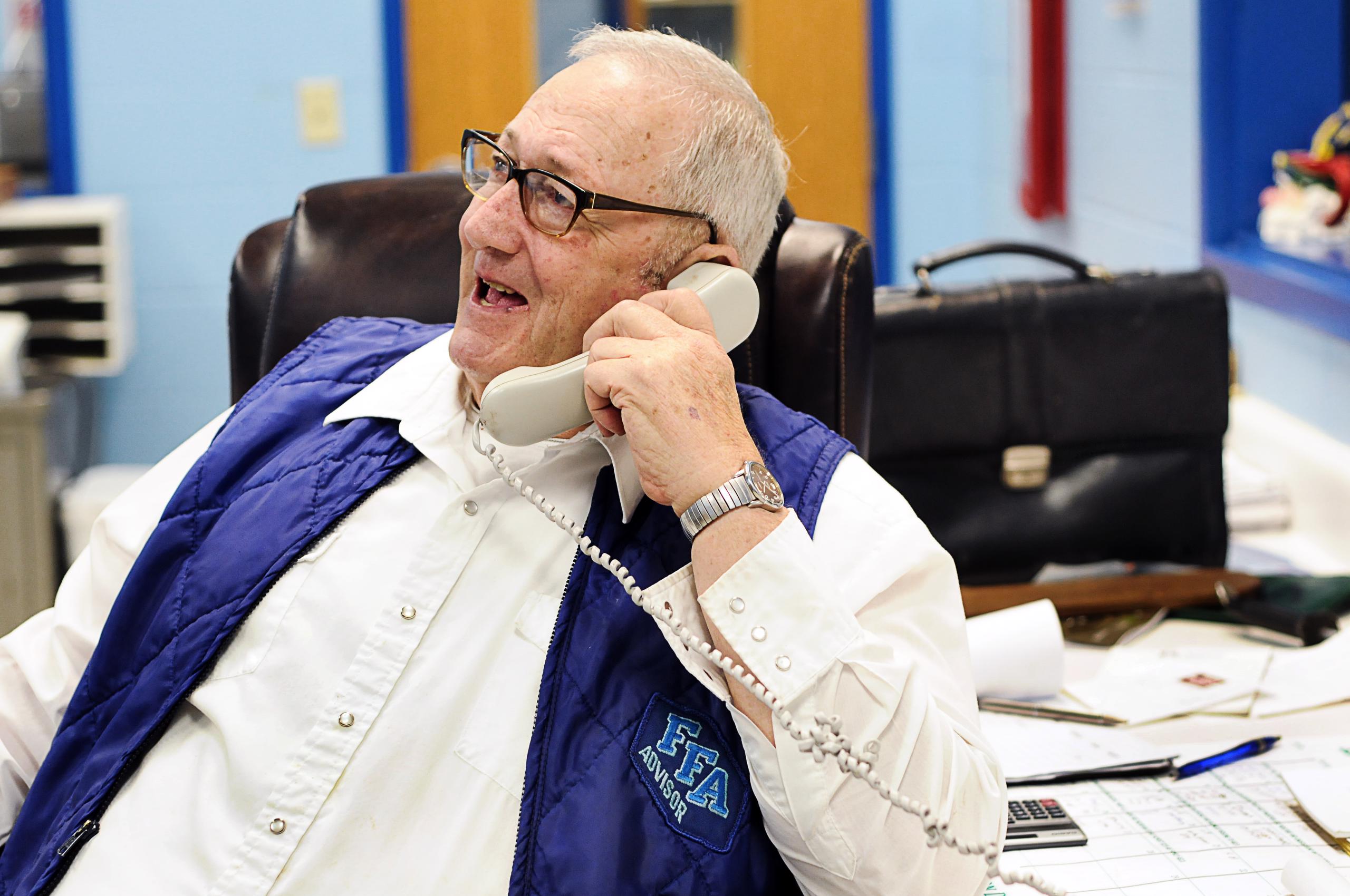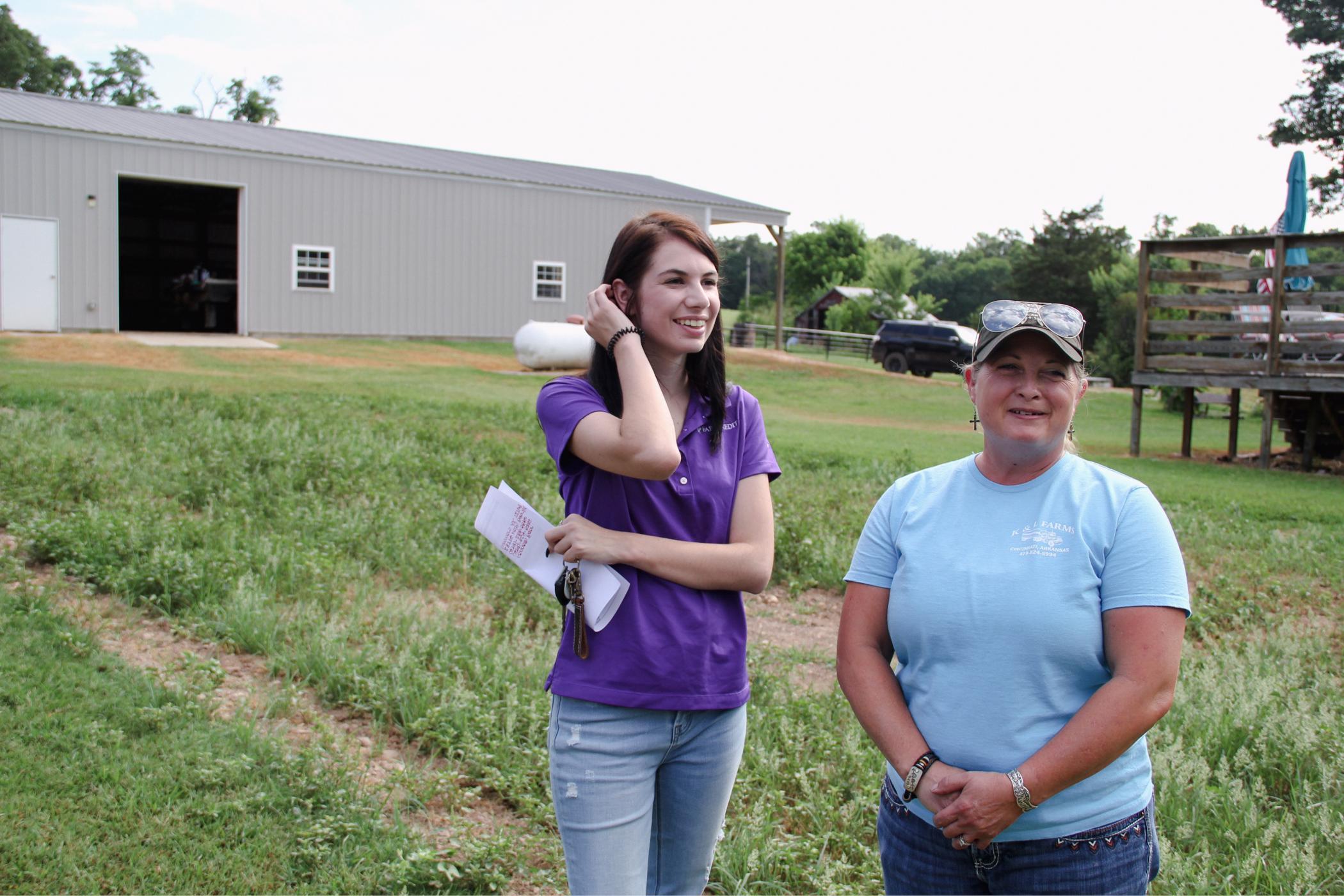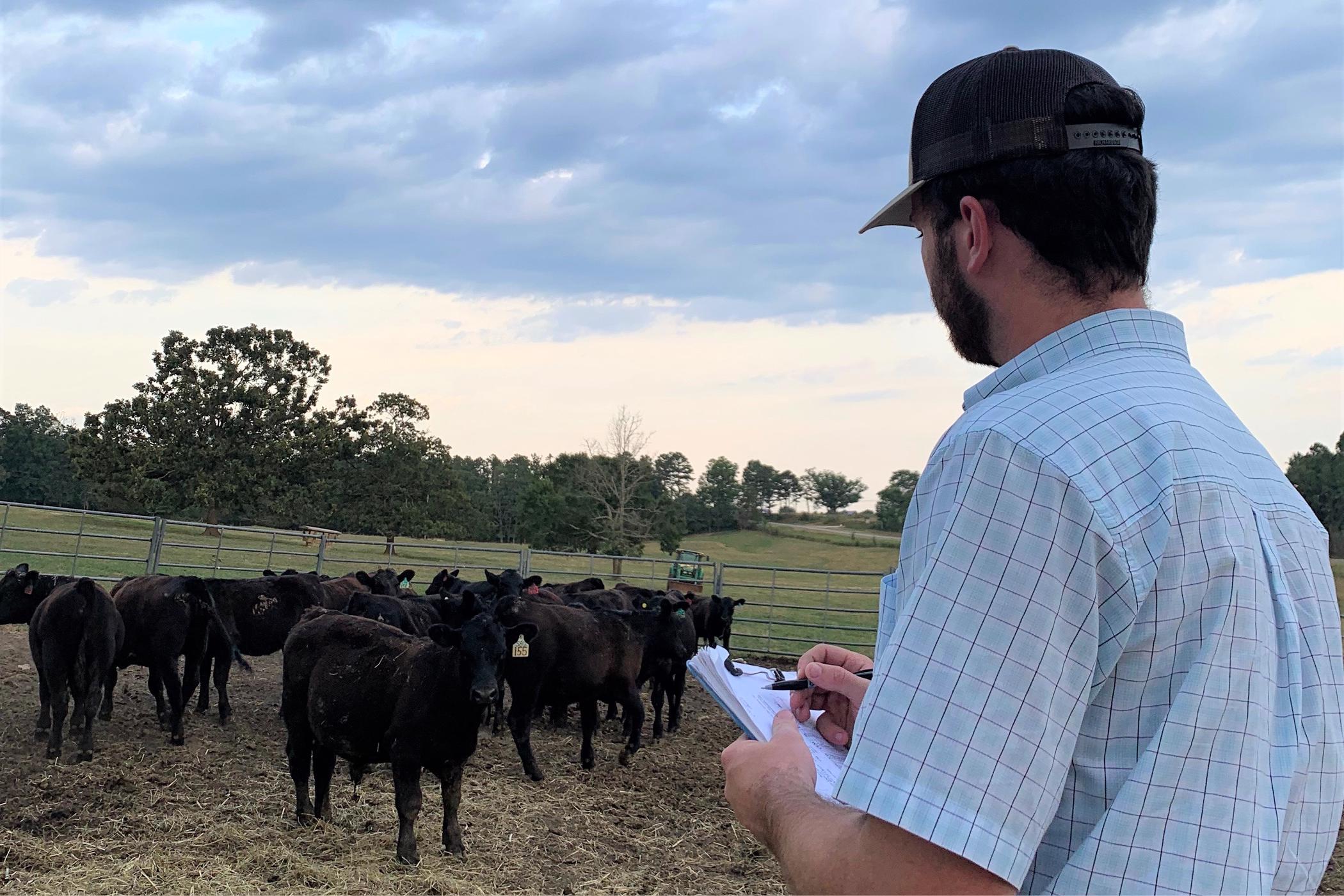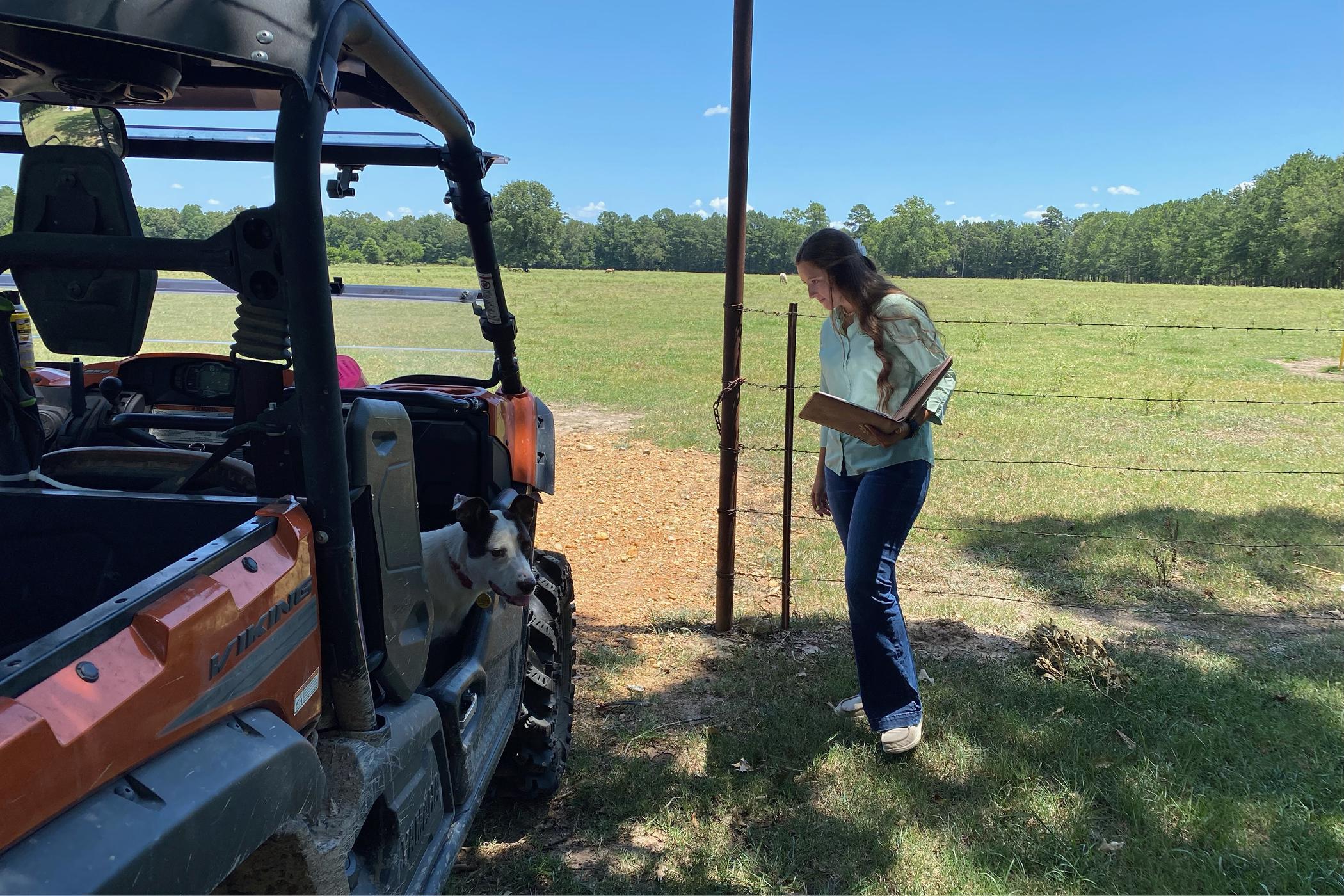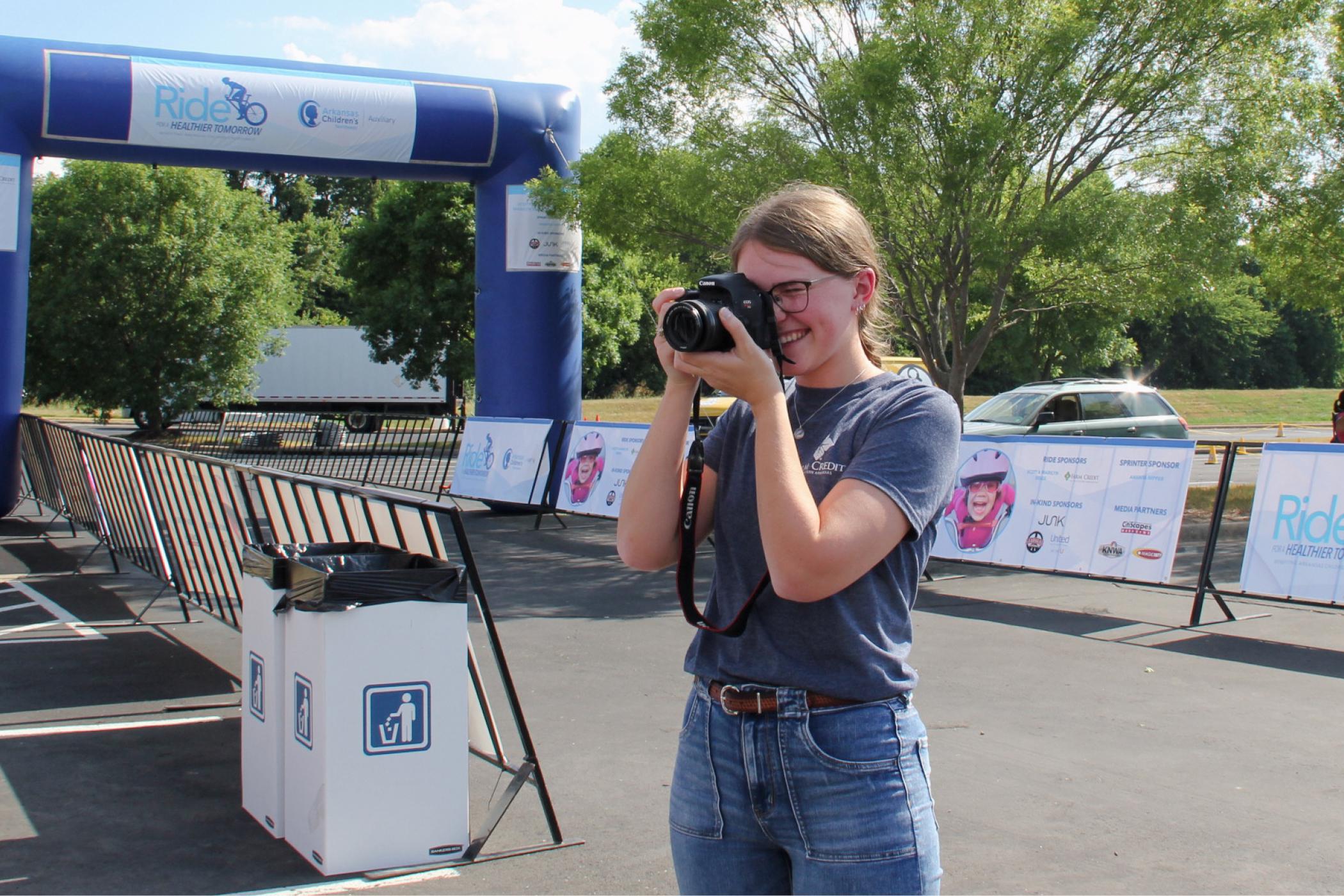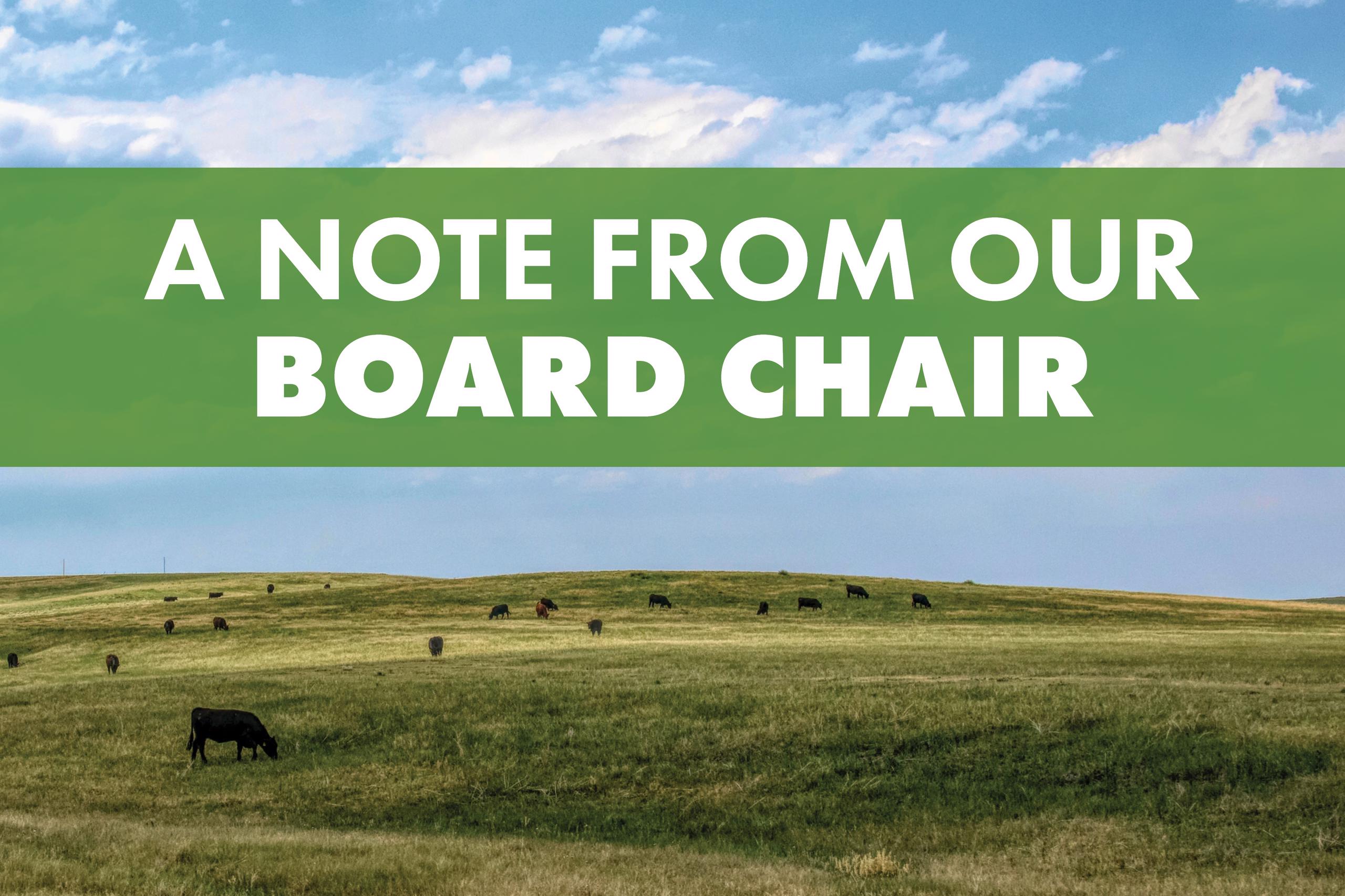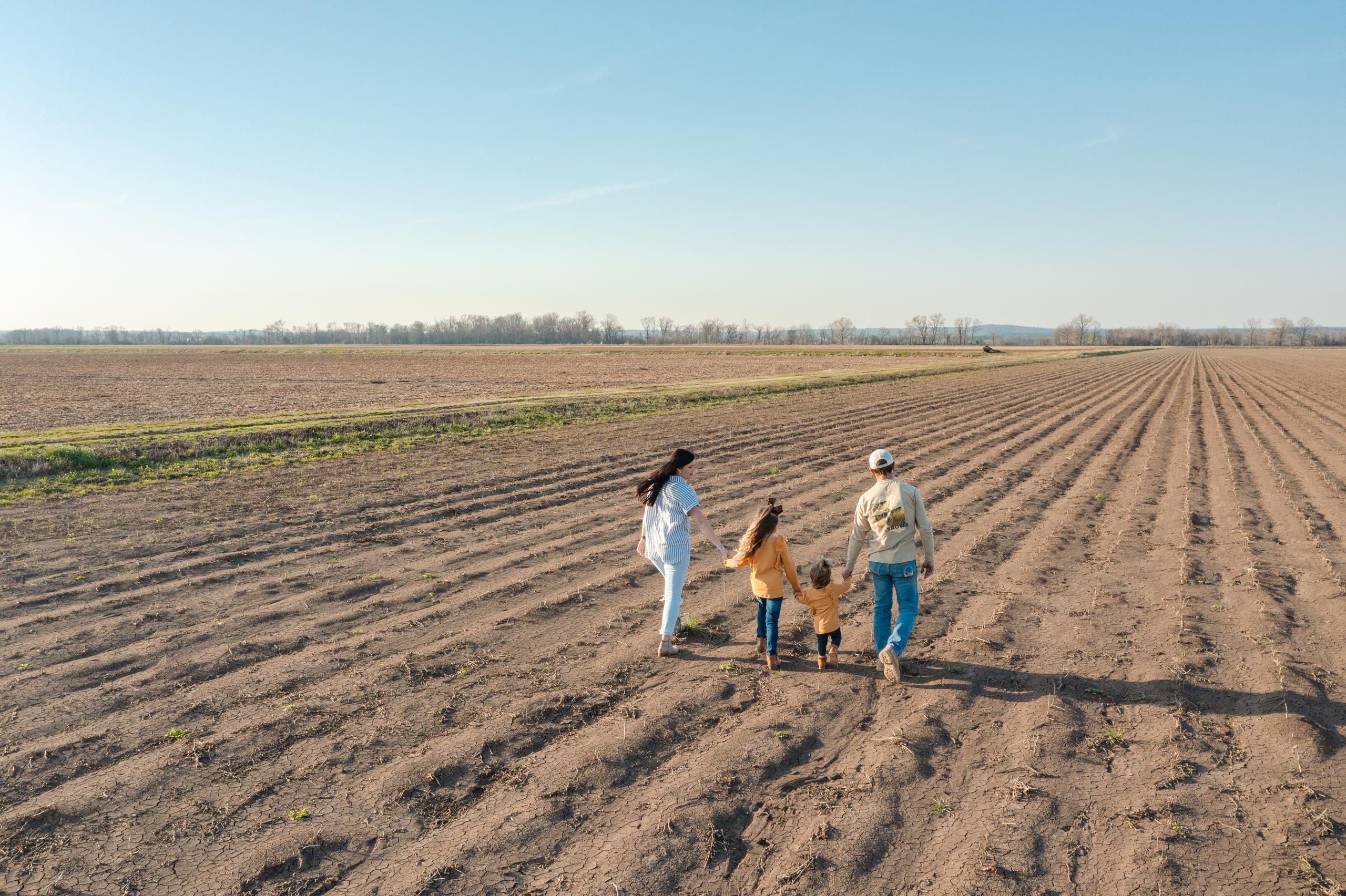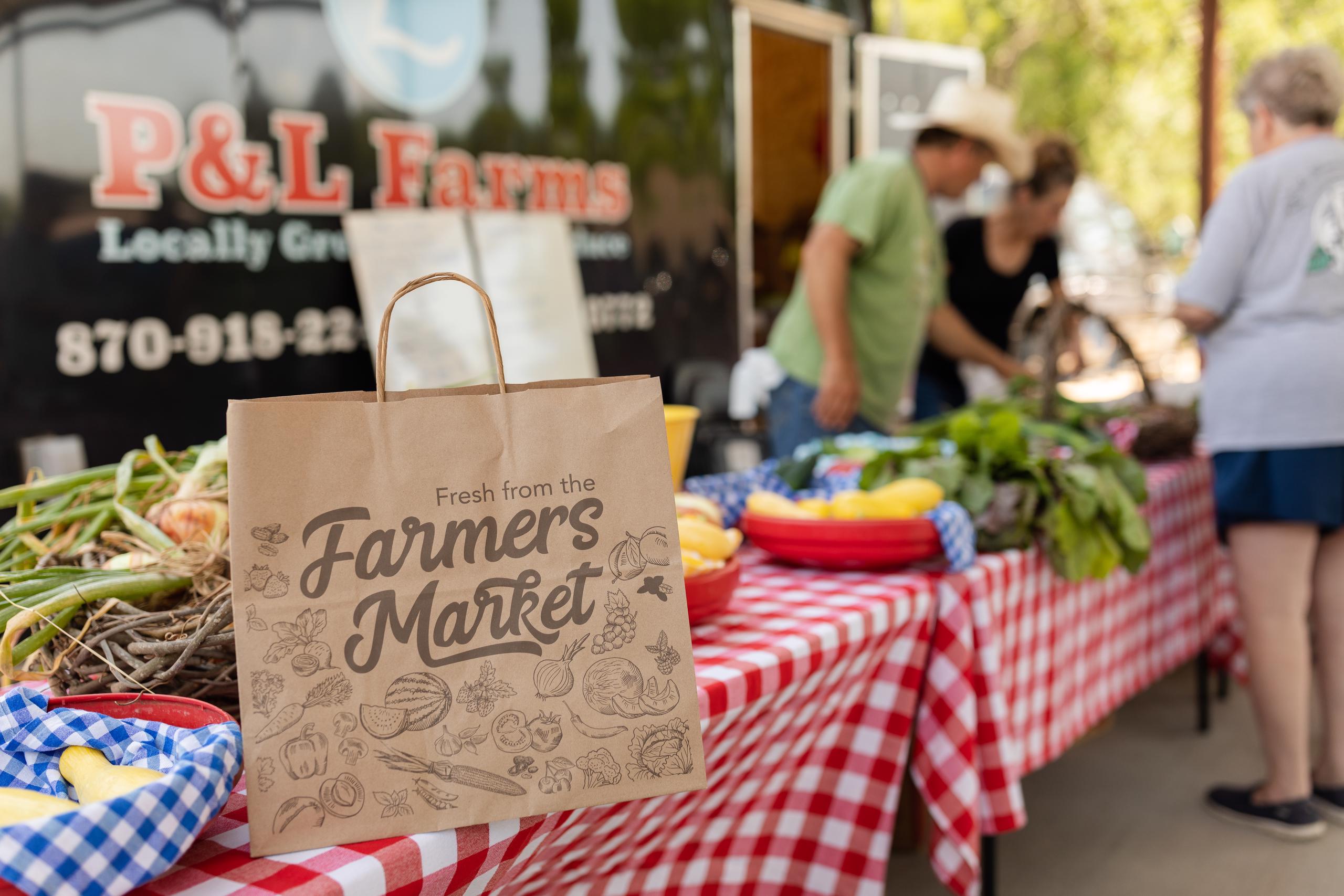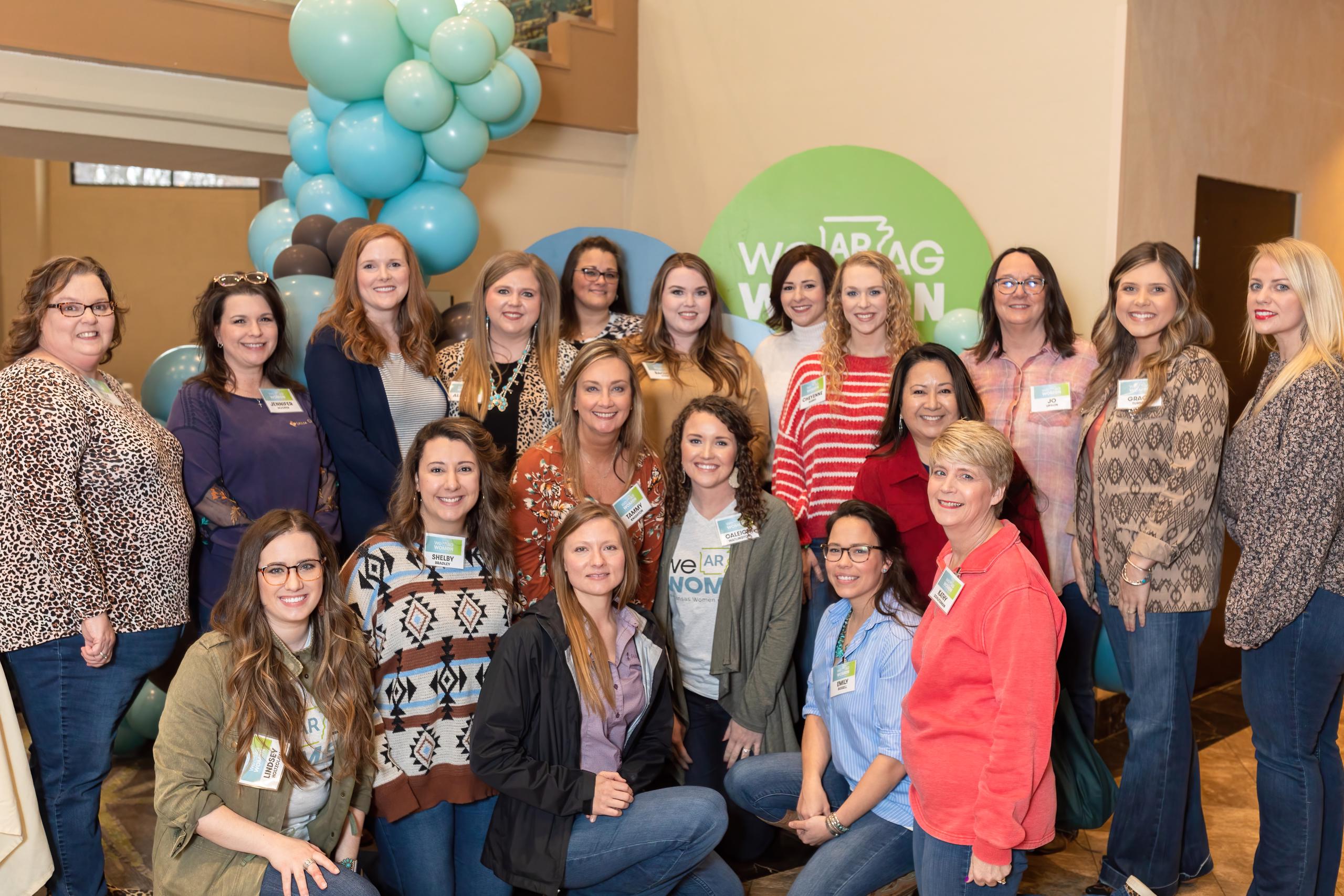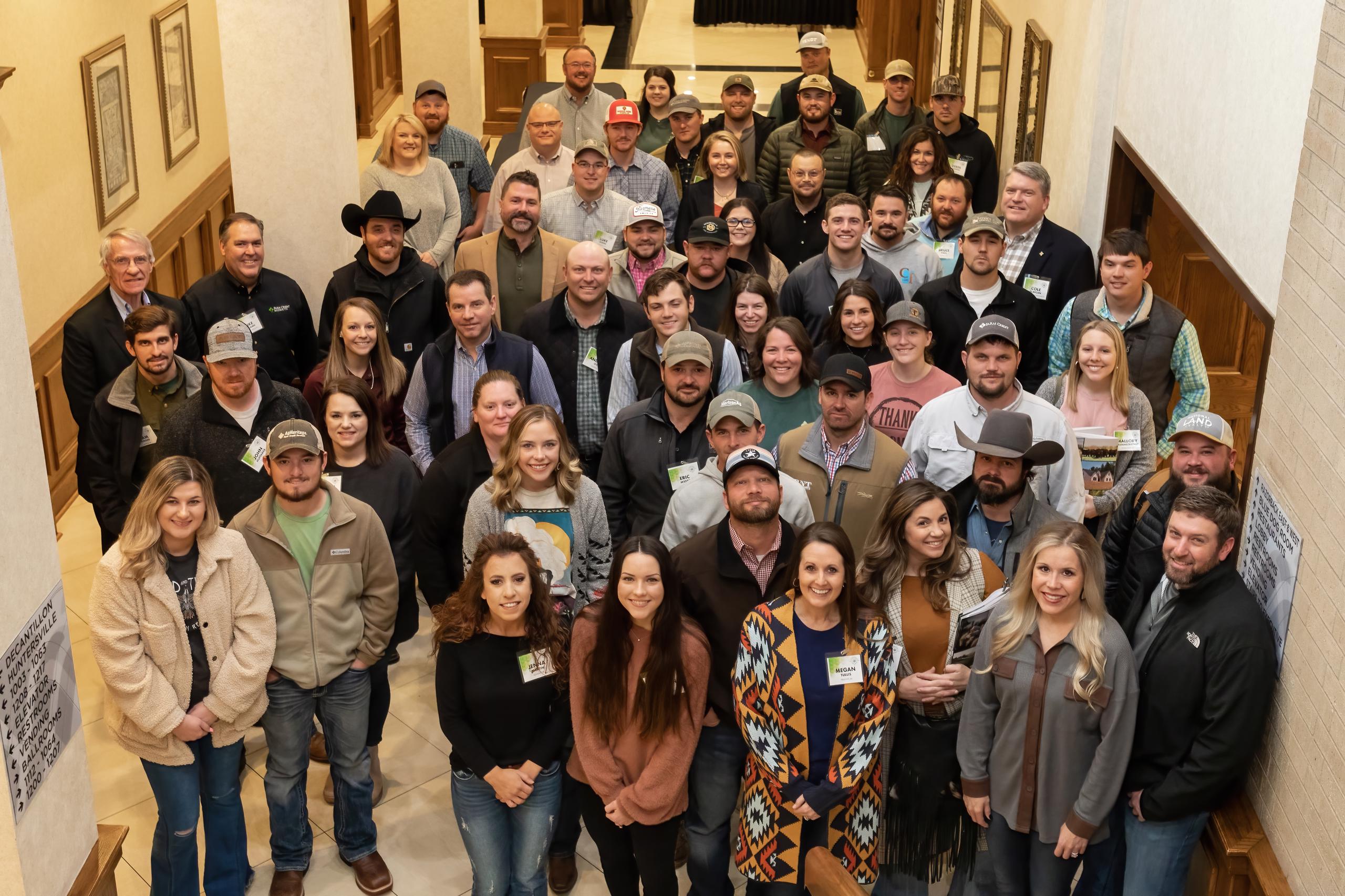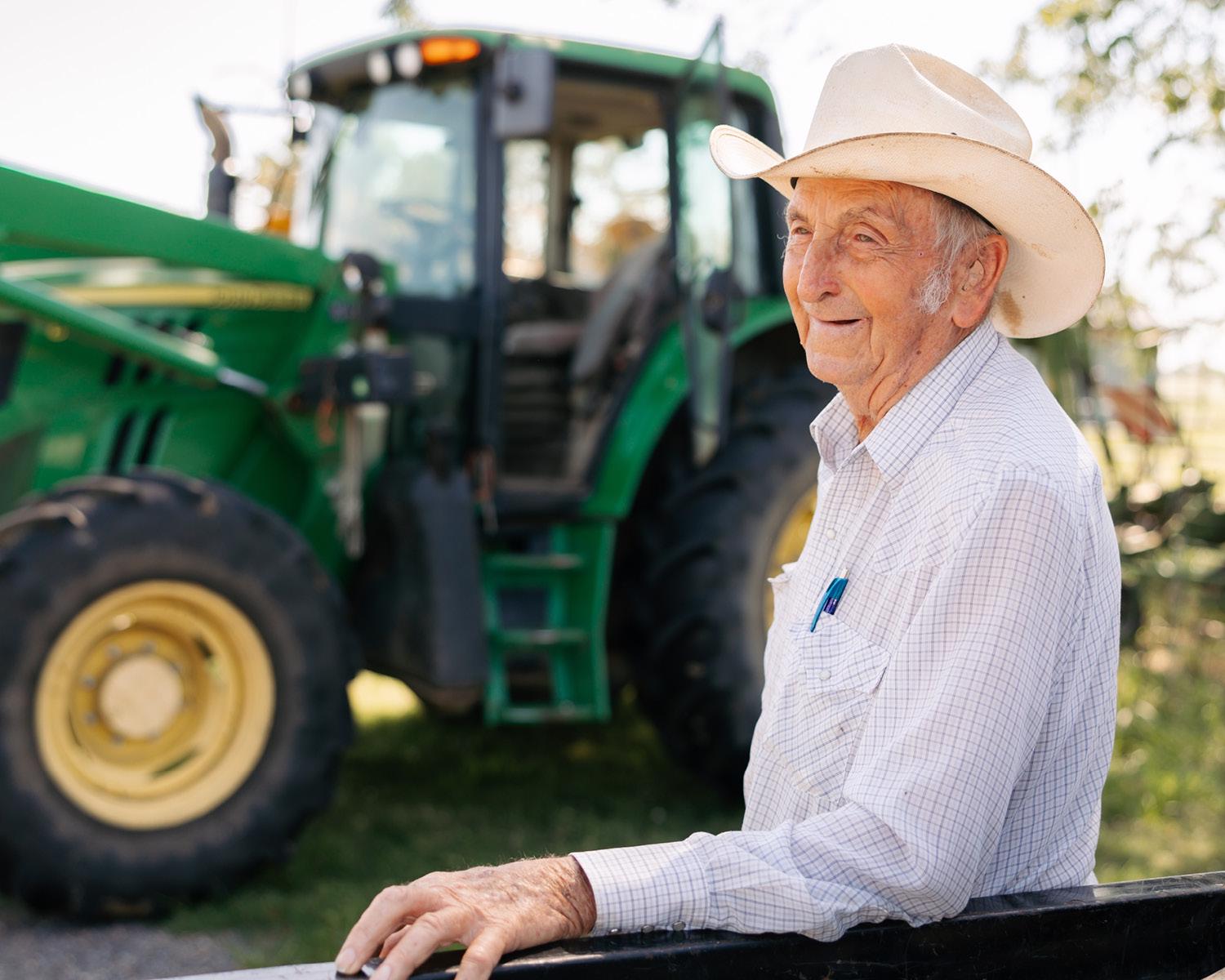

Hard Work Never Goes Out of Style
Glen Ford of Hempstead County continues career in farming after more than six decades.
In 1960, the landscape of farming was a far cry from what we see today. Tractors were simpler, fields were plowed without GPS, and a day’s success was often measured by the sweat on a farmer’s brow. Today, agriculture is high-tech, with drones and data analytics leading the charge. Yet, amidst these changes, one thing remains constant: at 88 years old, Glen Ford is still farming with the same dedication that he started with more than six decades ago.
Glen is a man of routine. Every morning at 5:30 a.m., he starts his day with a cup of coffee and breakfast before heading out to work on the farm. On Thursdays, you’ll find him in his usual seat at the Hope Livestock Auction by noon. Sundays and Wednesday nights are dedicated to Calvary Baptist Church, where he has been a deacon since 1968. This routine has been the bedrock of Glen’s life, as enduring as his marriage to Teresa, his wife of 66 years.
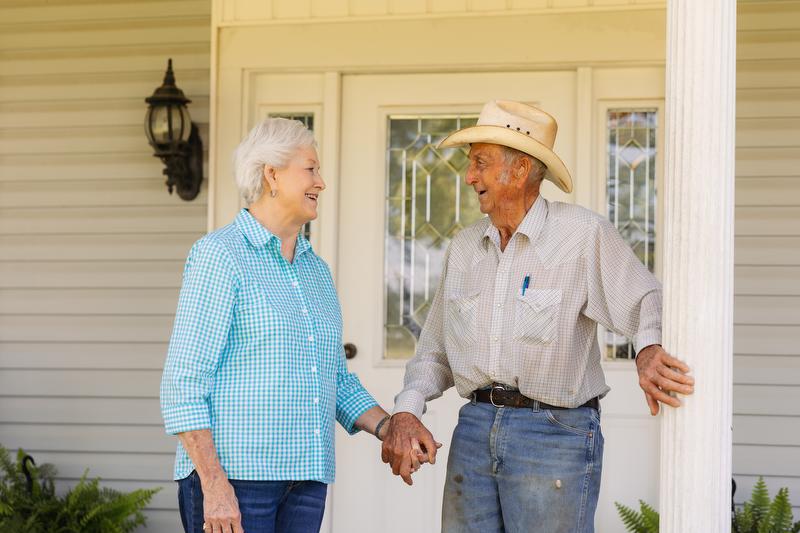
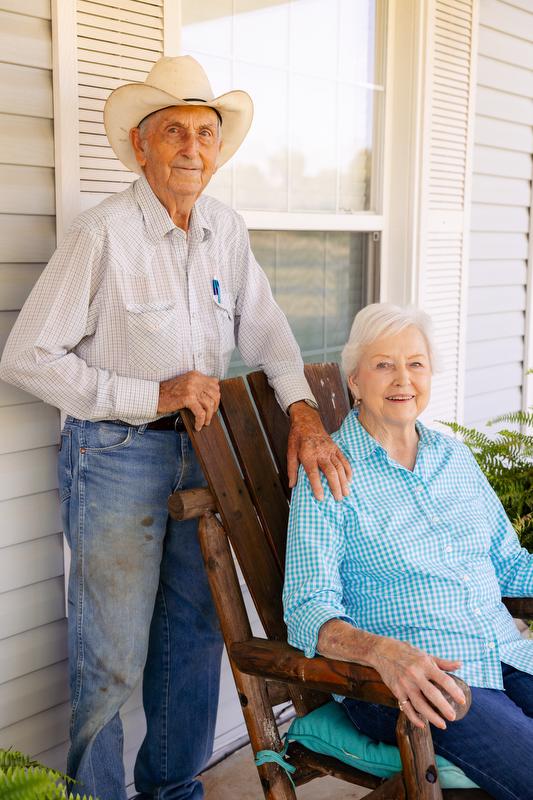
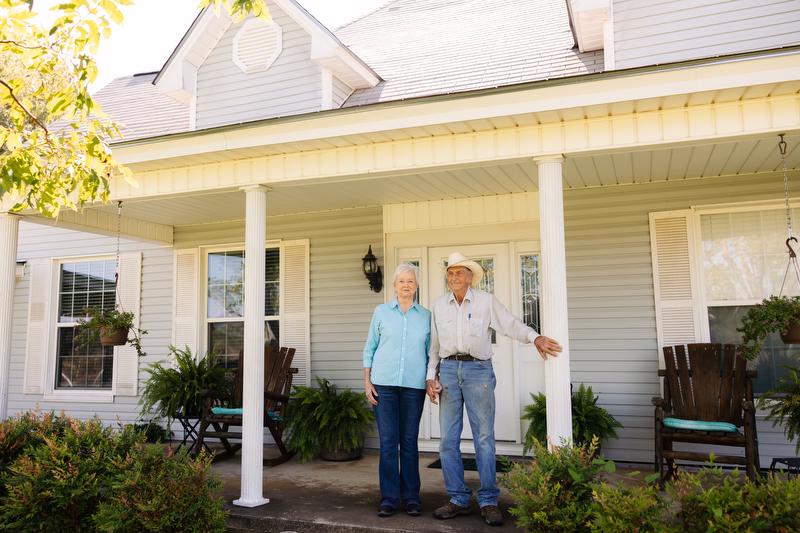
Glen and Teresa met in 1956 in Denton, Texas. Teresa had moved to Denton to study at Texas State and met Glen at a drive-in on her second night in town. A year and a half later, they were married. Glen, who grew up as the son of a sharecropper and was familiar with agriculture, began his farming career in 1960 when the couple moved to Arkansas with Teresa’s parents.
Teresa’s dad purchased a farm in Fulton, Arkansas, and Glen took out his first Farm Credit loan (then called Production Credit Association) for $25,000. With this, he built two chicken houses, equipped them, and still had money left over. By contrast, today it can cost upwards of half a million dollars to build a single chicken house.
Although Glen values routine, he didn’t enjoy managing chicken houses, so when his father-in-law decided to sell the farm, Glen left the poultry industry. After selling the farm, the family moved to Louisiana for seven years, working on a cattle farm near Natchitoches. When a sale barn in Hope, Arkansas, came up for sale in 1968, Glen and his father-in-law seized the opportunity.
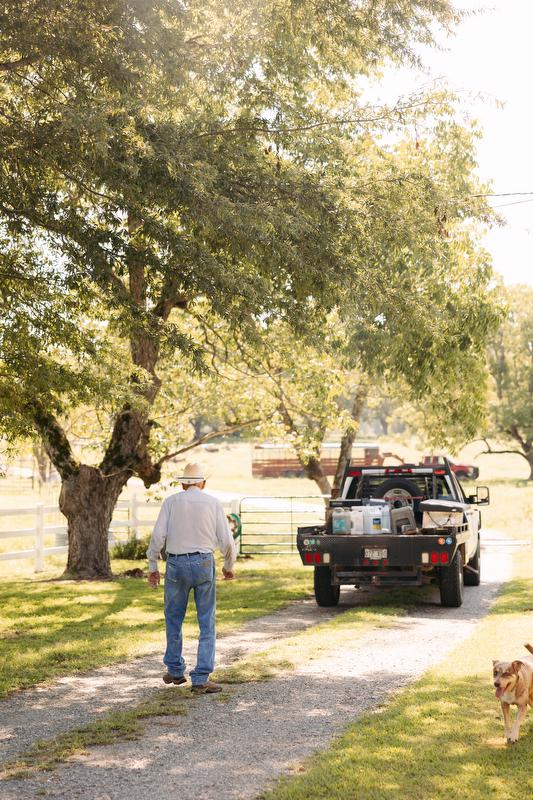
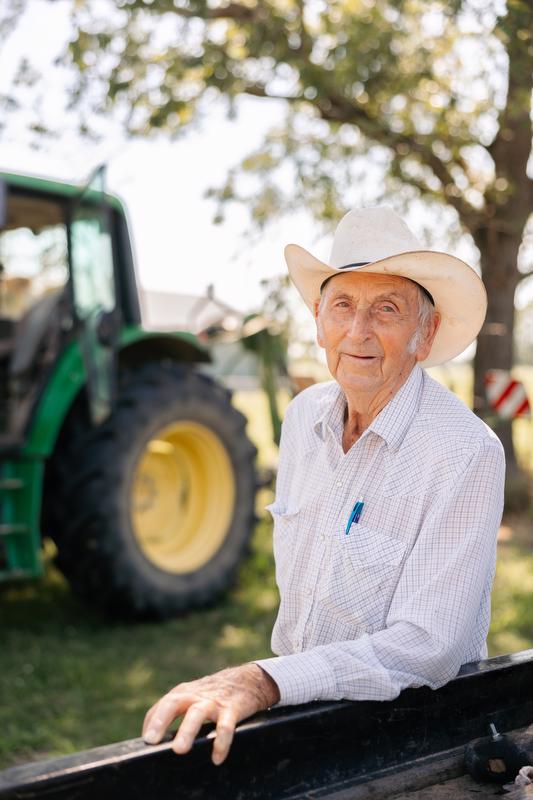
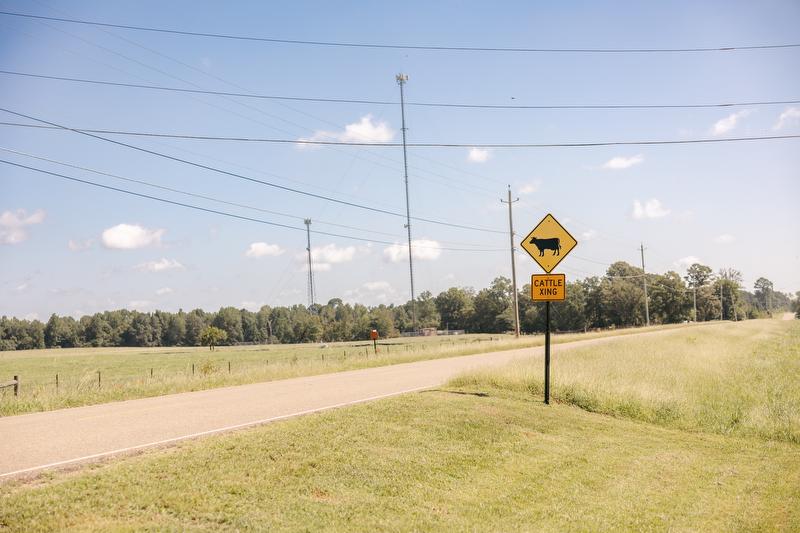
They bought the sale barn and built larger facilities, which the Hope Livestock Auction operates from today. For two years, they ran the barn together. Teresa helped run the office while pregnant and caring for their children, Lanny and Glenda. They sold the barn on June 1, 1970, and their third child, Darrell, was born on June 2.
In a full-circle moment, Glen’s son Darrell bought the Hope Livestock Auction in 2009, nearly four decades after it was sold out of the family. Glen jokes that running the barn was second nature, saying, “He was there the whole time his mama was carrying him.”
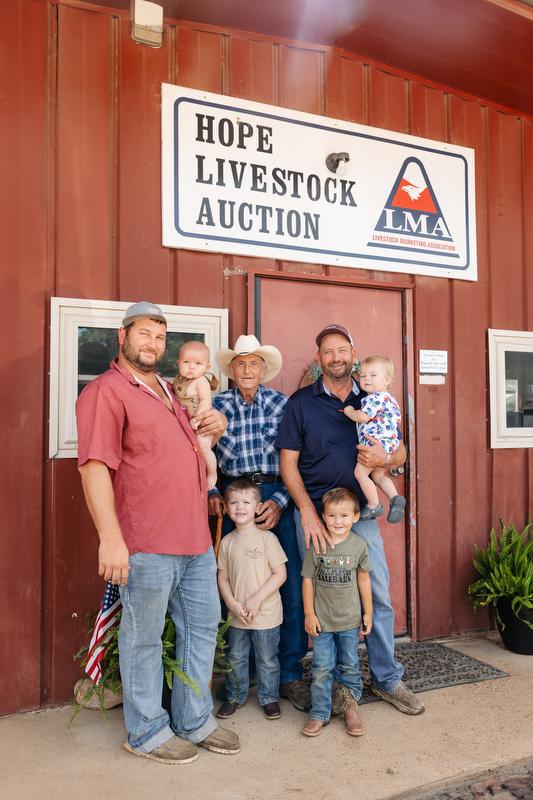
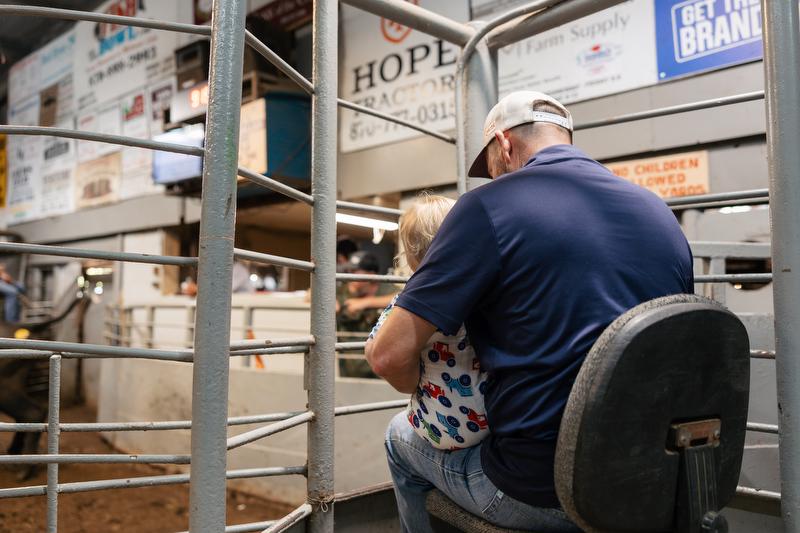
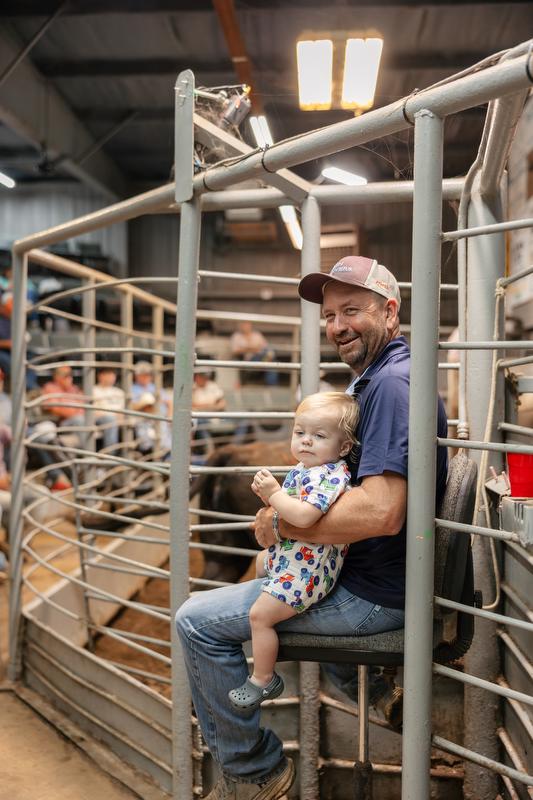
Now, Darrell and his son Kade run the barn, echoing the partnership Glen once shared with his father-in-law. This continuity is a testament to the Ford family’s deep roots in agriculture. Lanny, like Darrell, inherited his father’s love for agriculture. He is a full-time farmer and works in livestock marketing. Additionally, Glen's daughter, Glenda, and her husband, Mike, a veterinarian at West Prince Animal Hospital in Conway, contribute to the agricultural community through their work at the clinic, further extending the family's involvement in the industry.
When asked what values he hopes to have instilled in his children, Glen’s response is characteristically straightforward: hard work. And it’s clear this lesson stuck. His sons recall how Glen expected them to pitch in on the farm. Lanny remembers, “He was pretty eager to find something for you to do.”
This emphasis on hard work is evident in the next generation, with Glen’s grandchildren recalling how their grandpa didn’t take it easy on them. Many fond memories involve working alongside him, learning valuable lessons in diligence.
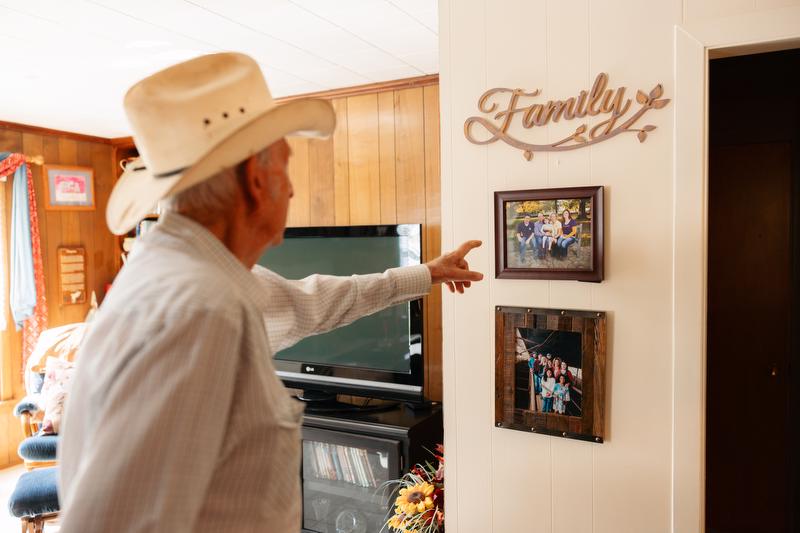
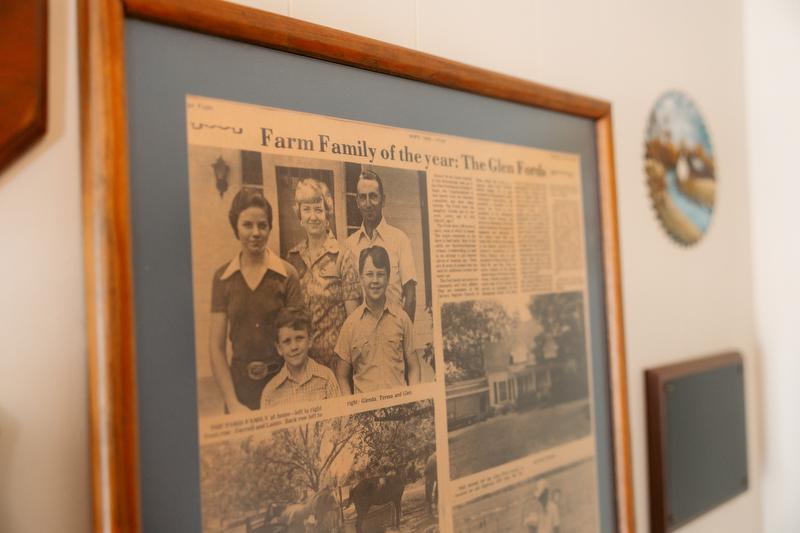
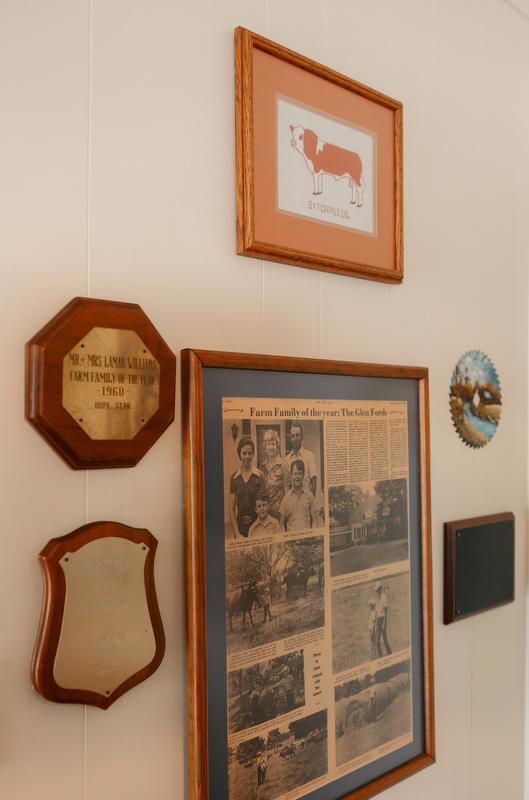
Kade recalls a day when his grandfather called him with a sense of urgency in his voice, telling him to hook up a trailer and come down to the farm immediately. Knowing better than to question his grandpa, Kade hurried over, only to find Glen sitting at the base of a pecan tree, having already roped a calf and used the tree to hold it in place.
Despite being well into his 70s and perhaps past his horse-riding days, Glen had single-handedly managed to wrangle the calf. Together, they loaded the calf, suffering from hoof rot, onto the trailer to take to the veterinarian.
In another story, Kade remembers spending half an hour trying to sort some bulls. When his efforts failed, Glen simply said, “Hang on. " In five minutes, he had the bulls sorted and ready to go, proving once again that his experience and determination were unmatched.
“When he gets his mind set on something, it’s going to happen,” Kade says.
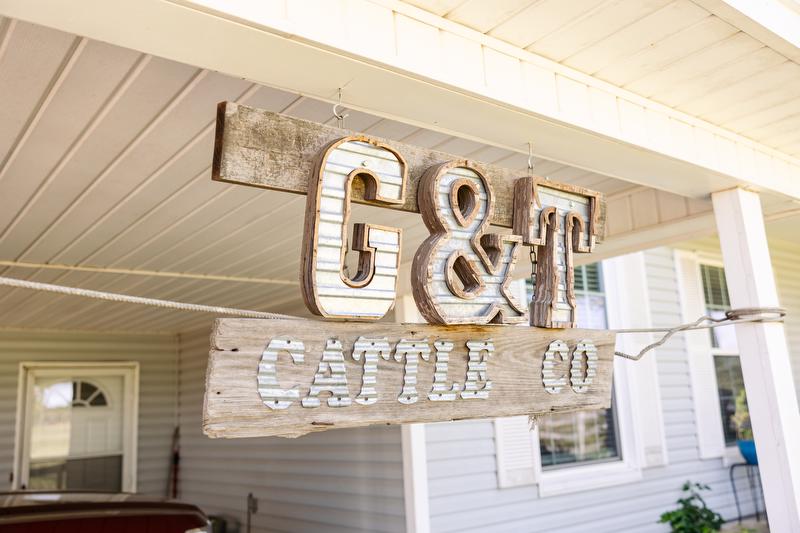
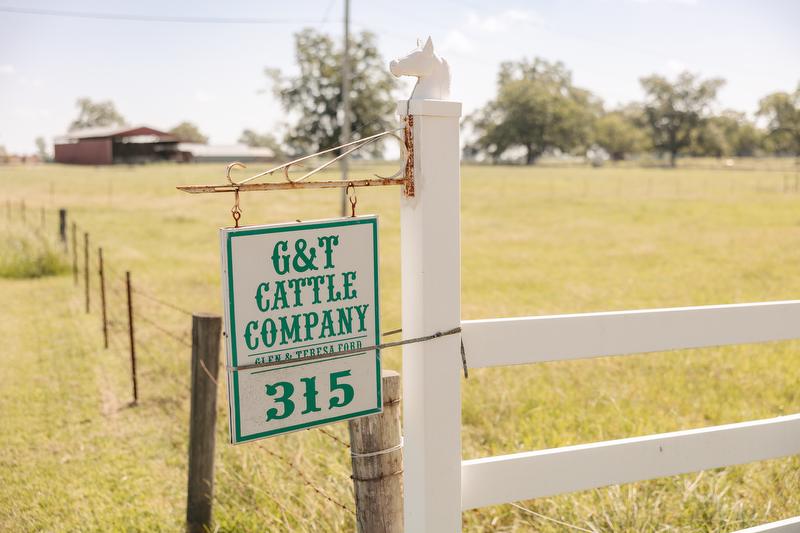
After selling the sale barn, Glen bought the farm he manages today, and G&T Cattle Co. was born. The name stands for Glen and Teresa, which is fitting because you can’t have one without the other.
Ranching in the 1970s was tough and required a strong partnership to manage their 150-acre farm and raise three children. Teresa worked part-time as a church secretary and managed the household, while Glen worked as a livestock market reporter with the Arkansas Cooperative Extension Service, traveling to various livestock auctions to record cattle prices.
Lanny remembers how his parents worked hard to provide for the family: “They didn’t inherit anything but a sore back. Times were tough, but they never filed bankruptcy or were late on a payment.”
Glen has seen many changes in agriculture over the years, including the transition from the Production Credit Association to Farm Credit. His line of credit has even spanned multiple generations of Farm Credit loan officers. His current loan officer, Clay Lance, has known Glen for most of his life.
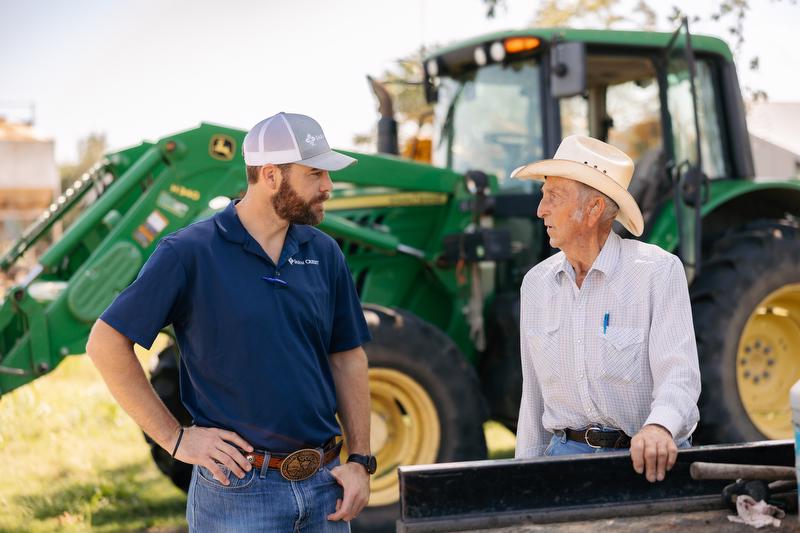
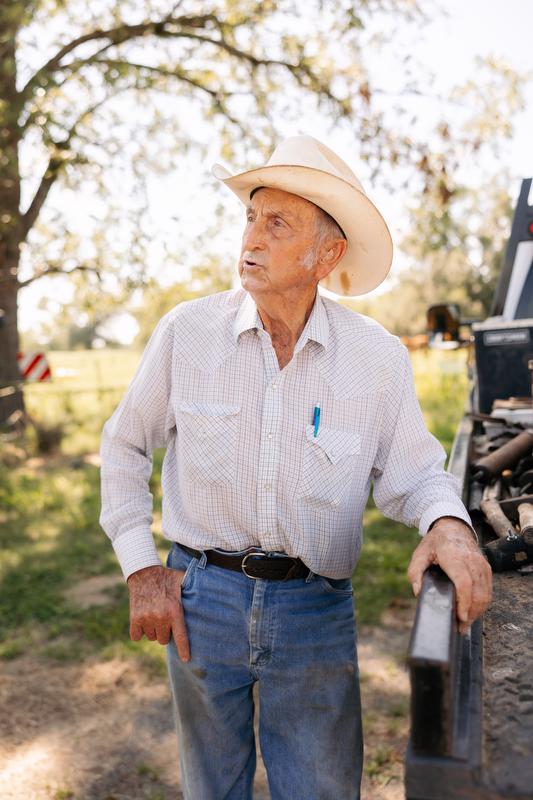
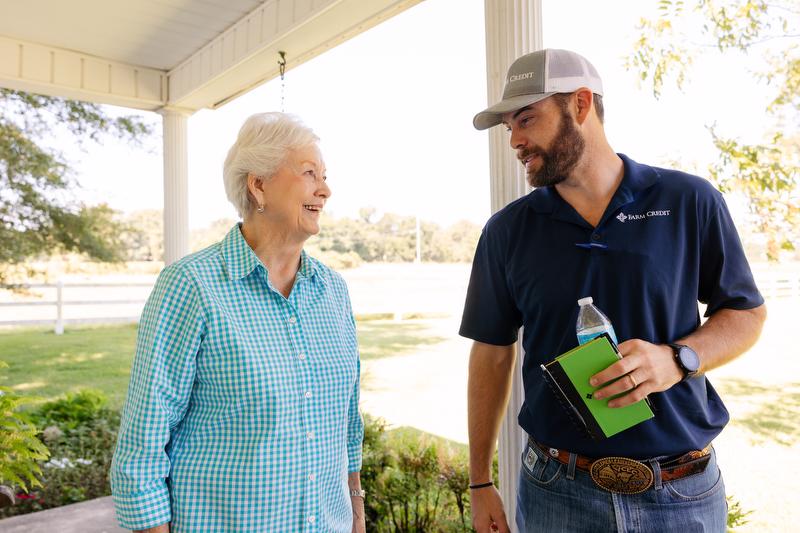
“Mr. Ford is known for honesty, integrity, and just doing what is right,” Clay says. I value his work ethic and his tenacity. His willingness to keep going, moving, and staying active is to be admired and commended.”
Glen’s community involvement has made him a local celebrity in Hempstead County, particularly in agriculture. Jeff Milam, current livestock market reporter, admires Glen and his 24-year career in market reporting. Jeff describes Glen as a respected figure in the industry. 9
“He’s been Mr. Ford for a long time,” Jeff says, “He was always just that man who you greatly respected. If you had any desire to be in the cow business, he was the one you looked up to. He was a cowboy, but he’s also a true cow man and rancher.”
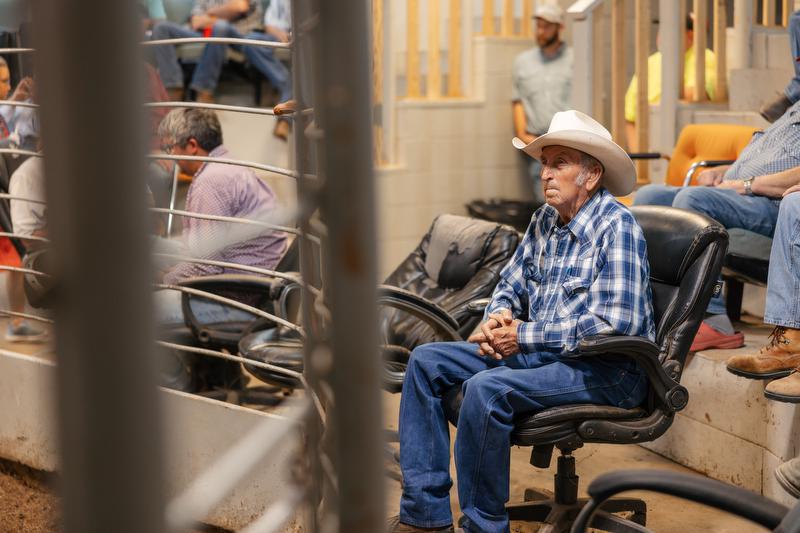
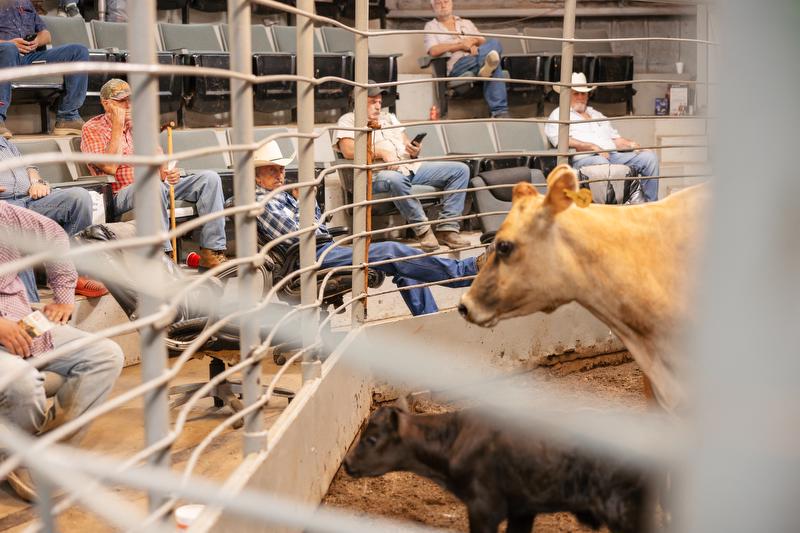
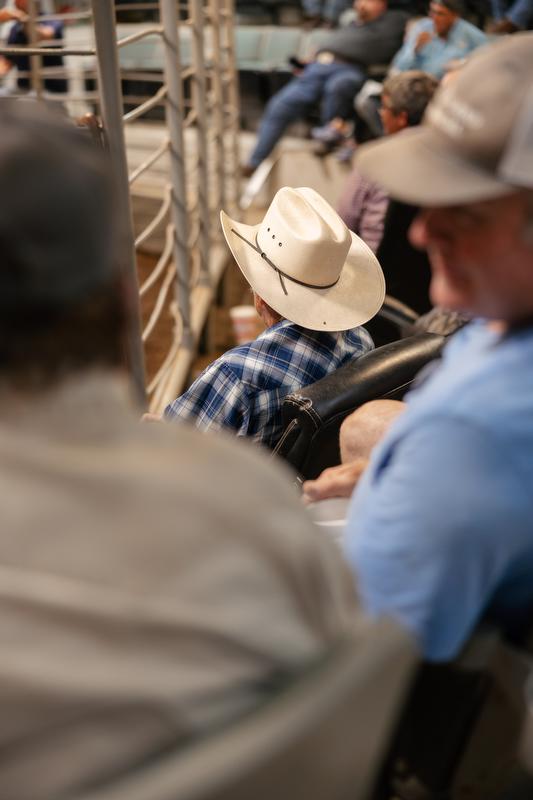
As a testament to the lasting impact of Glen's legacy, Clay notes, “Mr. Ford’s legacy and values are evident through his kids, grandkids, and great-grandkids who are able to have a solid last name, good reputation, and agriculture foundation in which they are all sustaining.”
If you find yourself in Hope, Arkansas, and pass Glen Ford’s farm, there’s a good chance you’ll see him still hard at work. Whether he’s on the tractor raking hay, checking cows in his iconic flatbed truck, or zipping around on a four-wheeler spraying weeds, Glen is never idle. And if it’s a Thursday, you’ll need to head to the Hope Livestock Auction to find him, likely sitting in his usual seat or up by the gate, operating the controls to let the cattle in.
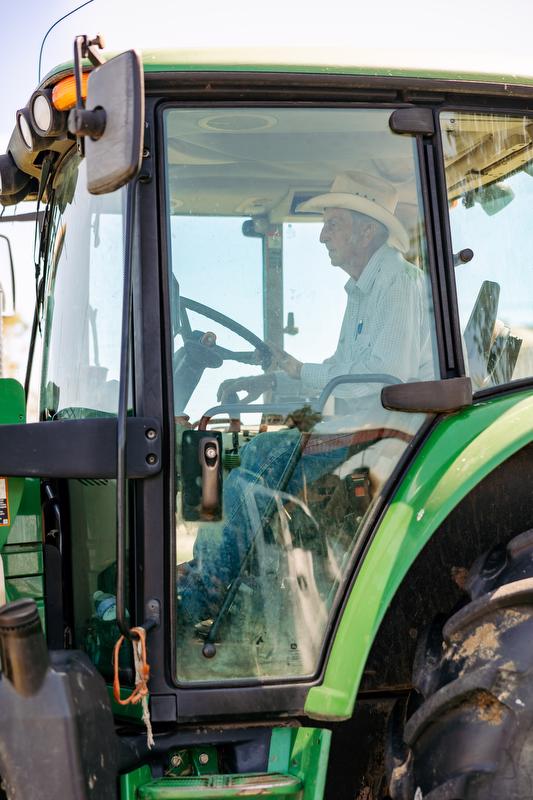
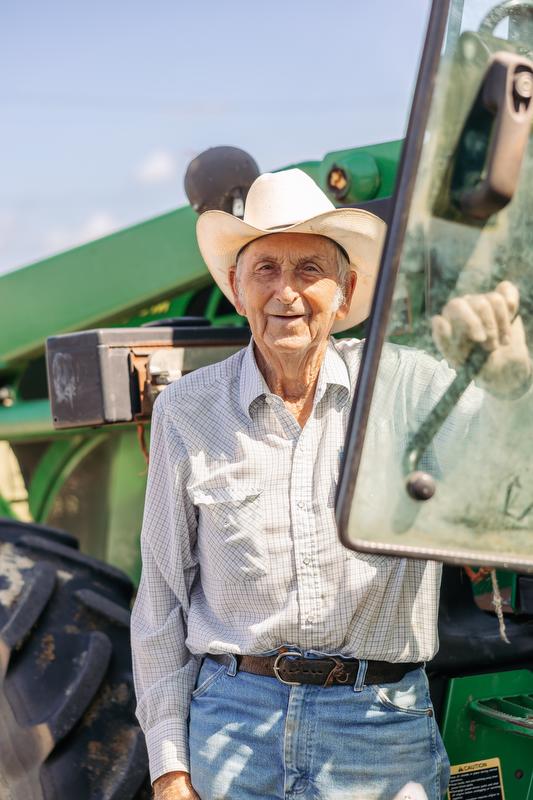
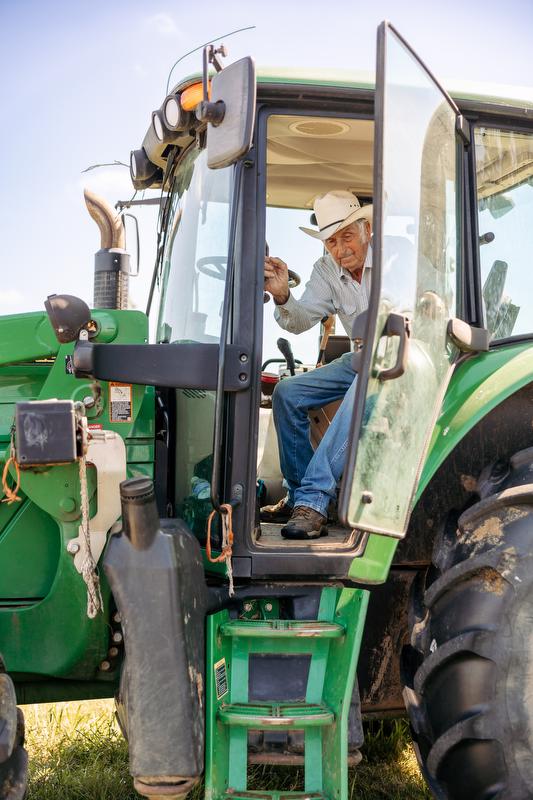
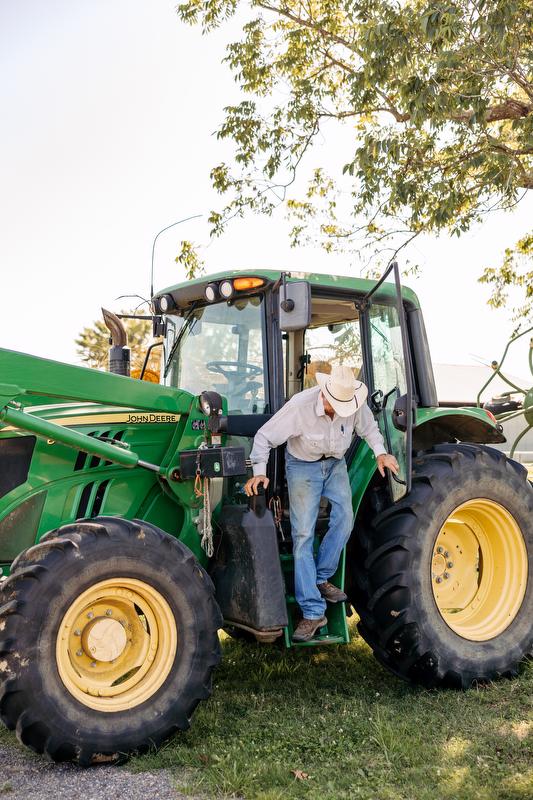
As Lanny puts it, "I'm never waiting on him. He's always waiting on me." Glen may not be able to do as much physically as he used to, but he continues to find ways to modify tasks to fit his abilities and notes, “I can sit in a tractor all day." And that's exactly what he'll keep doing, embodying the timeless spirit of the American farmer—a spirit valuing hard work, dedication, and a deep connection to the land, and reminds us that even as agriculture and farming continue to evolve, these values remain ageless.
Other News





